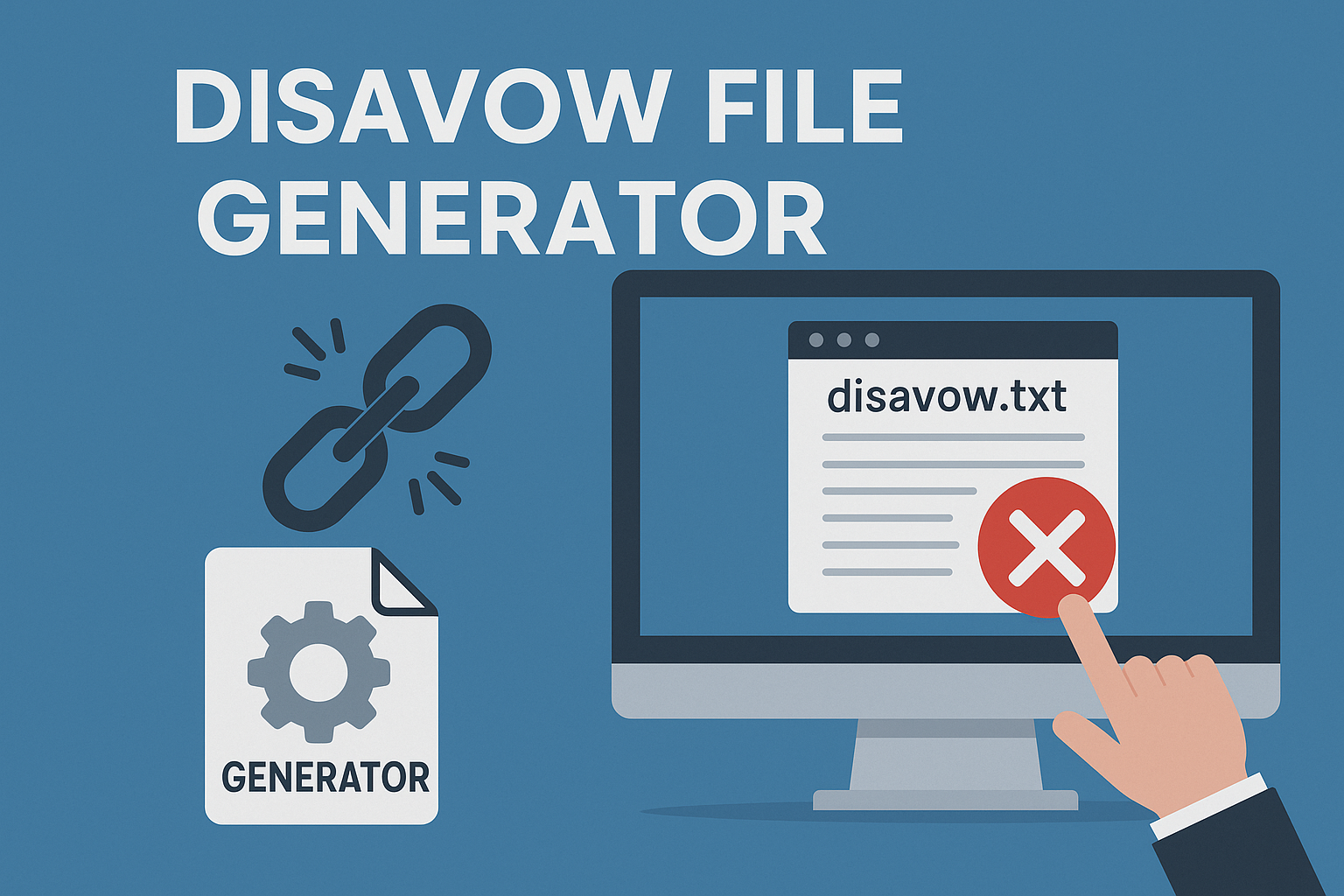Small businesses face unique challenges when building their online presence. Limited resources mean every dollar spent on digital strategies must deliver measurable results. This guide simplifies the search for high-value platforms that align with lean budgets while still packing essential features.
Why prioritize cost-conscious options? Many startups and local companies operate with tight marketing budgets. Overpriced software can drain funds better used for content creation or customer outreach. The right solutions strike a balance between price and performance, offering analytics, keyword tracking, and competitor insights without unnecessary extras.
We’ve analyzed recommendations from industry experts like Bryce Emley, alongside hands-on testing data from trusted sources, including insights from a backlinkmanagement.io neuraltext review article, and other backlinkmanagement.io reviews. Our findings highlight platforms praised for intuitive interfaces and flexible pricing tiers. You’ll discover options that scale as your business grows, avoiding long-term contracts that lock you into unsuitable plans. When expanding internationally, having access to an experienced SEO company in Singapore can drastically improve outreach ROI and link acquisition across APAC regions.
This curated list focuses on practical benefits over flashy add-ons. Each recommendation includes real-world usability notes and side-by-side comparisons. Whether you’re optimizing local listings or improving site speed, these selections prioritize organic traffic growth over complex features.
Key Takeaways
- Identifies platforms balancing essential features with budget-friendly pricing
- Highlights solutions validated by digital marketing professionals
- Compares usability factors like dashboard navigation and reporting clarity
- Focuses on flexible subscriptions without hidden fees
- Prioritizes tools that adapt to evolving business needs
Introduction: The Power of SEO for Small Businesses
In today’s digital marketplace, visibility separates thriving businesses from those struggling to be found. For local shops and startups, strategic search practices aren’t just helpful—they’re essential for survival. High-intent searches drive targeted traffic, turning casual browsers into loyal customers.
Why Smaller Teams Need Focused Strategies
Limited manpower makes efficiency non-negotiable. A three-person team can’t waste hours on clunky platforms or vague analytics. Streamlined solutions help identify low-competition keywords quickly, letting teams prioritize high-impact tasks. As BloggingSEOCopywriting notes:
“Keyword research forms the backbone of any successful digital strategy.”
Entrepreneur’s data reinforces this: businesses using tailored marketing resources see 3x faster growth than those relying on generic approaches. Clear insights into search trends allow smaller teams to punch above their weight, even against larger competitors.
Maximizing Impact Without Overspending
Smart businesses don’t need premium subscriptions to start seeing results. Free browser extensions and trial plans offer robust keyword tracking and site audits. One bakery owner doubled online orders by targeting phrases like “gluten-free cupcakes near me”—a tactic requiring zero upfront investment.
The right mix of research and execution transforms limitations into advantages. Upcoming sections explore platforms that simplify this process, helping you focus on what matters: connecting with customers and scaling sustainably.
To better understand how to gauge the effectiveness of your link building efforts, take a closer look at these essential link building metrics and learn how to interpret them for improved SEO performance.
Understanding SEO Tools and Their Core Features
Digital strategy platforms provide actionable insights that shape effective online campaigns. These systems analyze search patterns, website health, and competitor tactics through measurable metrics. Free meta tag extractor – By focusing on data-driven decisions, businesses refine their approach without guesswork.
Keyword Research Capabilities
Accurate keyword identification separates effective campaigns from wasted efforts. Top platforms evaluate monthly search volume and ranking difficulty scores. For example, Ubersuggest reveals related phrases like “vegan bakery delivery” alongside local search trends.
BloggingSEOCopywriting emphasizes:
“Metrics like click-through potential and seasonal demand shifts determine true keyword value.”
This helps teams prioritize terms matching their audience’s intent. If you’re looking to tighten your marketing budget without compromising on performance, our guide to the most affordable SEO toolkit offers a carefully curated list of top picks.
Site Audits and Traffic Analysis
Regular website checkups uncover technical issues impacting visibility. Broken links, slow loading times, and mobile compatibility errors often hide in plain sight. Traffic analysis tools map user behavior, showing which pages convert visitors into customers.
| Feature | Free Tools | Paid Solutions |
|---|---|---|
| Monthly Search Volume | Basic estimates | Real-time updates |
| Rank Difficulty Scores | Limited keywords | Detailed breakdowns |
| Competitor Backlinks | Sample data | Full domain analysis |
Small teams should prioritize platforms offering clear benchmarks. Metrics like bounce rate reductions or conversion improvements prove a tool’s effectiveness. Start with free trials to test compatibility with your workflow before committing.
SEO professionals looking for scalable traffic solutions will appreciate our comparative review of SerpClix alternatives tailored for long-term growth.
Affordable SEO Tools for Keyword Research
Effective keyword research acts as the compass for digital strategies. Platforms like Ubersuggest and Keysearch simplify finding phrases customers actually search for. BloggingSEOCopywriting notes:
“Accurate search volume data separates contenders from pretenders in budget-friendly options.”
These systems help uncover hidden opportunities. A local pet store owner increased website visits by 40% after targeting “organic dog treats near me” – a phrase with low competition but steady searches.
Finding a cheap search engine optimization solution starts with identifying cheap seo keyword software like seo.ambads.top/to0k and implementing a cheap search engine optimization program using the best cheap seo software available, whether through an inexpensive md seo company or seo tools in cheap price combined with small business search engine optimization tools, focusing on cheap content optimisation with cheaper seo tools and low cost seo websites, discovering affordable cheap seo from best affordable seo experts offering best affordable seo for small business with
best affordable seo reviews, utilizing best low cost seo services with a cheap search engine optimisation checker for a cheap search engine optimization report, implementing cheap seo optimization through cheap seo solutions from inexpensive seo optimization companies list, selecting low cost seo plans and low cost seo services list for seo low cost options, evaluating if affordable seo backlinks services worth it alongside affordable seo for blogger and affordable seo for small business examples, using afordable link building tools to find the best cheap seo service for small business from best inexpensive seo optimization companies, automating with cheap search engine optimization automation through a cheap seo program for cheap website seo, exploring free seo plans for small businesses or investing in goedkope backlinks and goedkope linkbuilding, choosing inexpensive seo services for low cost search engine optimization and low cost seo for small business, maintaining seo budget friendly approaches with seo for cheap solutions using seo management software for small business and seo software for small business, answering what are the most affordable programmatic seo solutions available that fit a startup budget? and determining what is the cheapest seo tool for maximum ROI.
| Feature | Ubersuggest | Keysearch |
|---|---|---|
| Free Tier Limit | 3 daily searches | 5 daily searches |
| Paid Plans | $29/month | $17/month |
| Google Search Data | Historical trends | Real-time updates |
| Competitor Analysis | Basic reports | Detailed breakdowns |
Free versions work for initial exploration but lack depth. Paid subscriptions reveal seasonal demand patterns and long-tail variations. Users praise Keysearch’s interface for highlighting “low-hanging fruit” keywords through color-coded difficulty scores.
Finding the best affordable seo tools free options and inexpensive search engine optimization examples helps budget-conscious marketers compete effectively, researching best affordable seo companies and best affordable seo companies in the world for outsourcing needs, selecting best affordable seo tools for small business with best budget seo tools that deliver results, comparing lowfruits vs mangools for keyword research value, discovering seo tools at cheap price through resources, determining what is the most affordable seo tool available for your specific needs, learning where can i find the best affordable seo tools through online communities and reviews, and exploring where to find cheap seo options without sacrificing quality or functionality.
Consider your team’s needs before choosing. While Ubersuggest integrates directly with Google Search Console data, Keysearch offers more granular filters for local businesses, and a keysearch+vs+ahrefs comparison reveals their distinct strengths. Both help identify phrases where you can realistically compete, turning insights into actionable plans. One overlooked way to improve performance without buying more tools is to fix CRO keyword cannibalization—which can unlock traffic already within reach.
Quick Common Asked Question and Answer
What are the search engine disadvantages and limitations of SEO or SEM?
Search engine disadvantages include dependency on algorithm changes, delayed results, and high competition. Among the top SEO disadvantages are ongoing content demands, limited control over ranking, and fluctuating traffic. Similarly, disadvantages of search engine marketing (SEM) include rising ad costs, click fraud risks, and short-term visibility that disappears once ad spend stops.
Exploring Affordable SEO Tools for Content Optimization
Quality content acts as your digital storefront’s welcoming sign. Optimizing it ensures search engines and visitors understand your value instantly. This process involves refining page elements like headers, meta descriptions, and internal links to align with user search intent.
Quick Common Asked Question and Answer
What are affordable SEO tools for local businesses and agencies?
Affordable SEO tools for local businesses include platforms like Ubersuggest, Mangools, and SE Ranking, which offer keyword tracking, site audits, and local SERP analysis at low cost. For those searching a list of affordable SEO tools for agencies, consider tools like Nightwatch, Surfer SEO, or Screaming Frog, and for a deeper dive, compare marketmuse vs nightwatch. For Dutch-speaking users, goedkope SEO options like Ahrefs Lite or Morningscore lifetime deal provide value-driven features for small teams, and for those seeking a günstiges seo tool, these are excellent choices.
If you’re looking for an alternative keywordrevealer or exploring cheapseotoolz options, consider lowcostseo-co-affordable-seo-agency services or researching seo clarity best alternatives for comprehensive yet budget-friendly optimization tools.
Startups operating on tight margins can find practical solutions in this breakdown of budget-friendly SEO tools designed for startups that balance affordability with real performance.
On-Page Optimization Features
Platforms like Yoast simplify technical adjustments through real-time feedback. Their analysis checks readability scores, keyword distribution, and header structure. BloggingSEOCopywriting highlights:
“Properly structured content answers searchers’ questions while guiding crawlers through your site’s hierarchy.”
| Feature | Free Options | Paid Upgrades |
|---|---|---|
| Meta Tag Analysis | Basic checks | Bulk editing |
| Internal Linking | Manual suggestions | Auto-generated maps |
| Content Audits | 10-page limit | Unlimited pages |
Free versions work for small sites, while paid plans suit growing businesses. Google Search Console complements these tools by revealing which pages need attention based on click-through rates and impressions.
Click-through rate is still king — these CTR tools can help you fine-tune visibility.
Integration with Content Platforms
WordPress plugins like Yoast integrate directly into editing interfaces. This allows real-time adjustments without switching tabs. Shopify and Wix users benefit from built-in modules that suggest improvements during page creation.
Centralized dashboards merge performance data from multiple sources. One boutique owner improved blog traffic by 65% after using Search Console insights to update outdated posts. Streamlined workflows let teams focus on creating rather than troubleshooting. Trying to stretch your dollars? Use our SEO Budget Calculator to plan monthly spend.
1. What are the best affordable SEO software options for small businesses?
Finding affordable seo software that delivers professional results doesn’t require breaking the bank – tools like Ubersuggest, KWFinder, and Serpstat offer comprehensive features under $50/month, making them cost-effective seo software. The best low cost seo tools include free versions of SEMrush, Ahrefs’ Webmaster Tools, and Google’s suite of SEO tools that provide essential functionality. Quality cheap seo software options like SEO PowerSuite and Mangools bundle multiple tools at fraction of enterprise costs. Implementing low cost seo strategies starts with these accessible tools combined with consistent effort and strategic planning. The best affordable+seo+tools balance functionality with price, offering keyword research, rank tracking, and basic site auditing without premium price tags.
2. How can startups find budget-friendly SEO software tools?
Smart budget seo software tools selection involves identifying your specific needs and choosing tools that excel in those areas rather than expensive all-in-one solutions. Finding affordable seo keyword software like Keywords Everywhere or Keyword Surfer browser extensions provides free keyword data during regular browsing. Quality low cost seo software includes RankMath or Yoast SEO plugins that offer powerful on-page optimization at minimal cost. The best cheap seo tools often come from newer companies challenging established players with competitive pricing. Choosing seo+cheap doesn’t mean sacrificing quality – many affordable tools outperform expensive alternatives in specific functions.
3. What affordable content optimization tools work best for B2B startups?
Specialized affordable content optimization tools for b2b startups include Clearscope Essentials, MarketMuse Free, and Frase Basic plans that help create search-optimized content without enterprise pricing. Finding cheap seo options requires evaluating free trials and freemium versions of premium tools to maximize value. Quality affordable seo software tools often include lifetime deals on platforms like AppSumo, providing long-term value for budget-conscious businesses. The cheap search engine optimisation tools that deliver results focus on core functionality without unnecessary features. Both inexpensive seo and inexpensive seo tools can achieve significant results when used strategically with proper knowledge.
4. Where can I find cheap SEO backlinks and budget-friendly link building tools?
While cheap seo backlinks often mean low quality, affordable link building tools like LinkMiner, Check My Links, and Hunter.io help identify legitimate opportunities within budget constraints, making them top-rated backlink analysis tools for small business budgets. Essential budget seo tools for link building include free backlink checkers and outreach automation tools with generous free tiers. Finding seo tools cheap requires comparing features across providers and choosing tools that specialize in your specific needs. The best affordable seo company alternatives often involve using tools to handle SEO in-house rather than expensive agency fees. Achieving best affordable seo results combines smart tool selection with consistent implementation. The most affordable seo tools typically offer 80% of premium functionality at 20% of the cost, providing affordable seo tool access to powerful features.
5. What are underrated and affordable SEO tools for different business needs?
Discovering underrated seo tools like CanIRank, SEOquake, and Exploding Topics provides unique insights often missed by mainstream platforms, offering a sparktraffic alternative for traffic analysis, and even how to find pbn domains with freshdrop. The best seo tools clickseo and similar CTR manipulation tools should be avoided despite low costs due to risk of penalties. Finding cheap search engine optimisation application options includes mobile-friendly tools for on-the-go optimization. Quality cheap search engine optimisation software serves specific niches effectively without bloated features. Historical cheap seo 2022 tools remain relevant if they maintain updates and functionality. A reliable cheap seo checker like SEOptimer or Seobility provides instant website audits at minimal cost. The best seo analysis tools for cheap include browser-based options requiring no installation. Managing seo tools budget effectively means prioritizing tools that directly impact rankings and traffic. Smart seo tools for businesses focus on automation and efficiency to maximize limited resources, including affordable+seo+management. For those asking what are some affordable seo tools for startups?, the answer includes combination of free tools (Google Search Console, Analytics), affordable paid tools (Mangools, Serpstat), and strategic use of expensive tools’ free features to create comprehensive SEO capability within startup budgets.
What is budget SEO and how can small businesses implement cost-effective optimization strategies?
Budget seo represents a strategic approach to search engine optimization that maximizes results while minimizing costs, making it ideal for businesses with limited marketing resources, embodying low budget seo principles. When implementing budget seo strategies, companies focus on high-impact, low-cost tactics such as keyword research, on-page optimization, and content creation rather than expensive link-building campaigns or premium tools, providing excellent lowcostseoplans.com examples. The key to successful budget seo lies in prioritizing efforts that deliver the greatest return on investment, such as optimizing existing content, improving site speed, and targeting long-tail keywords with less competition. Small businesses practicing budget seo often leverage free tools like Google Search Console and Google Analytics while supplementing with affordable paid options as needed. This approach requires more time and effort from business owners but can achieve significant results without breaking the bank. Budget seo also involves learning SEO fundamentals to handle basic optimization in-house rather than outsourcing everything to agencies. By focusing on local SEO, creating valuable content consistently, and building genuine relationships for natural backlinks, businesses can compete effectively even with limited budgets. The budget seo methodology proves that effective search engine optimization doesn’t always require substantial financial investment, but rather smart allocation of available resources and consistent effort over time.
What are the best cheap SEO spy tools and affordable SEO options for small businesses?
Finding cheap seo spy tools is essential for businesses wanting competitive intelligence without premium pricing, as these tools help analyze competitor strategies and identify optimization opportunities. The market offers various cheap seo spy tools that provide valuable insights into competitor keywords, backlinks, and content strategies at fraction of enterprise costs. For those seeking affordable+seo+for+small+business solutions, combining free and low-cost tools creates comprehensive optimization capabilities without significant investment. Conducting affordable seo research becomes feasible when utilizing cheap search engine optimization tools that offer essential features like keyword analysis, rank tracking, and basic site audits, including an affordable seo report. Many cheap seo tools provide limited but useful functionality, allowing businesses to perform competitive analysis, track rankings, and identify technical issues. When selecting cheap seo spy tools, prioritize those offering competitor keyword research, backlink analysis, and SERP tracking features. The landscape of affordable seo for small business has expanded significantly, with many providers offering scaled-down versions of premium tools at accessible prices. These affordable seo research platforms help identify content gaps, analyze competitor strategies, and discover link-building opportunities. While cheap search engine optimization tools may have usage limits or fewer features than premium alternatives, they provide sufficient functionality for most small business needs. Combining multiple cheap+seo+tools often creates a robust toolkit comparable to expensive all-in-one solutions, making professional-level SEO accessible to businesses of all sizes.
Reviewing Ubersuggest: Features, Pros, and Cons
Navigating the crowded landscape of digital marketing platforms requires tools that simplify complex data. Ubersuggest stands out with its straightforward approach to keyword discovery and site health checks. Let’s explore why it’s become a go-to for entrepreneurs seeking clarity without complexity.
User Experience and Dashboard Insights
The dashboard greets users with color-coded metrics and quick-access menus. BloggingSEOCopywriting praises its intuitive layout, noting:
“First-time users can generate actionable reports within minutes, not hours.”
Key features like daily rank tracking and content ideas populate the homepage. Customizable widgets let teams prioritize metrics like backlink growth or mobile page speed. Email alerts for ranking changes keep users informed without constant manual checks.
Pricing and Data Accuracy
Ubersuggest’s free plan allows three daily searches—enough for basic keyword research. Paid tiers start at $29/month, unlocking unlimited searches and historical data. While its keyword suggestions impress, some users report minor discrepancies in difficulty scores compared to premium platforms.
| Strength | Consideration |
|---|---|
| Comprehensive site audits | Limited backlink data |
| Local search trend filters | Delayed rank updates |
Compared to pricier alternatives, Ubersuggest excels at delivering core features for growing websites. Its blend of usability and actionable insights makes it ideal for teams needing quick wins over enterprise-level analytics. For deeper competitive analysis, businesses might supplement it with specialized platforms. Want to see what your competitors are doing? Try our Competitor Backlink Spy tool to reverse engineer their link profile.
Comparing Keysearch and SEMRush for Data Accuracy
Precision in search data separates effective strategies from guesswork. Keysearch and SEMRush offer distinct approaches to keyword analysis and rank tracking, each appealing to different business needs. Let’s examine how their strengths align with specific marketing goals.
Depth vs. Breadth in Keyword Research
Keysearch excels at uncovering niche opportunities through granular filters. BloggingSEOCopywriting observes:
“Its color-coded difficulty scores help teams quickly spot achievable targets—perfect for local site optimization.”
SEMRush counters with a massive database tracking 800M+ keywords globally. This suits brands targeting broader markets but requires more budget.
Finding cheap search engine optimisation automation and a cheap search engine optimisation solution through a cheap search engine optimisation platform helps businesses maximize ROI while building cheap seo links and implementing tiered link building affordable seo strategies effectively.
Researching the best affordable seo company list and best affordable seo plans services reveals budget-friendly seo solutions for various industries, including specialized affordable seo for pet professionals alongside general affordable seo marketing and affordable seo plans that fit small business budgets.
Locating affordable seo tools los angeles and best affordable seo services online provides access to cheapest search engine optimization options. Implementing cost effective seo through free affordable search engine optimization examples teaches how to seo optimize affordable websites using inexpensive search services effectively.
Comparing tools like keysearch vs ahrefs helps identify budget alternatives, while exploring site:backlinkmanagement.io offers automated link building solutions. Using small business search engine optimisation tools ensures comprehensive optimization without breaking the budget, making professional SEO accessible to businesses of all sizes.
| Feature | Keysearch | SEMRush |
|---|---|---|
| Keyword Database | 40M phrases | 800M+ phrases |
| Rank Tracking | 500 keywords | Unlimited |
| Local Search Filters | City-level | Country-level |
| Monthly Cost | $17 | $129.95 |
Practical Tradeoffs for Real-World Use
User reviews highlight Keysearch’s simplicity for new teams. One bakery owner improved local rank positions by tracking 15 neighborhood-specific phrases. SEMRush users praise its marketing campaign templates but note steep learning curves.
The market for affordable seo tools/ continues expanding as businesses seek cost-effective solutions for digital marketing success. Quality inexpensive seo keyword software like Keyword Surfer and Keywords Everywhere provide professional-grade data without premium subscriptions. Agencies offering low price seo services often leverage these same tools to maintain competitive pricing. A reliable cheap local seo tool such as BrightLocal’s free checker or Whitespark helps small businesses dominate local search results. Finding cheap search engine optimization software for small business involves comparing features-to-price ratios across platforms like SE Ranking and Serpstat. Any cheap search engine tool worth using should include keyword research, rank tracking, and basic site auditing capabilities. Various affordable seo backlinks plans from services like HARO and digital PR platforms provide legitimate link-building opportunities without risking penalties. The best affordable seo pricing balances tool costs with potential ROI, typically ranging from $50-200 monthly for comprehensive solutions. Smart marketers buy cheap seo tools during Black Friday sales or through lifetime deals on platforms like AppSumo.
A quality cheap search engine optimization application provides mobile accessibility for on-the-go optimization tasks. Multiple cheap search engine tools working together often outperform single expensive platforms. The cheapest seo software that delivers results includes RankMath, Screaming Frog (free version), and Google’s suite of webmaster tools. International searches for tools seo murah (cheap SEO tools in Indonesian) demonstrate global demand for budget-friendly solutions. Implementing affordable optimization seo strategies requires choosing tools that match specific business needs rather than feature-bloated platforms. Studying affordable search engine optimization examples for small business reveals successful companies using free and low-cost tools effectively. The best affordable search performance tracking tools for small businesses combine Google Search Console with affordable third-party rank trackers. Professional affordable seo management leverages automation and efficient workflows to maximize limited budgets. A comprehensive affordable seo plan integrates various free and paid tools strategically. Despite the confusing phrasing, seo tools seo optimisation took ranking sem best tool in seo affordable seo tool. searches indicate strong demand for budget-friendly solutions that deliver professional results without enterprise-level investment.
Consider these factors:
- Budget: Keysearch costs 87% less for basic tracking
- Data Scope: SEMRush covers international markets
- Support: Both offer live chat, but SEMRush provides 24/7 assistance
For hyper-local businesses, Keysearch delivers focused insights without overspending. National brands needing multi-channel marketing analytics might justify SEMRush’s premium pricing. Test both platforms’ free trials to gauge which aligns with your site growth pace. Once your anchors are optimized, test their impact using our Google SERP rank checker.
Bonus SEO Tools: Keywords Everywhere and More
Browser extensions and add-ons provide instant insights during daily research tasks. These lightweight solutions work alongside primary platforms, offering supplementary data without disrupting workflows. Let’s explore how they enhance decision-making for time-strapped teams. Tools are important, but pairing them with strong financial backlinks amplifies results for advisors and institutions.
Key Features of Free Add-ons
Keywords Everywhere shines with its seamless integration into search engines and social platforms. For $21/year, it displays search volume, cost-per-click data, and competition metrics directly in Google results. BloggingSEOCopywriting notes:
“Real-time tracking transforms casual browsing into strategic research sessions.”
| Feature | Keywords Everywhere | SEOquake |
|---|---|---|
| Price | $21/year | Free |
| Data Overlays | Google, YouTube, Amazon | Search results only |
| User Behavior Metrics | Yes | Limited |
These tools help identify trending phrases during content creation. A florist using Keywords Everywhere spotted rising searches for “sustainable wedding bouquets,” adjusting inventory before peak season. Free options like SEOquake offer basic competition analysis, showing domain authority scores during competitor research.
Key benefits for small teams:
- Instant access to search trends during market analysis
- Side-by-side tracking of multiple keyword variations
- Exportable data for team collaboration
Most add-ons require minimal setup—install and start gathering insights. They complement paid platforms by filling gaps in user intent analysis, making them essential for agile marketing strategies.
Dive into this comprehensive guide that breaks down the key benefits of YouTube marketing for businesses and how to start harnessing them today.
Free SEO Tools Every Small Business Should Use
Many entrepreneurs overlook powerful resources available at no cost. Google’s suite of marketing solutions provides enterprise-level insights without subscription fees. These platforms form the backbone of data-driven strategies for lean teams.
Core Features of Google’s Toolkit
Keyword Planner reveals what potential customers search for daily. It identifies phrases with high commercial intent, like “emergency plumbing services” versus generic terms. One hardware store owner increased conversions by 32% after focusing on location-based queries.
Search Console acts as your website’s health monitor. It flags mobile usability issues and indexing errors that hurt ranking potential. Regular audits using this tool helped a bakery fix broken links causing 40% exit rates on product pages.
Google Analytics tracks user behavior patterns critical for optimization. See which blog posts drive sign-ups or which product pages need layout improvements. As Entrepreneur contributors note:
“These free resources level the playing field through direct access to search behavior patterns.”
| Feature | Keyword Planner | Search Console | Analytics |
|---|---|---|---|
| Search Volume Data | Yes | No | No |
| Technical Issue Reports | No | Yes | Limited |
| Conversion Tracking | No | No | Yes |
Combined, these platforms perform comprehensive audits and guide content optimization. A pet supply shop tripled organic traffic by aligning blog topics with Analytics’ top-performing pages. While paid solutions offer deeper analysis, Google’s tools provide accurate baseline data for strategic decisions.
Teams should master these free options before considering upgrades. They offer reliable metrics for tracking ranking progress and identifying growth opportunities—all while keeping budgets intact.
If you’re fine-tuning your site’s speed and layout, consider the SEO-friendly CSS techniques highlighted here.
When to Invest in Premium SEO Solutions
Growing businesses often hit invisible barriers with basic digital strategies. Free platforms excel for early-stage testing but lack the depth needed for scaling operations. Recognizing these limits helps teams allocate budgets wisely while avoiding growth plateaus.
Spotting Free Tool Limitations
Basic keyword trackers and page audit systems miss critical details. Free versions cap monthly searches, hide competitor backlink sources, and offer generic ideas instead of actionable plans. Entrepreneur’s research confirms:
“Scaling brands require granular data on ranking fluctuations and content gaps—features locked behind premium tiers.”
Consider these scenarios demanding upgrades:
- Managing 50+ product pages needing weekly health checks
- Tracking international keyword variations across regions
- Generating automated ideas for content calendars
| Free Tools | Premium Solutions |
|---|---|
| Surface-level error reports | Multi-step audit workflows |
| 10 keyword suggestions/month | Unlimited phrase generation |
| Manual rank tracking | Real-time position alerts |
A Midwest furniture retailer doubled online sales after switching to SEMrush. Their team identified 120+ untapped ideas for seasonal campaigns through advanced filters. Premium features like custom dashboards saved 15 weekly hours previously spent compiling reports.
Key upgrade signals include stagnant traffic despite content efforts or missed local ranking opportunities. Calculate ROI by comparing subscription costs against potential revenue gains from precise page optimizations. When free tools become bottlenecks, strategic investments unlock sustainable growth.
Tips for Maximizing Your SEO Tool Effectiveness
Unlocking your website’s full potential hinges on strategic tool management. Combining platforms creates a feedback loop where insights from one system inform adjustments in another. For example, keyword data should guide content updates tracked through analytics dashboards.
Strategies for Seamless Integration
Link complementary solutions to eliminate blind spots. Pair rank trackers with heatmap tools to see how search positions influence user behavior. BloggingSEOCopywriting advises:
“Cross-platform data reveals patterns single tools miss—like seasonal traffic dips affecting conversion rates.”
| Tool Type | Integration Benefit |
|---|---|
| Keyword Research + Analytics | Align content with high-converting pages |
| Site Audits + Backlink Checkers | Identify technical issues harming link equity |
Automate reports using dashboards like Google Data Studio. This saves hours while keeping teams focused on actionable metrics.
Best Practices for Regular Analysis
Schedule weekly check-ins to review keyword movements and competitor tactics. Monthly deep dives should assess progress toward goals like reducing bounce rates by 15%.
- Set calendar reminders for platform updates
- Compare your domain authority level against top three rivals
- Archive outdated reports to declutter interfaces
Advanced users benchmark performance using competitor gap analysis features. Track their content refresh frequency and backlink sources to uncover growth opportunities. Adjust your strategy quarterly based on these insights to maintain a competitive level.
Pro tip: Rotate team members responsible for tool maintenance to prevent burnout. Shared ownership ensures continuity while fostering data literacy across departments.
Conclusion
Building a competitive online presence starts with smart choices, not big budgets. Industry experts and hands-on testing reveal how combining free resources with cost-conscious platforms drives measurable results. The right mix delivers critical insights without draining limited resources.
Successful strategies balance robust features with clear value. Prioritize solutions offering real-time analytics and adaptable workflows. As your business evolves, these systems grow alongside you—tracking progress while highlighting new opportunities.
Experimenting with different platforms helps identify what works for your unique experience. Track metrics like engagement trends and conversion patterns. Refine your approach based on these data-driven insights, not guesswork.
Continuous improvement separates thriving businesses from stagnant ones. Regular analytics reviews and competitor comparisons keep your tactics sharp. Start with free trials to build confidence before scaling your toolkit.
Ready to transform your digital footprint? Begin with one platform discussed here. Test its features, measure your experience, and adjust your strategies using concrete performance data. Growth favors those who act—start optimizing today.


![12 Strategien zum Backlinks aufbauen [2026]](https://backlinkmanagement.io/wp-content/uploads/2025/12/12-Strategien-zum-Backlinks-aufbauen-scaled.jpg)

![How To Automate Backlink Reporting [2026 Guide]](https://backlinkmanagement.io/wp-content/uploads/2025/12/How-To-Automate-Backlink-Reporting.jpg)
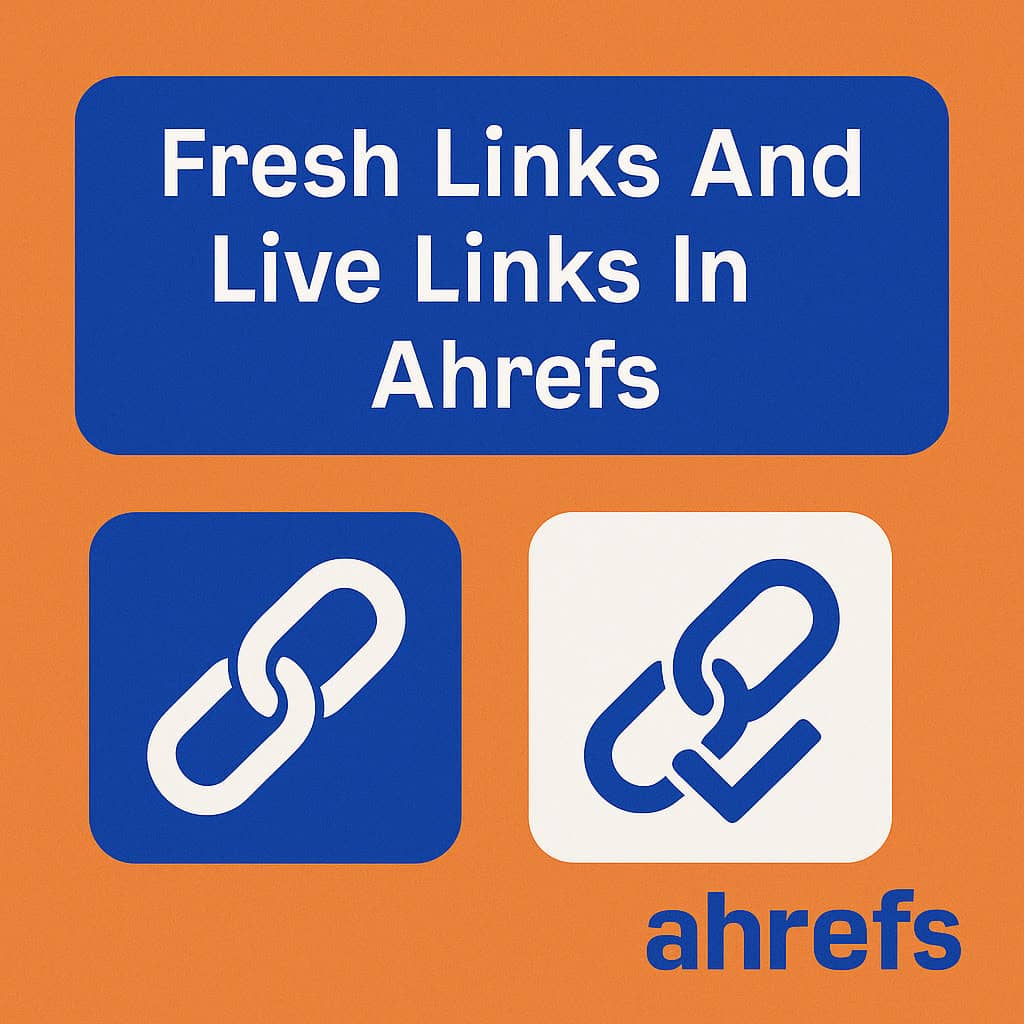

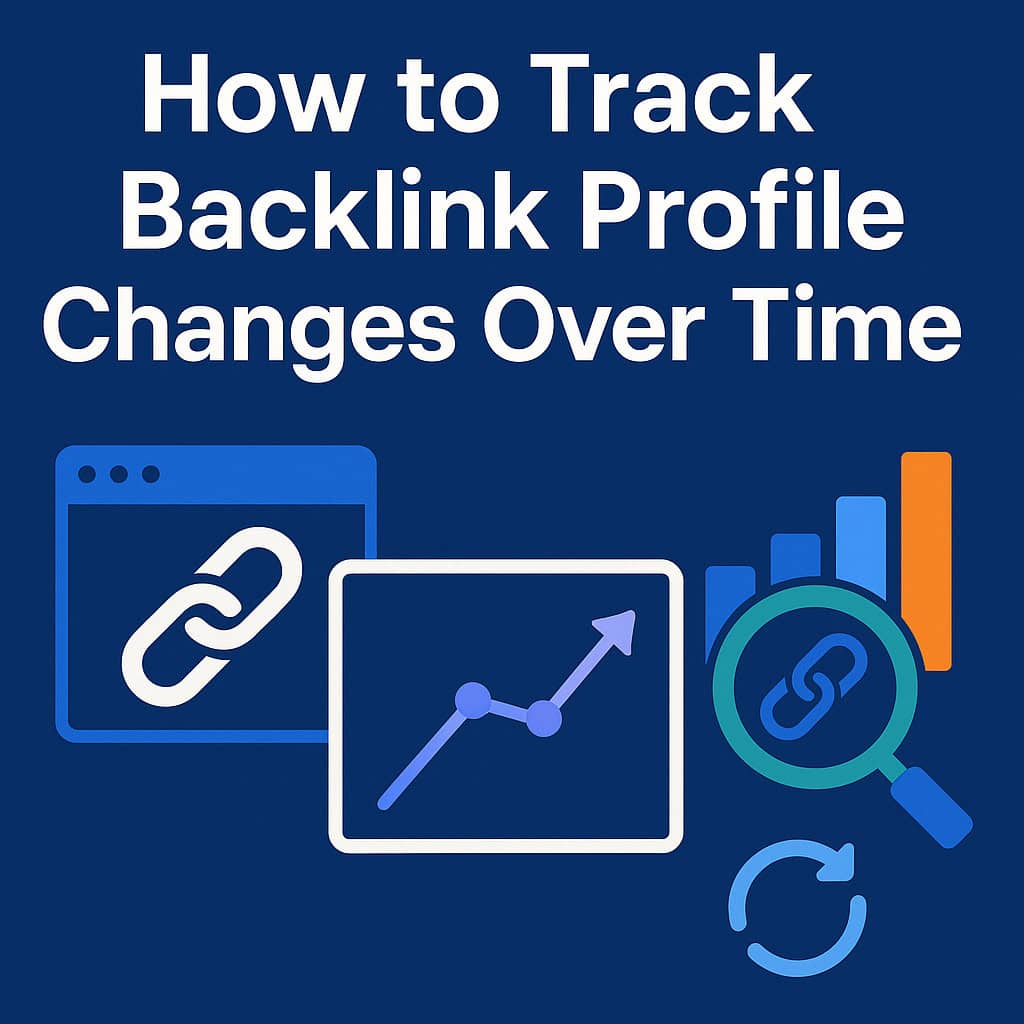
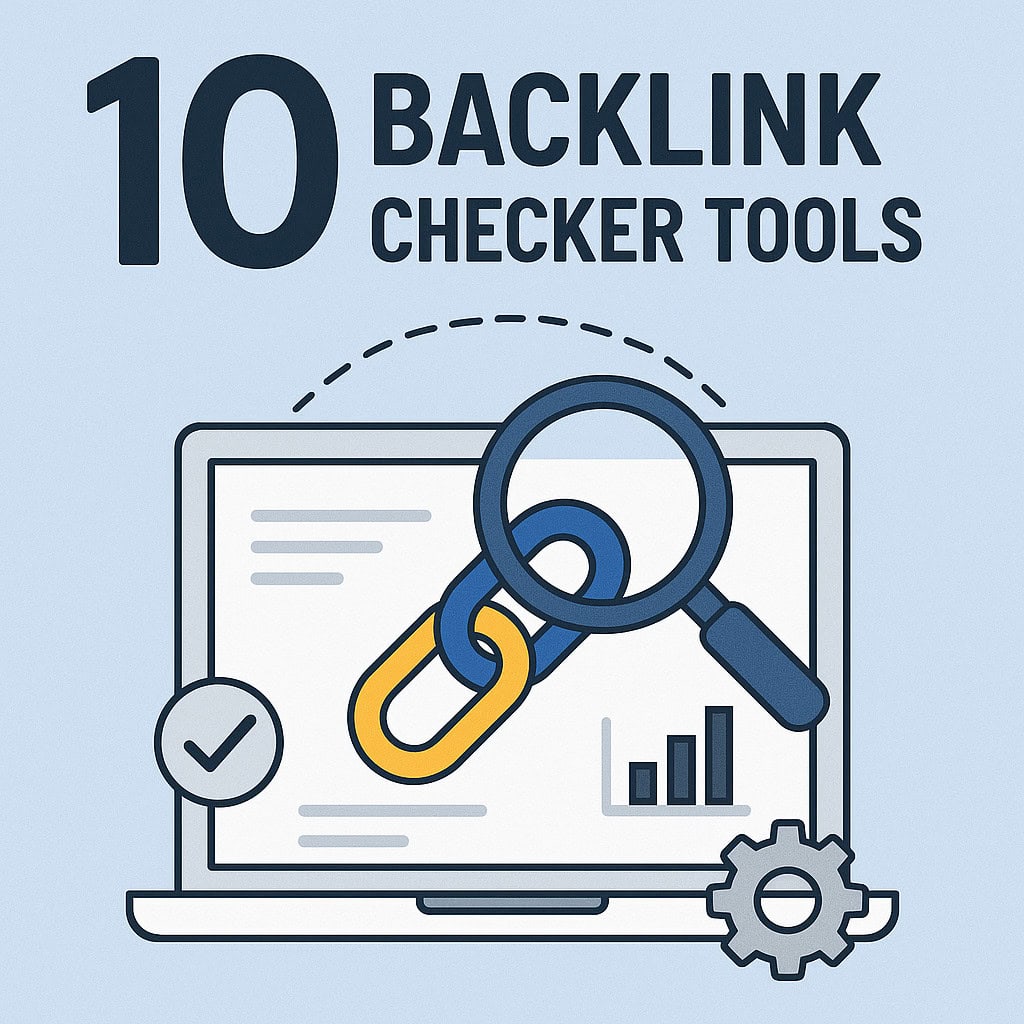
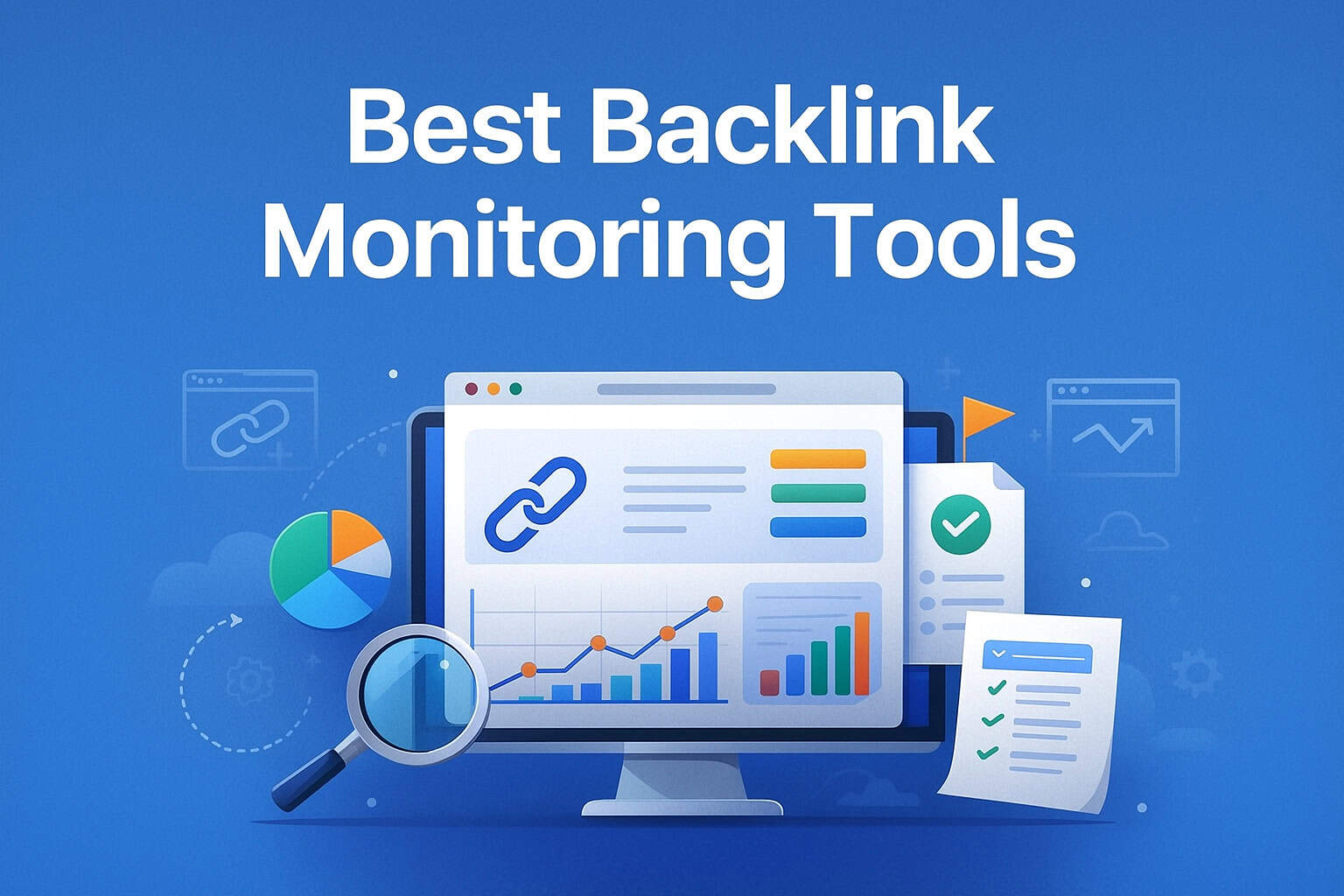

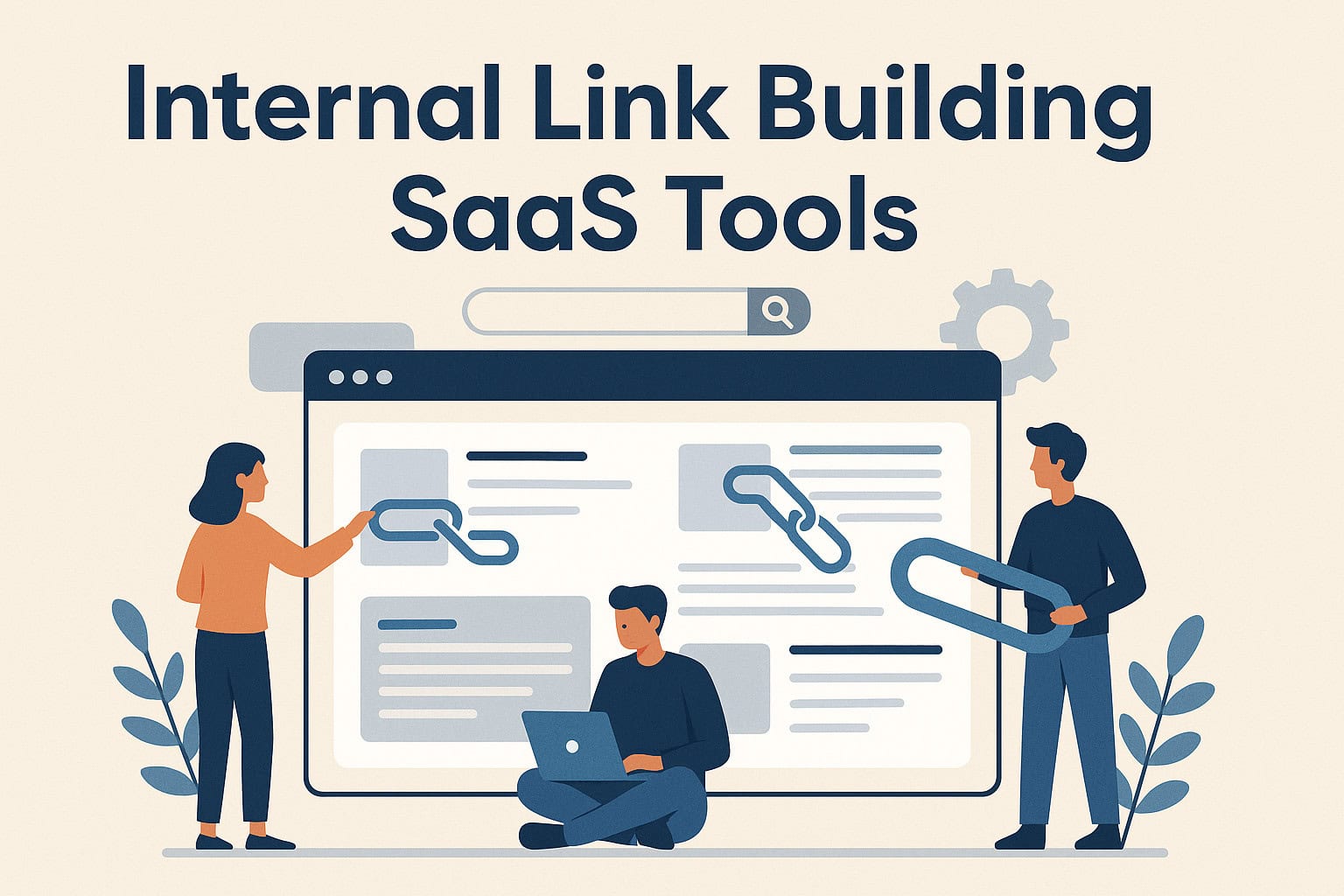
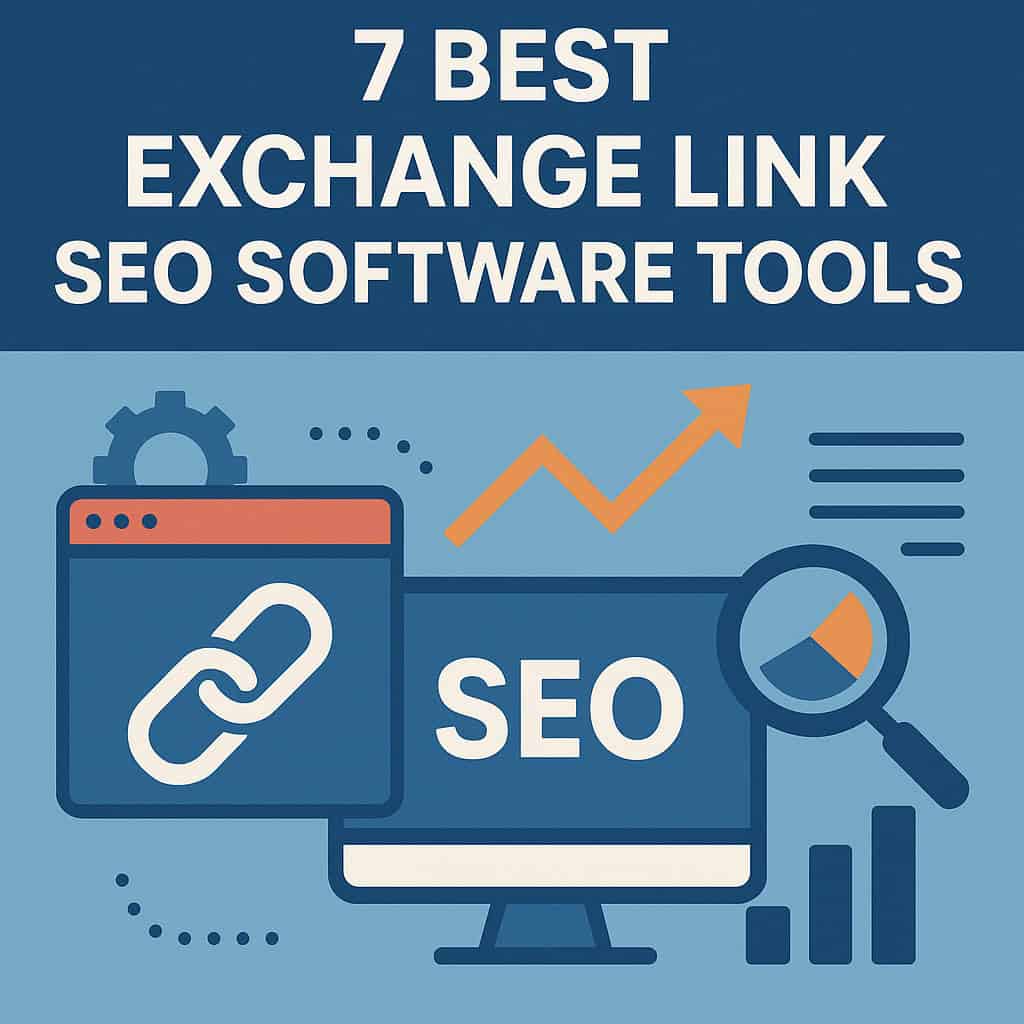
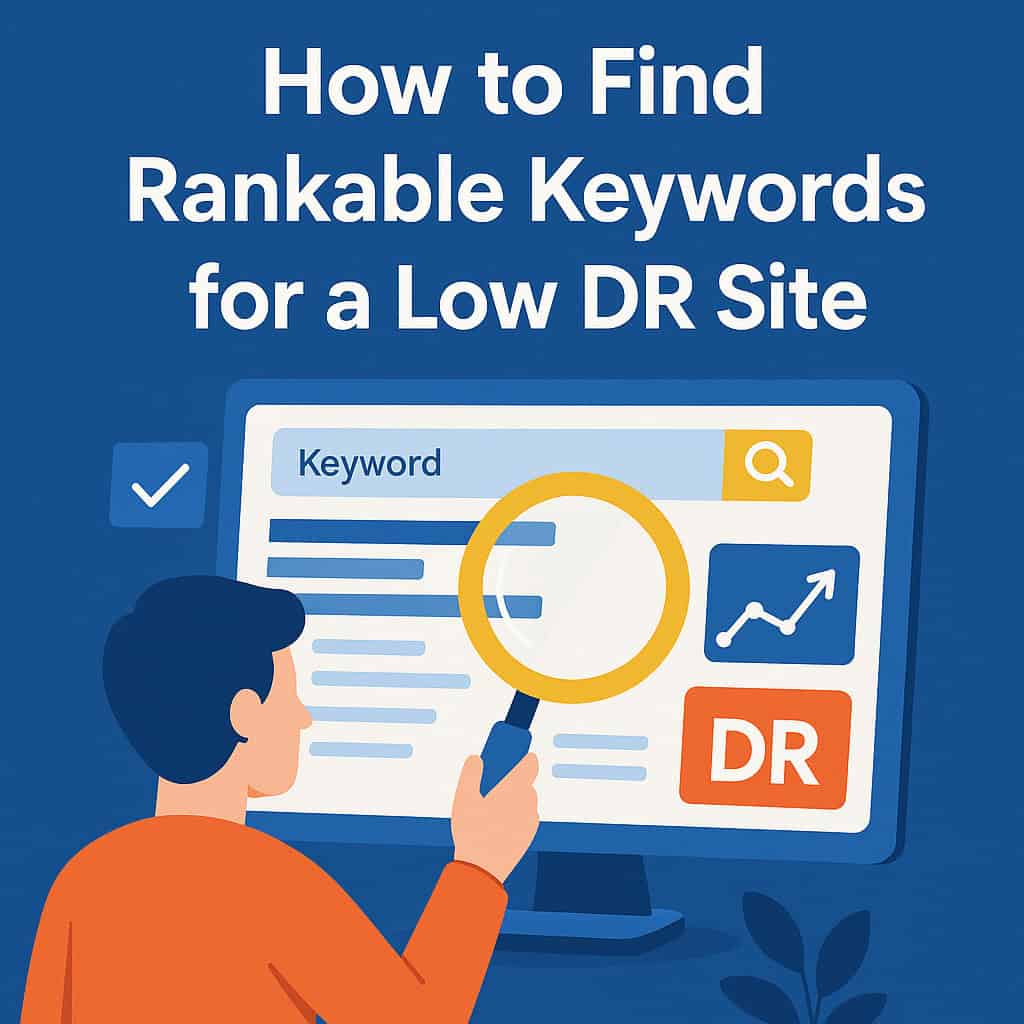
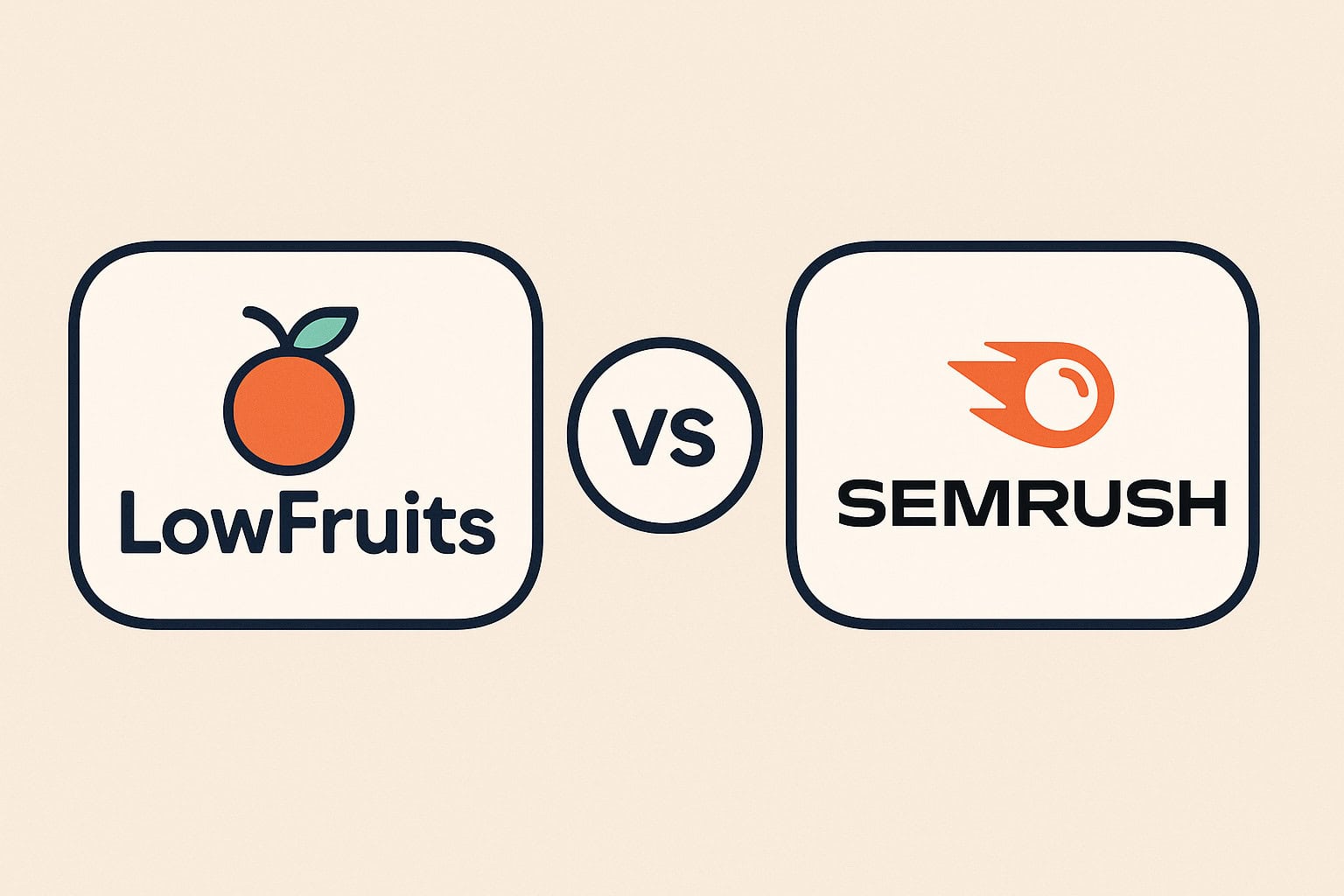
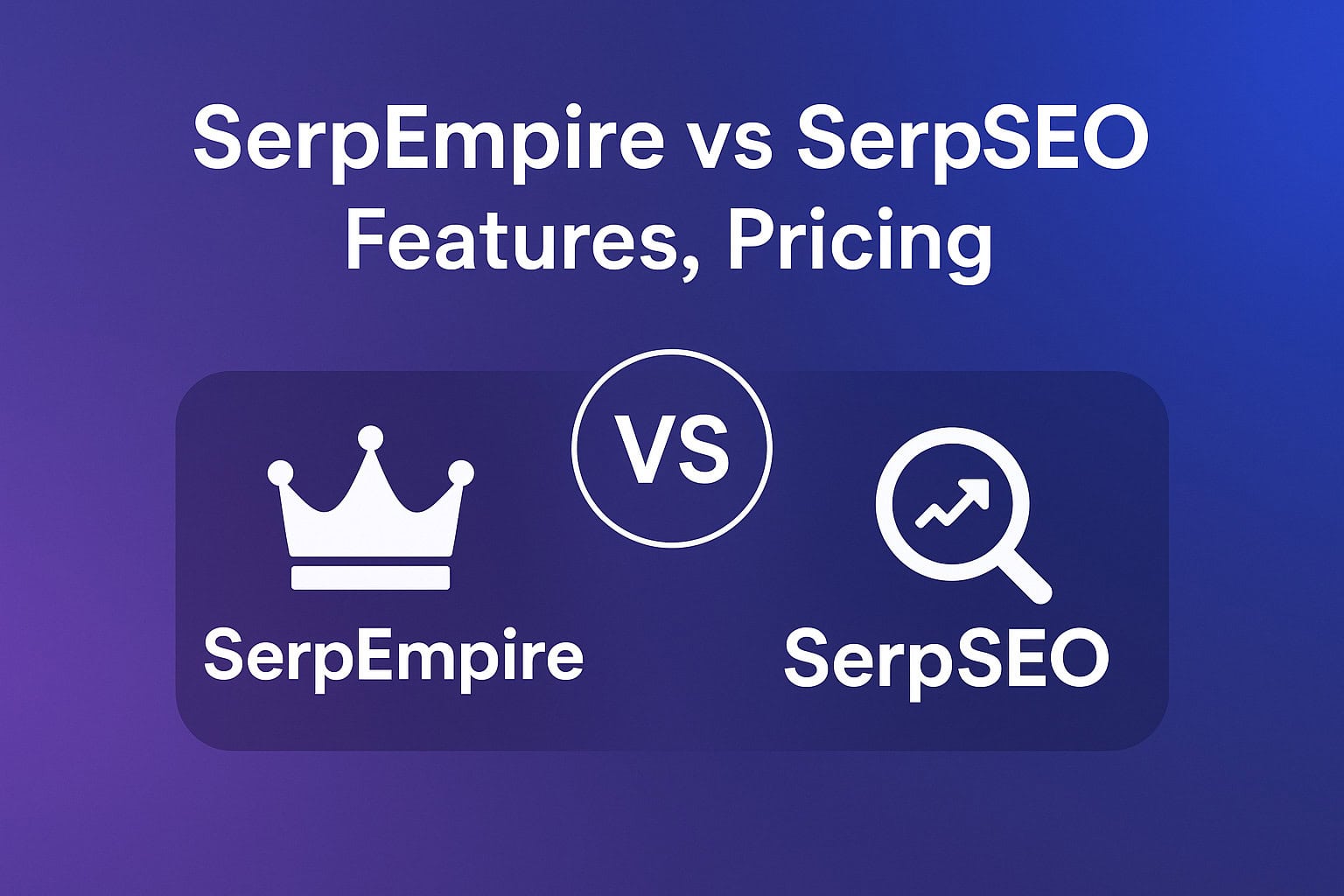
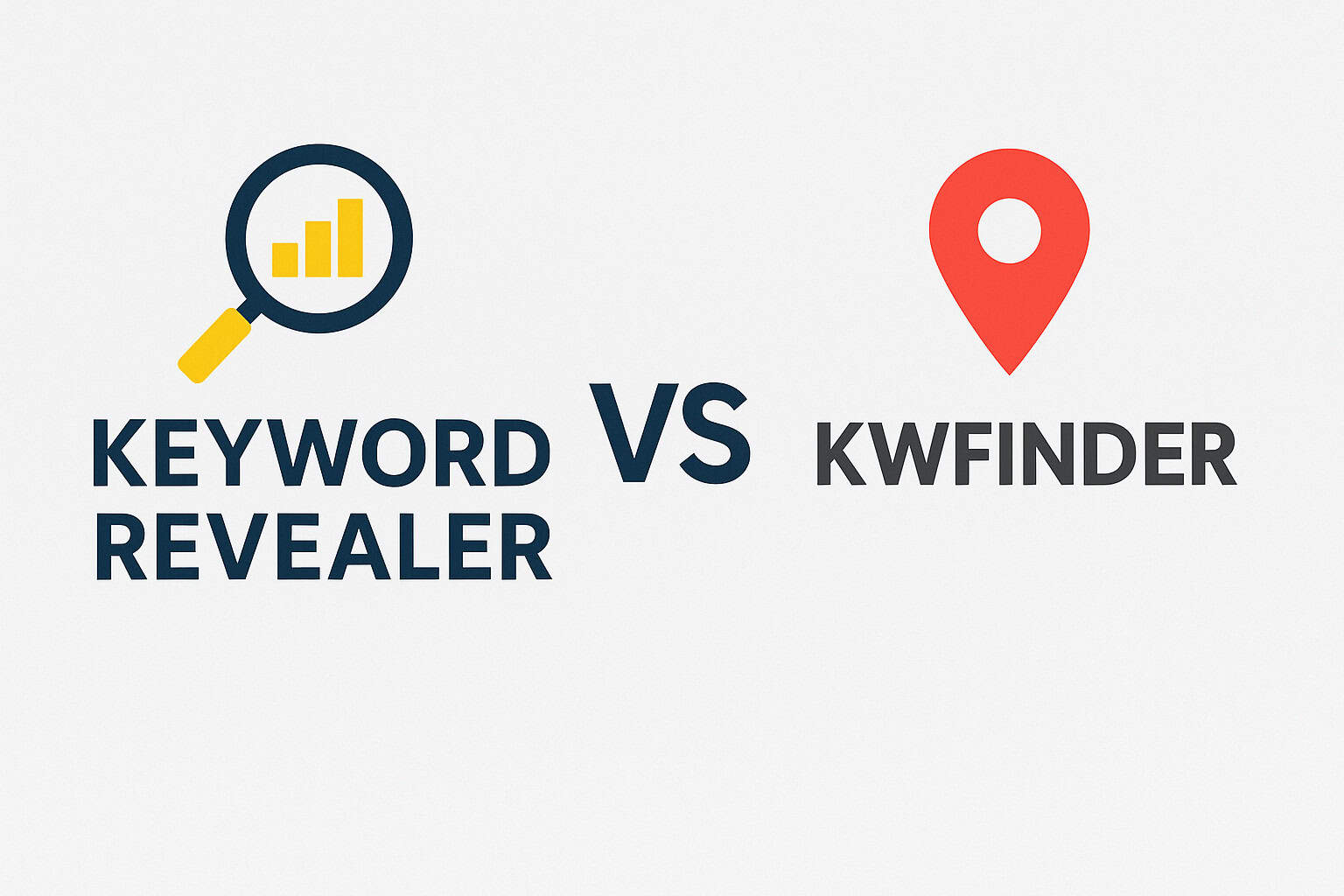
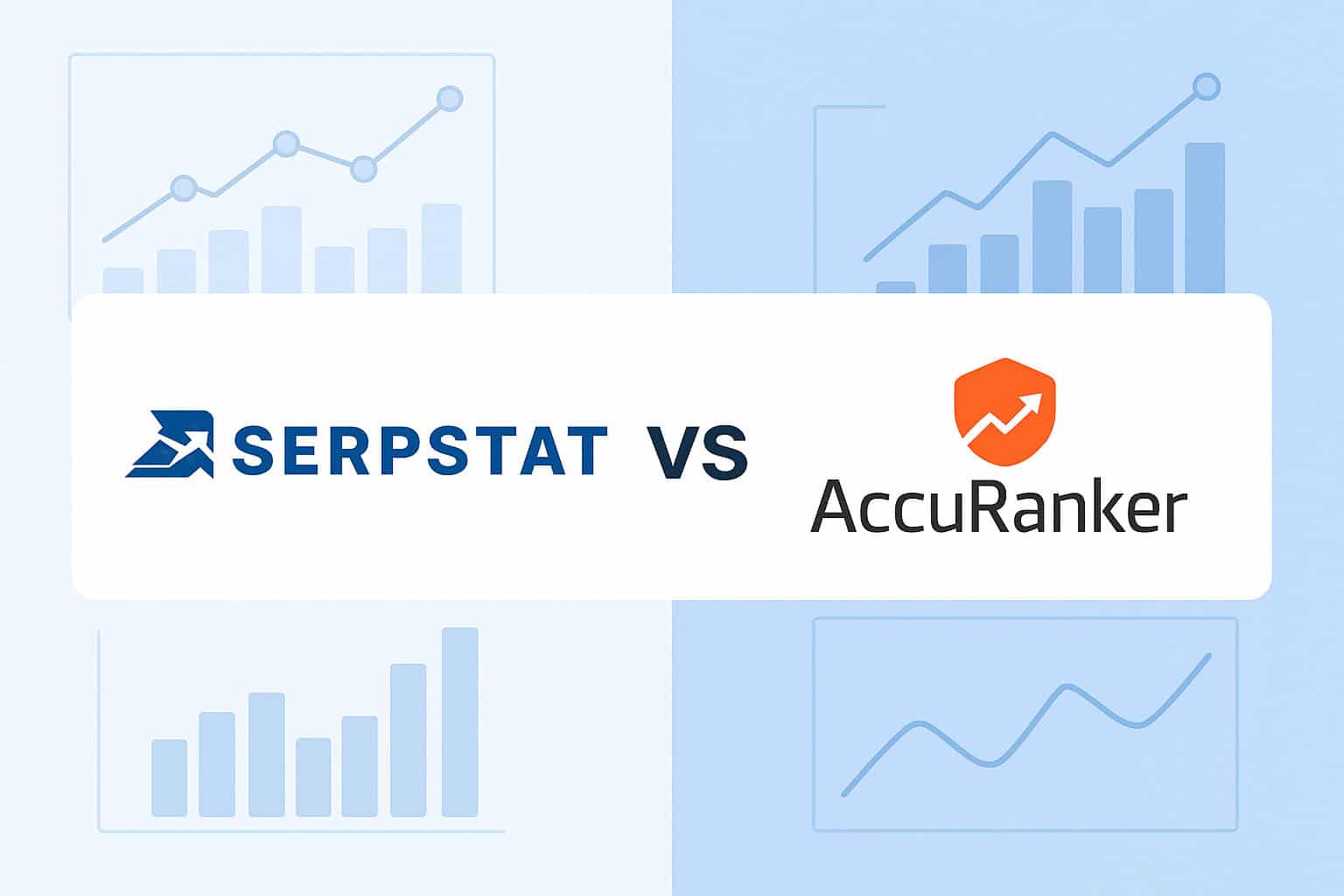

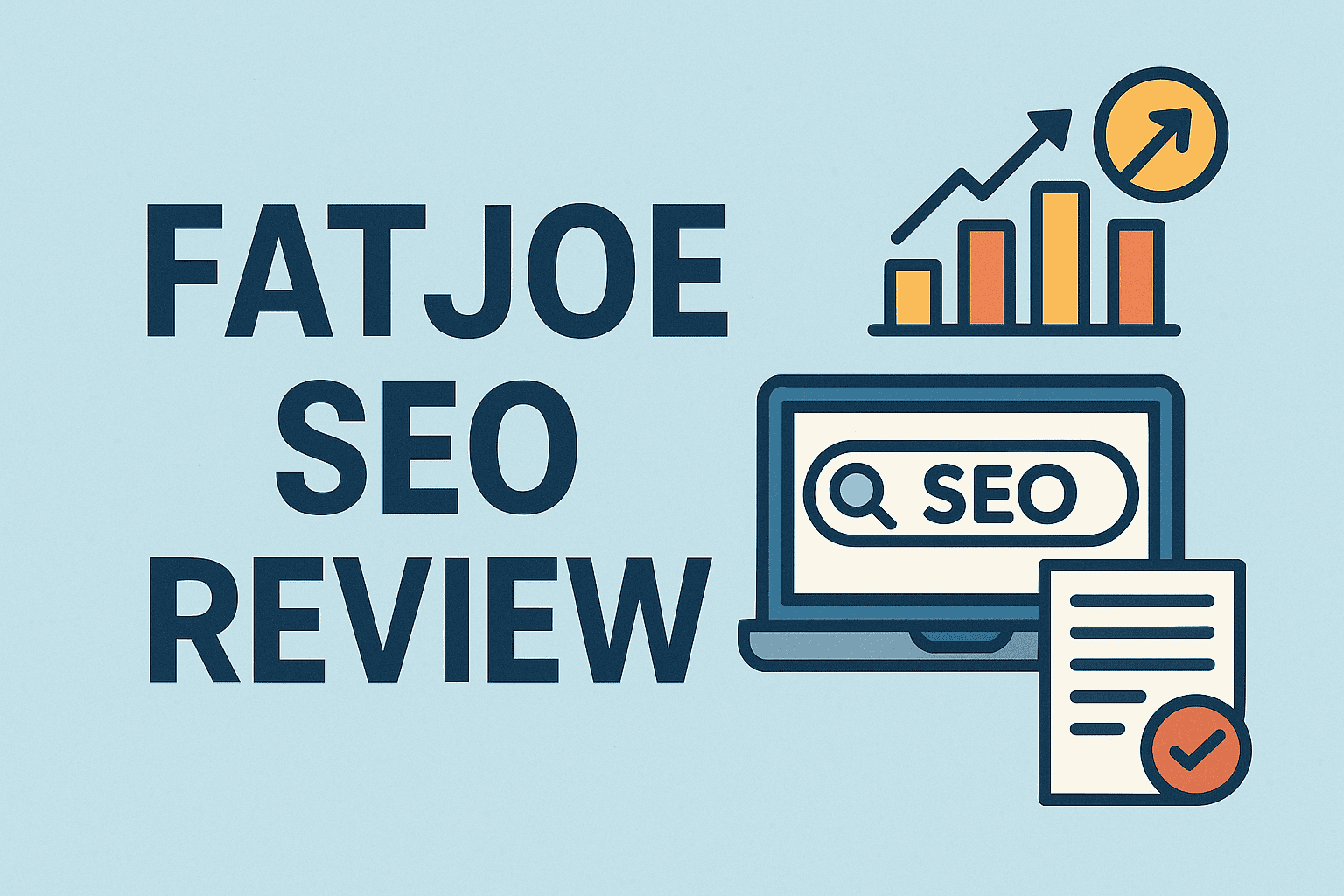
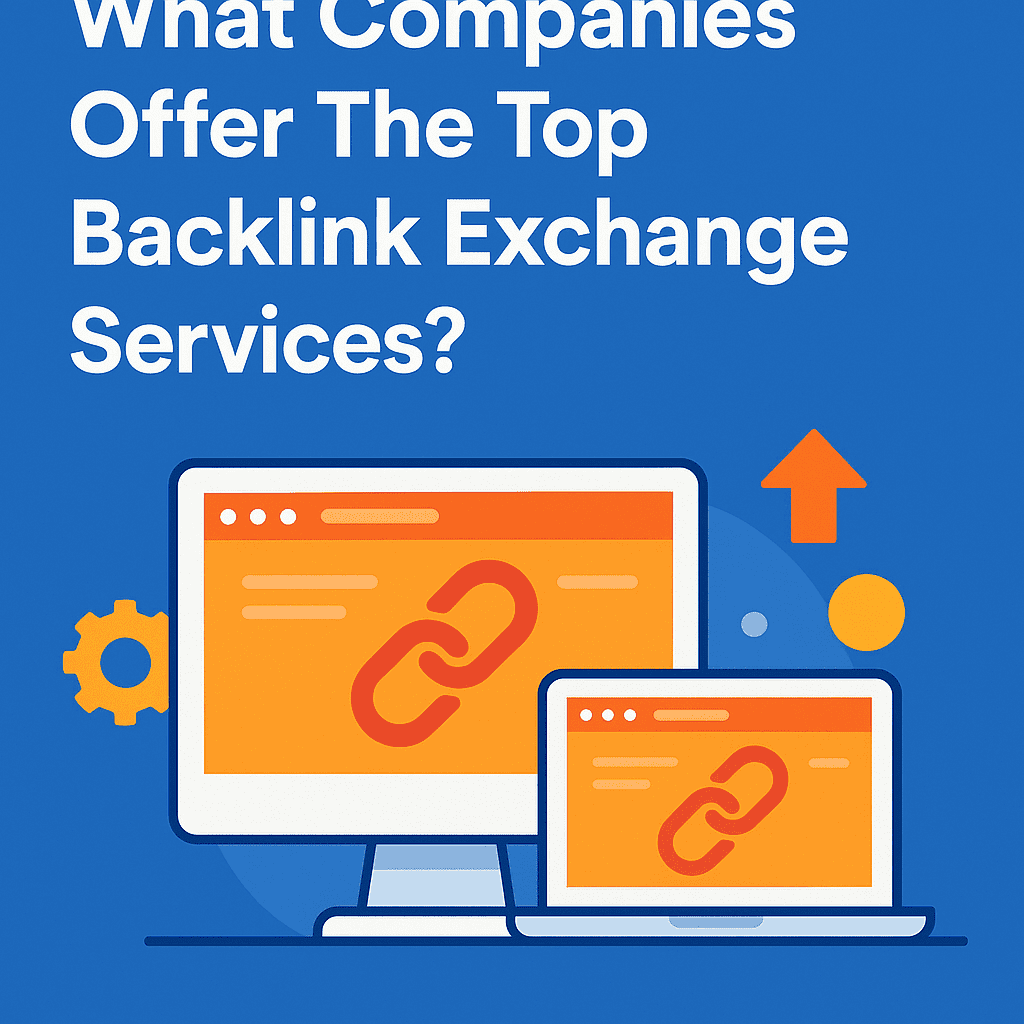

![Longtail Pro Moz or Majestic [Full Breakdown]](https://backlinkmanagement.io/wp-content/uploads/2025/11/ChatGPT-Image-Nov-14-2025-08_30_38-AM.png)

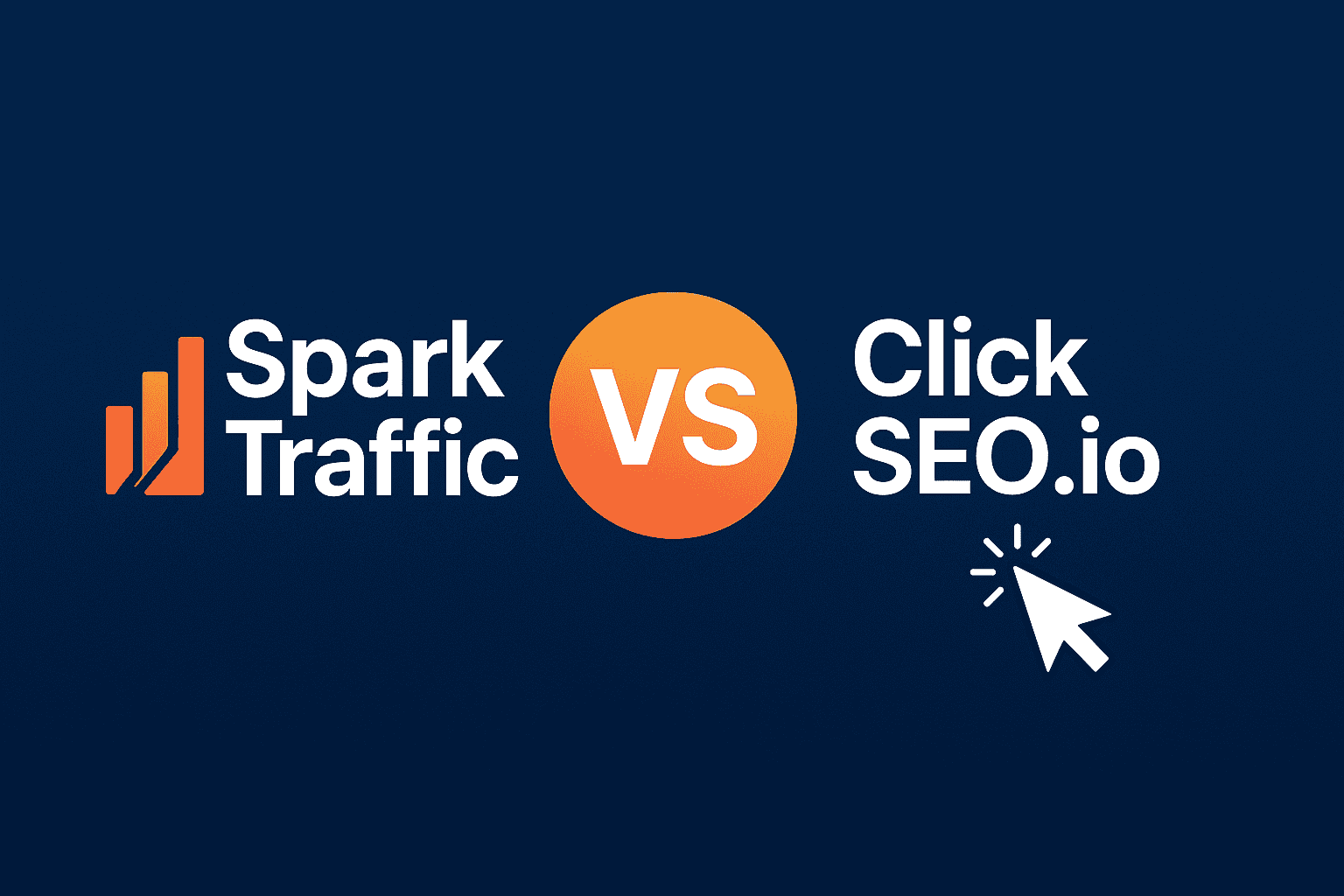
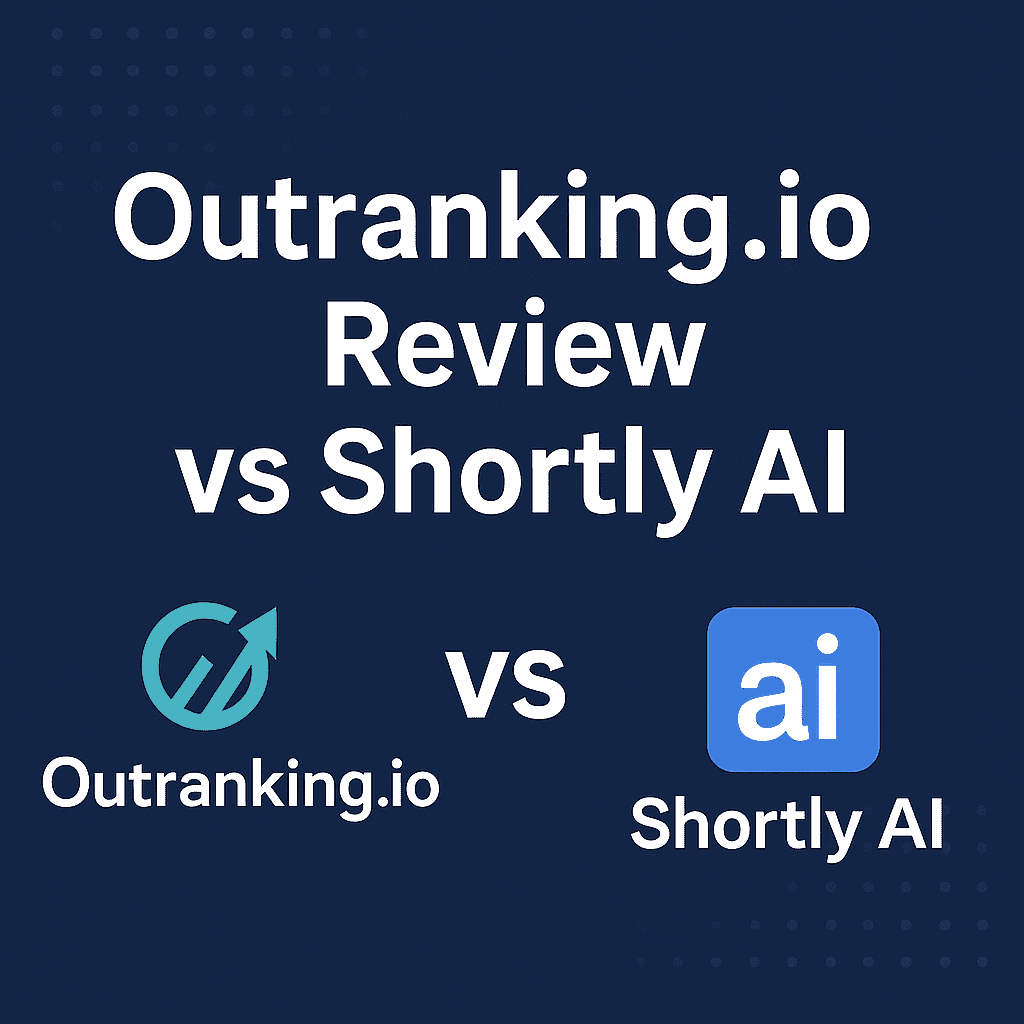
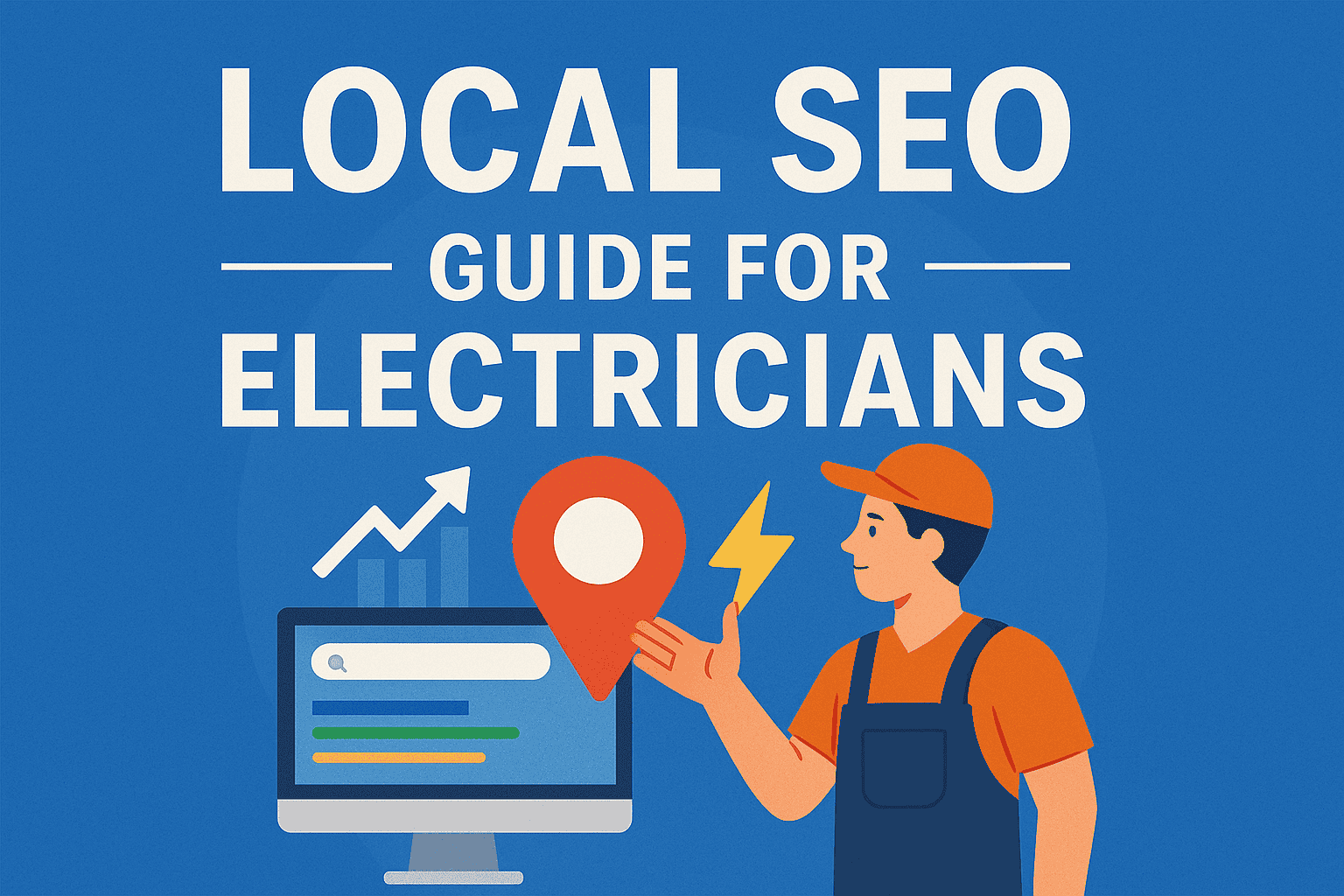
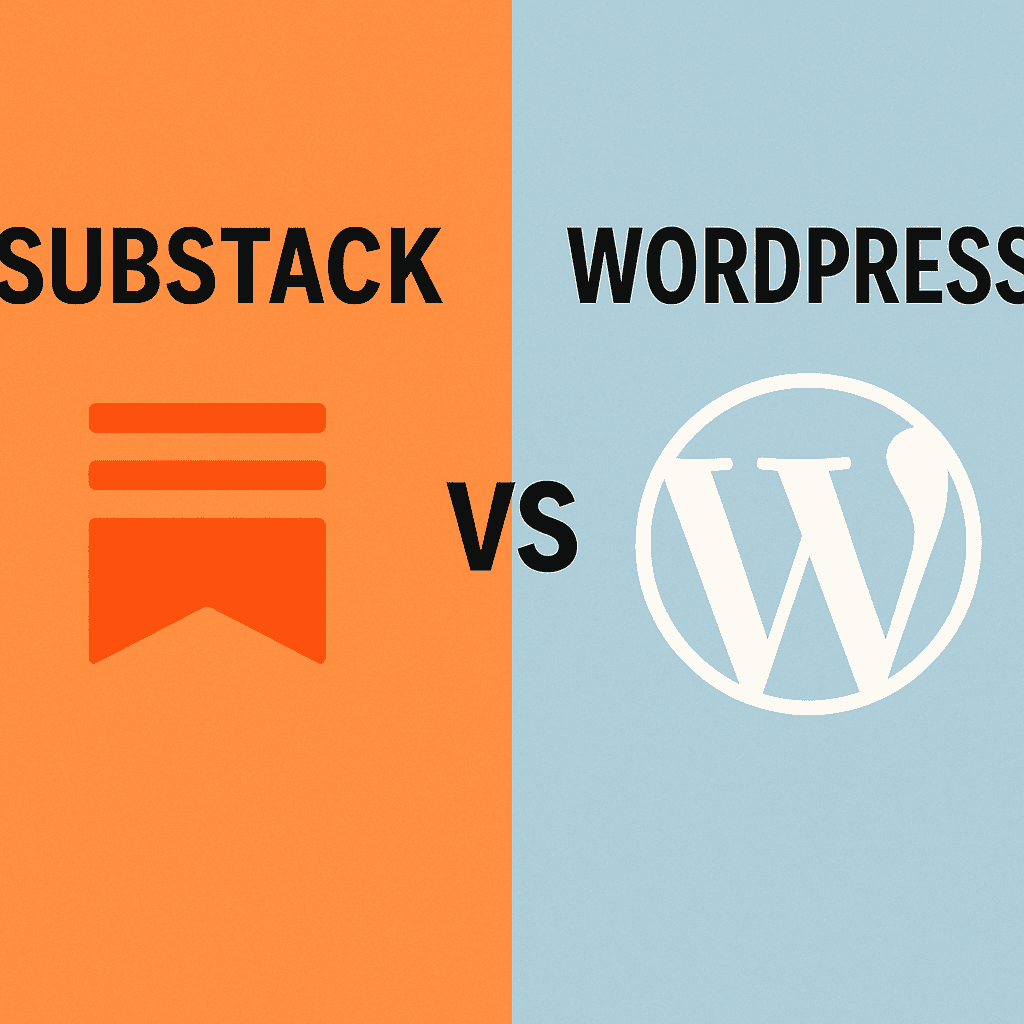

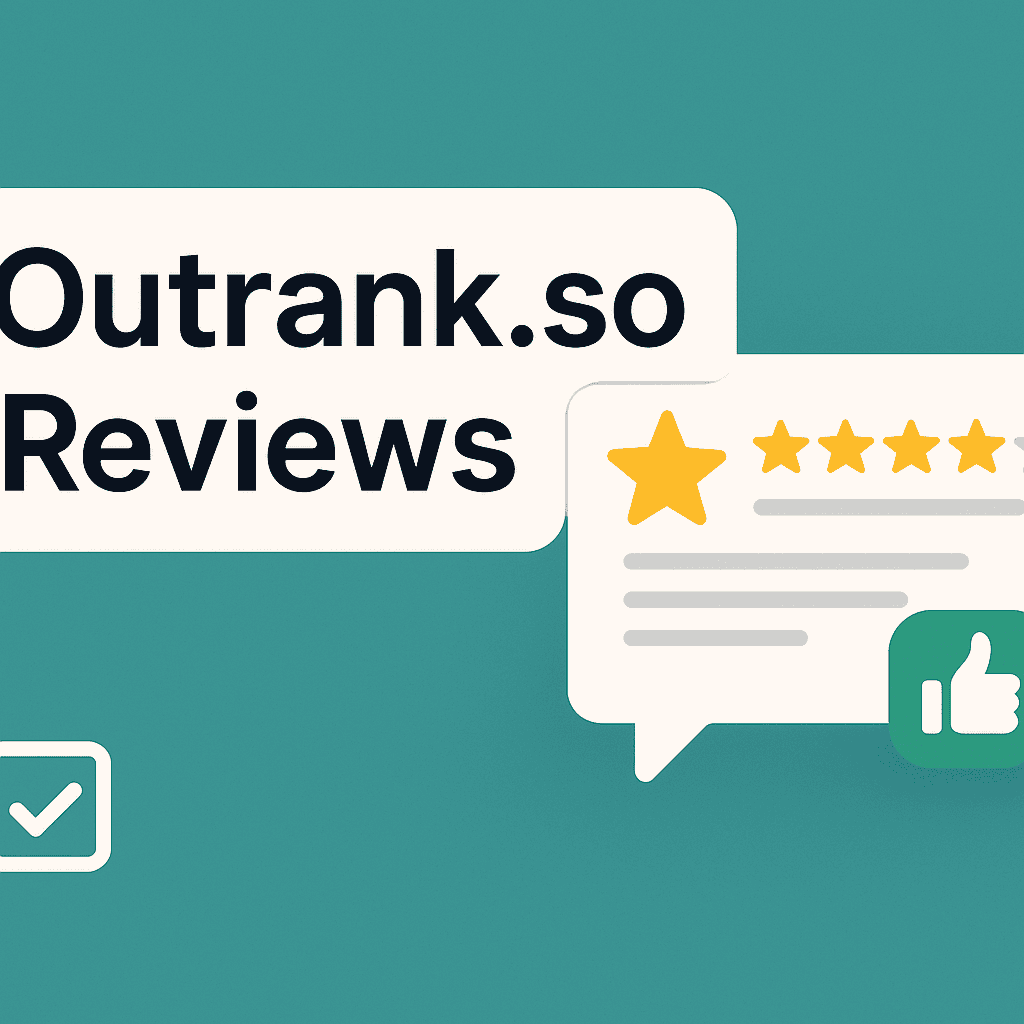

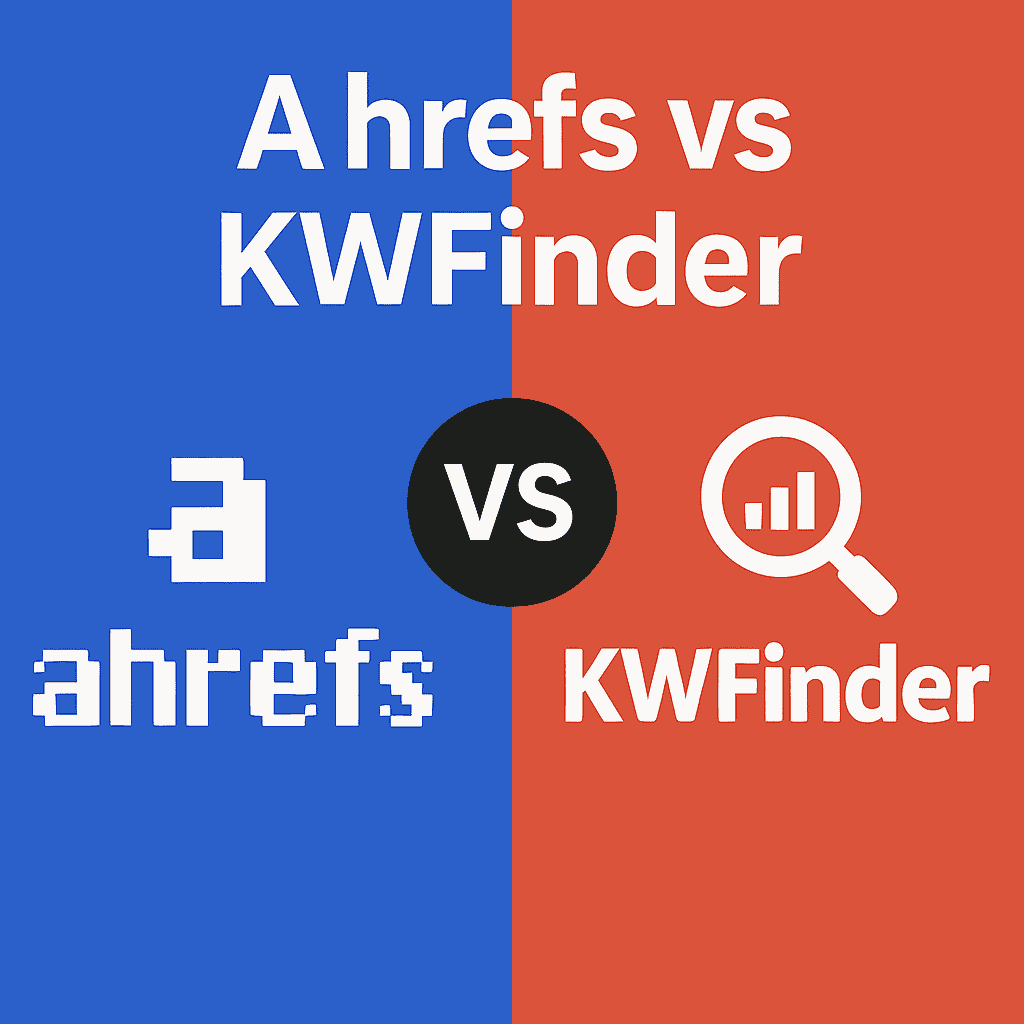


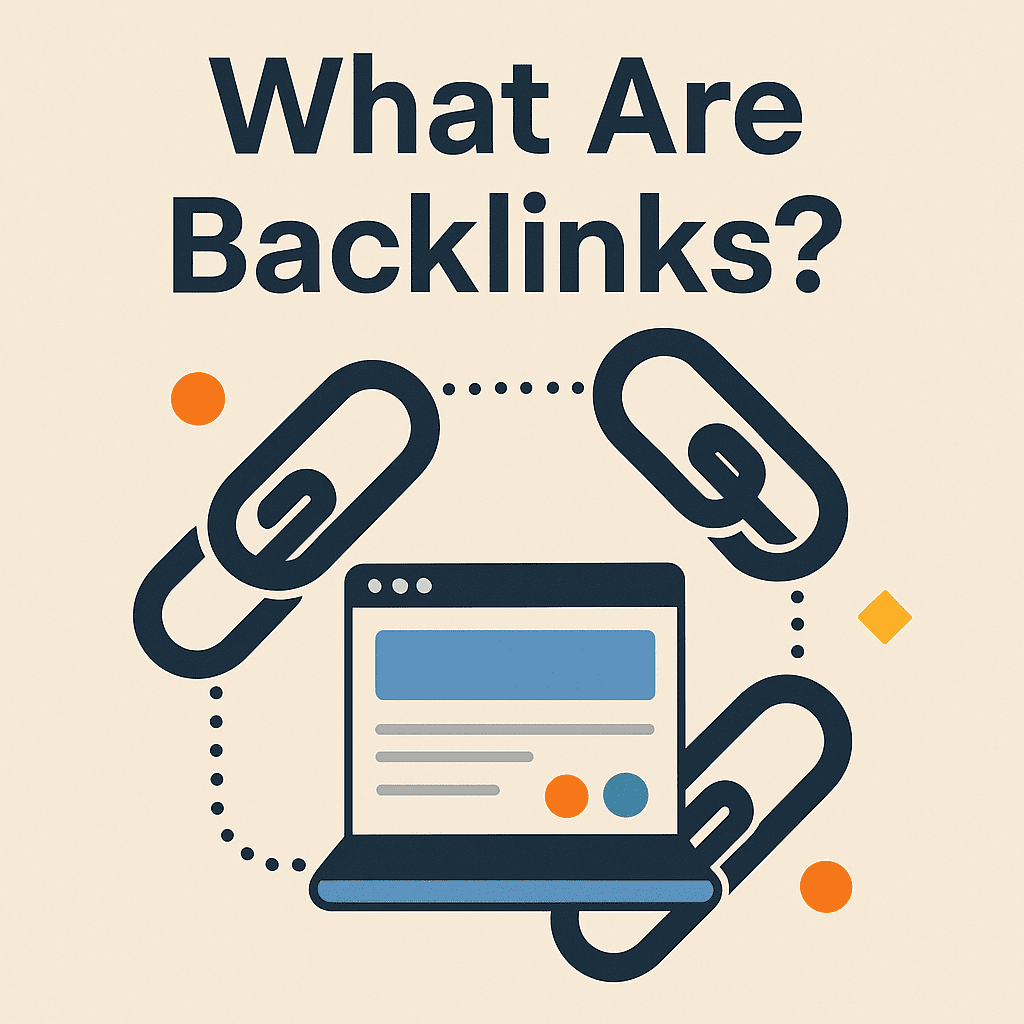


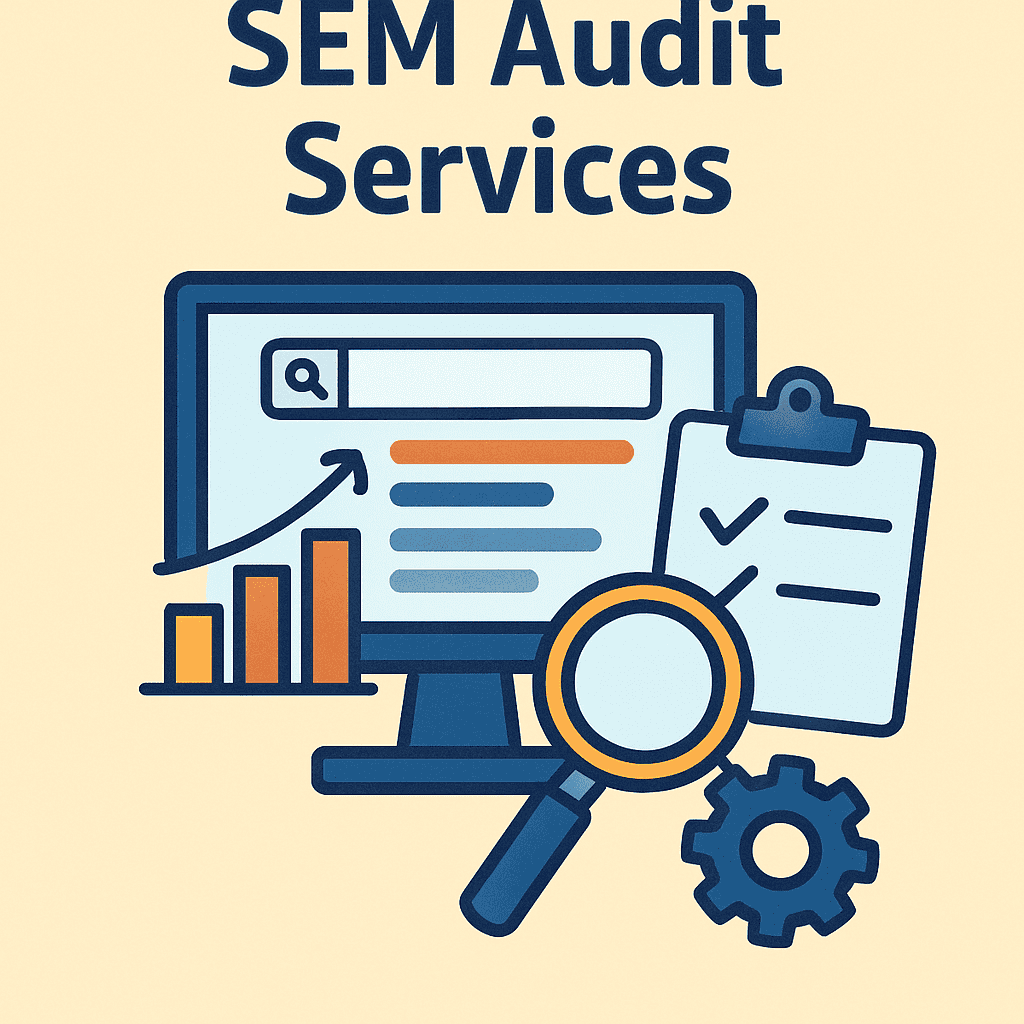







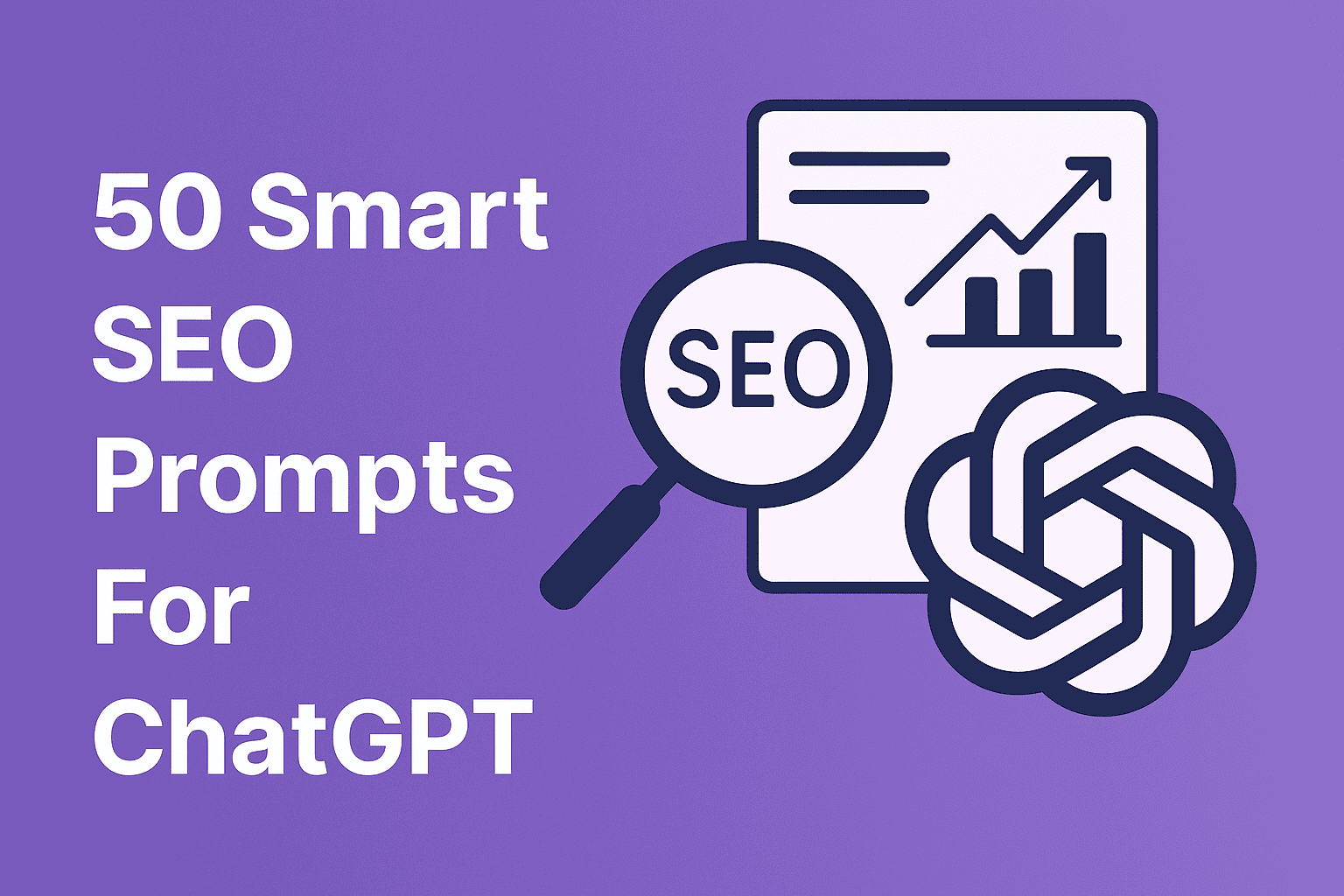
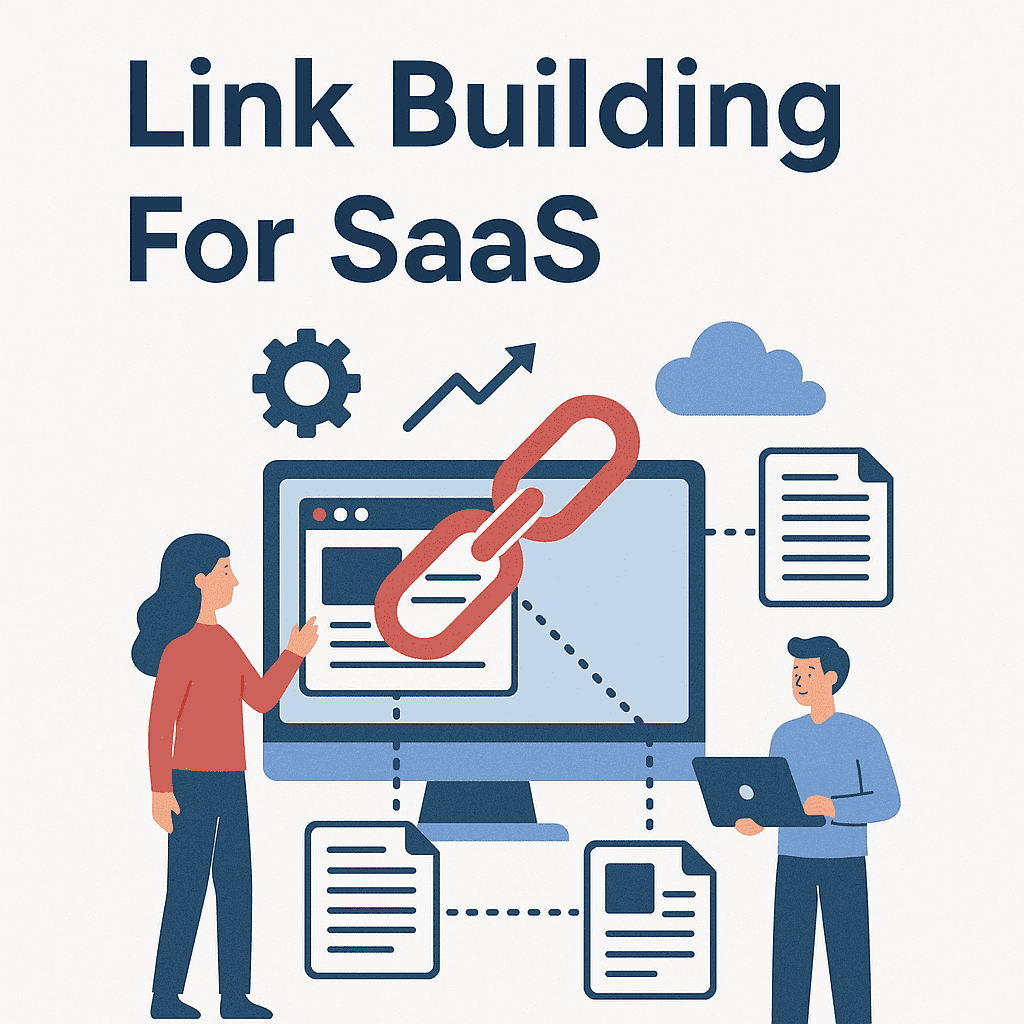

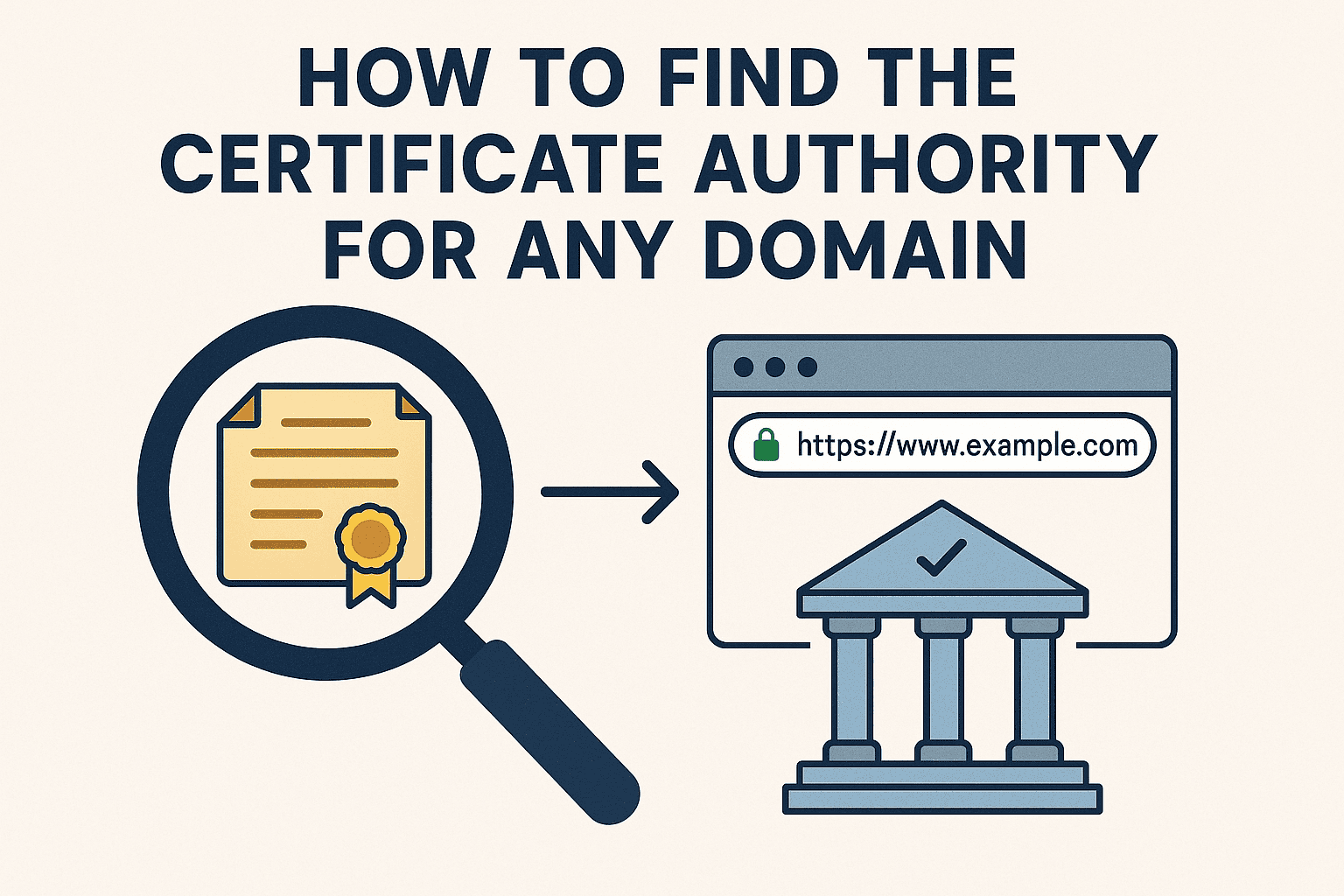

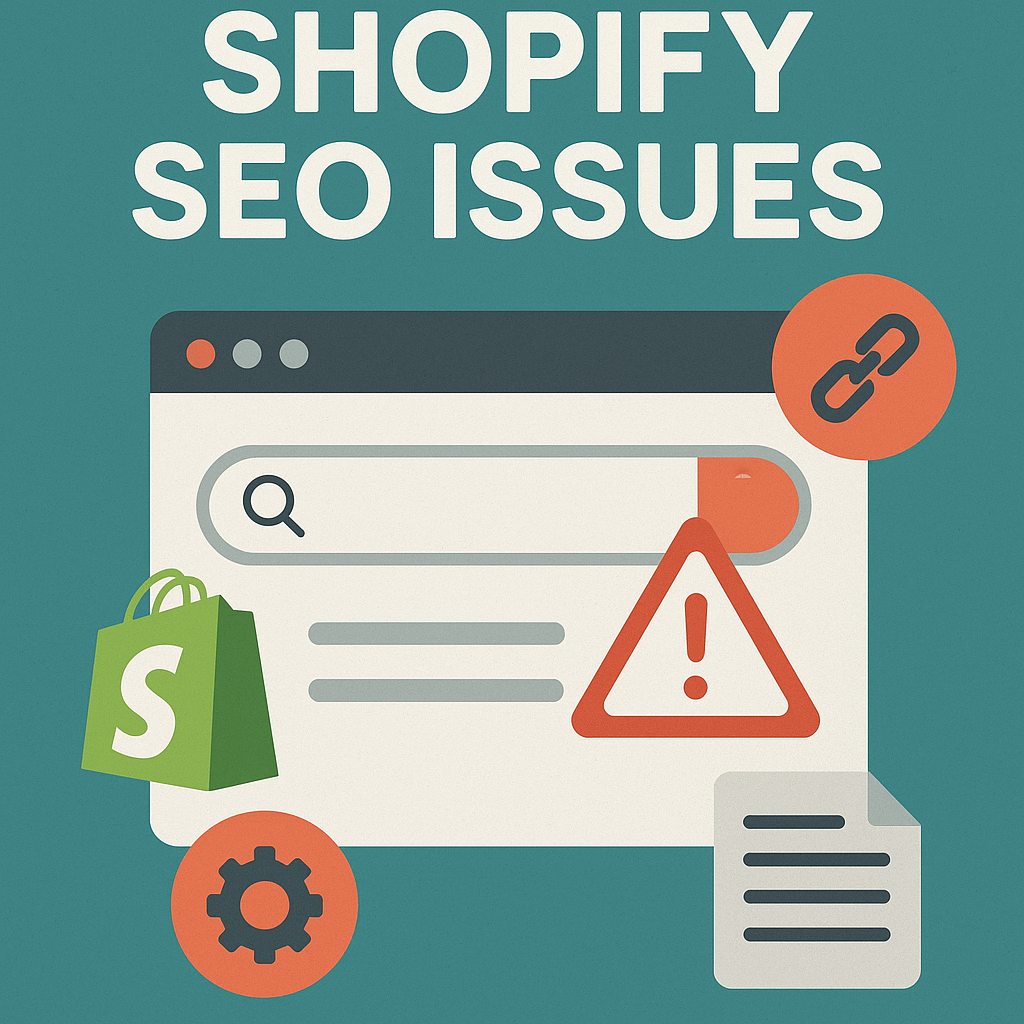
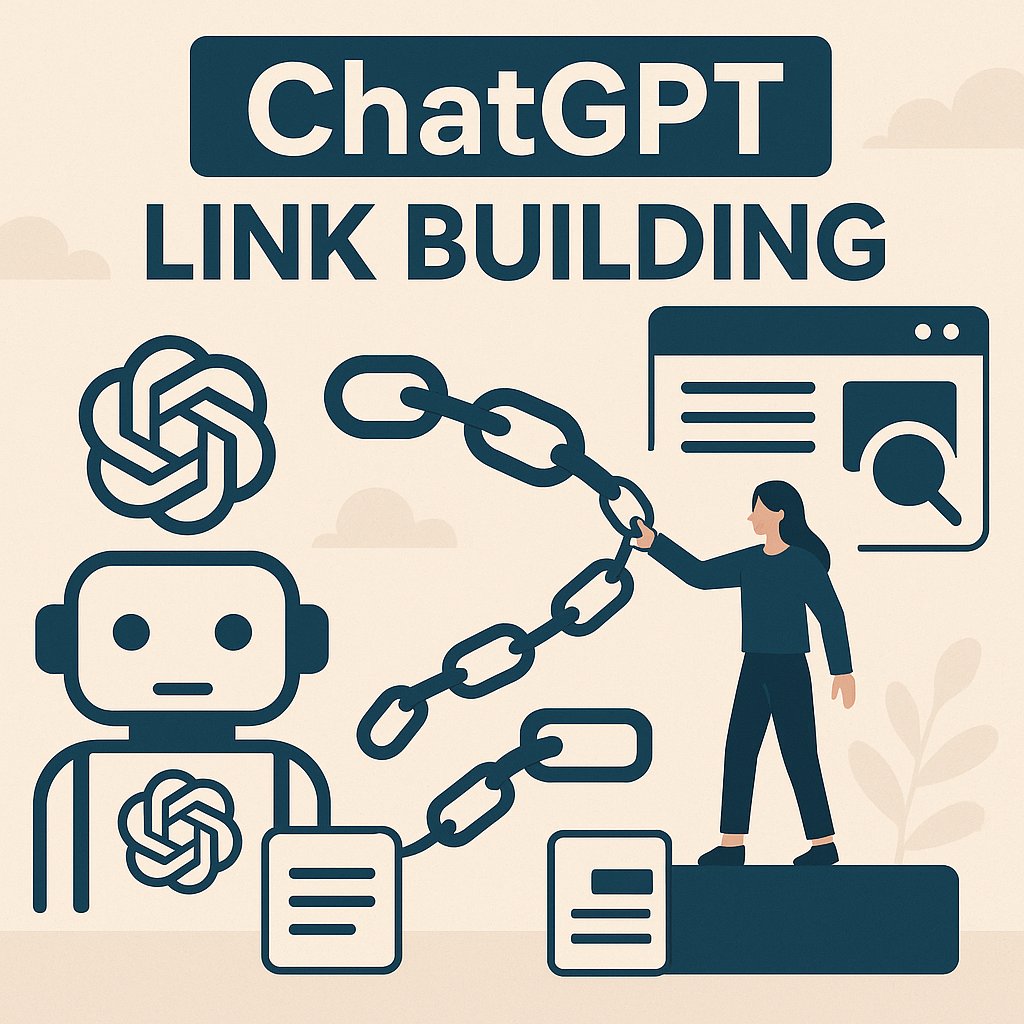
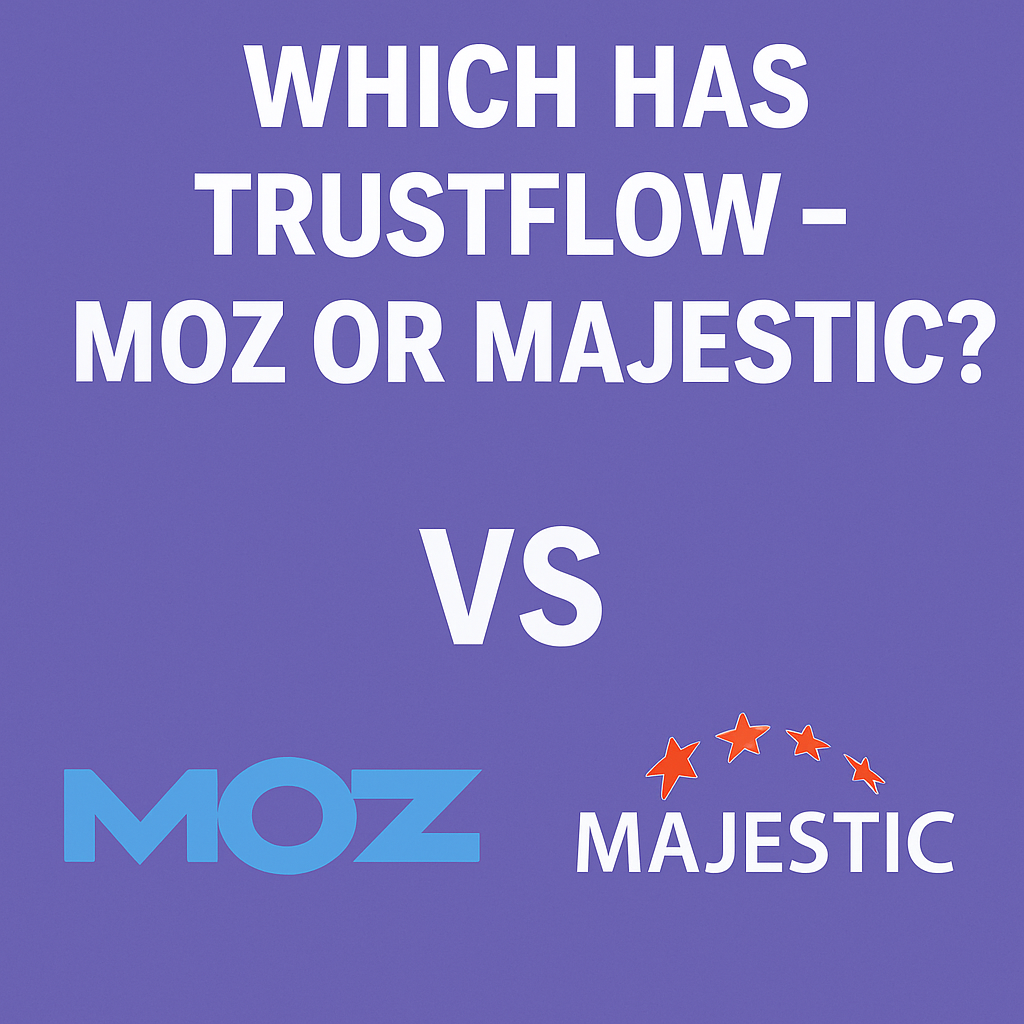


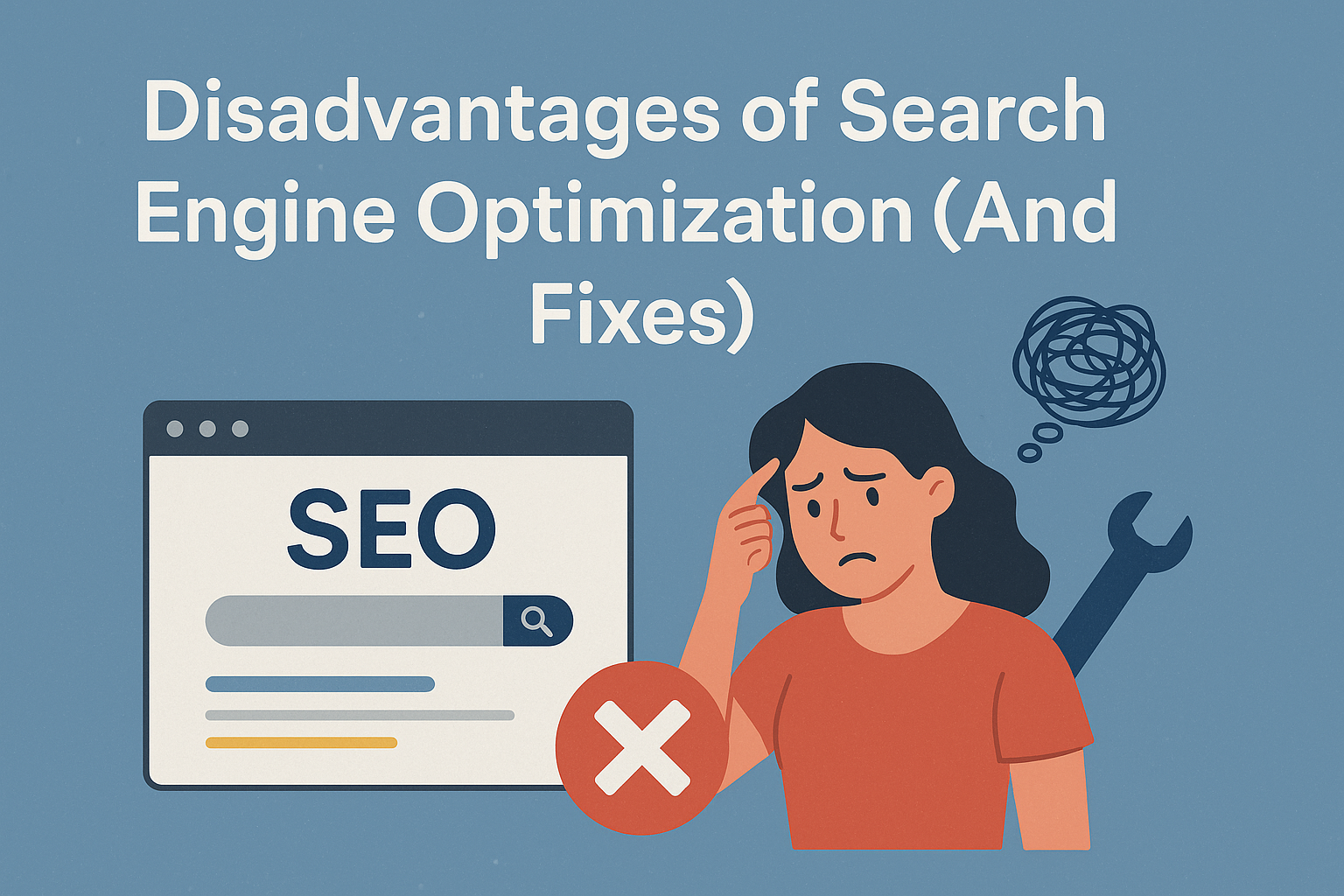



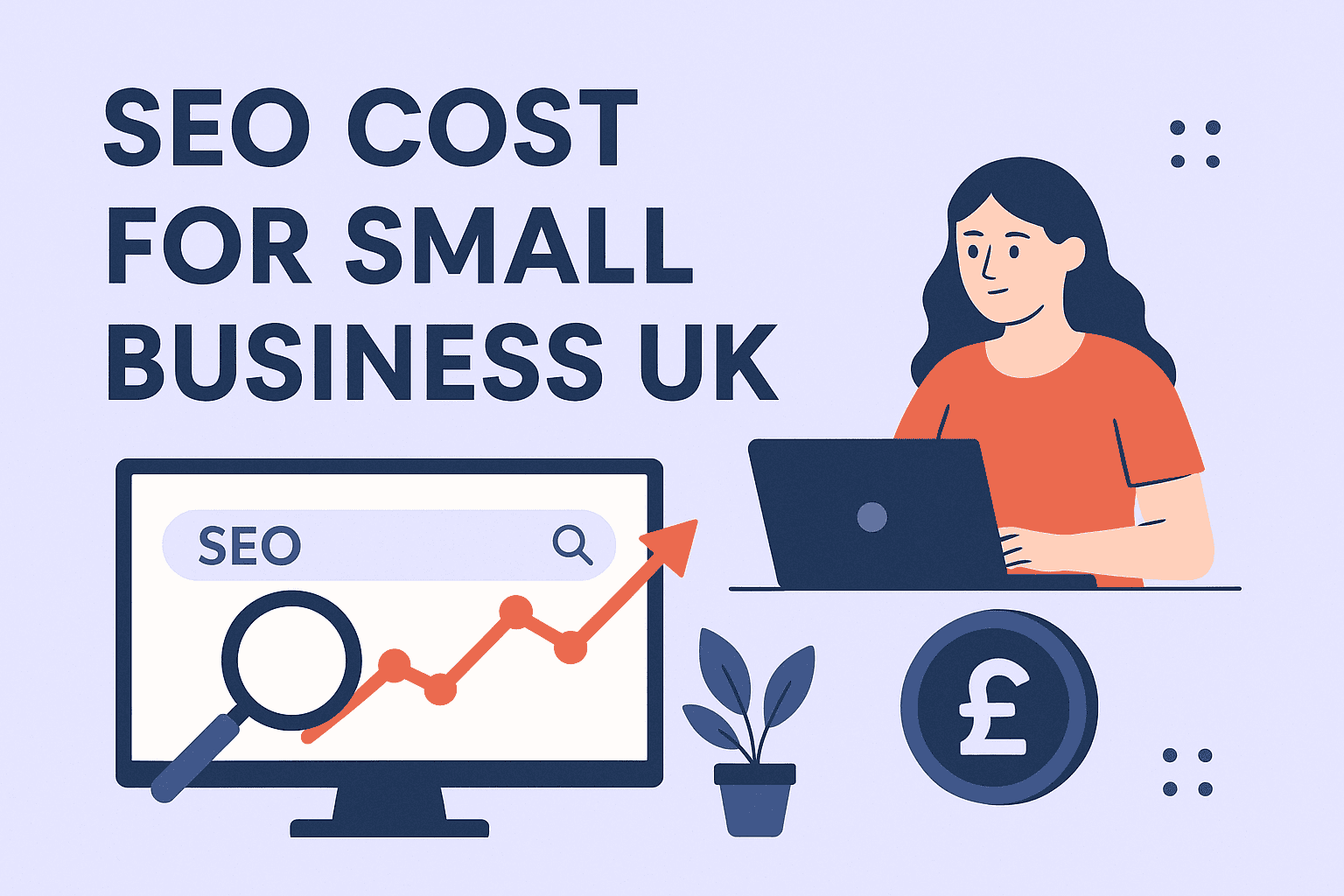
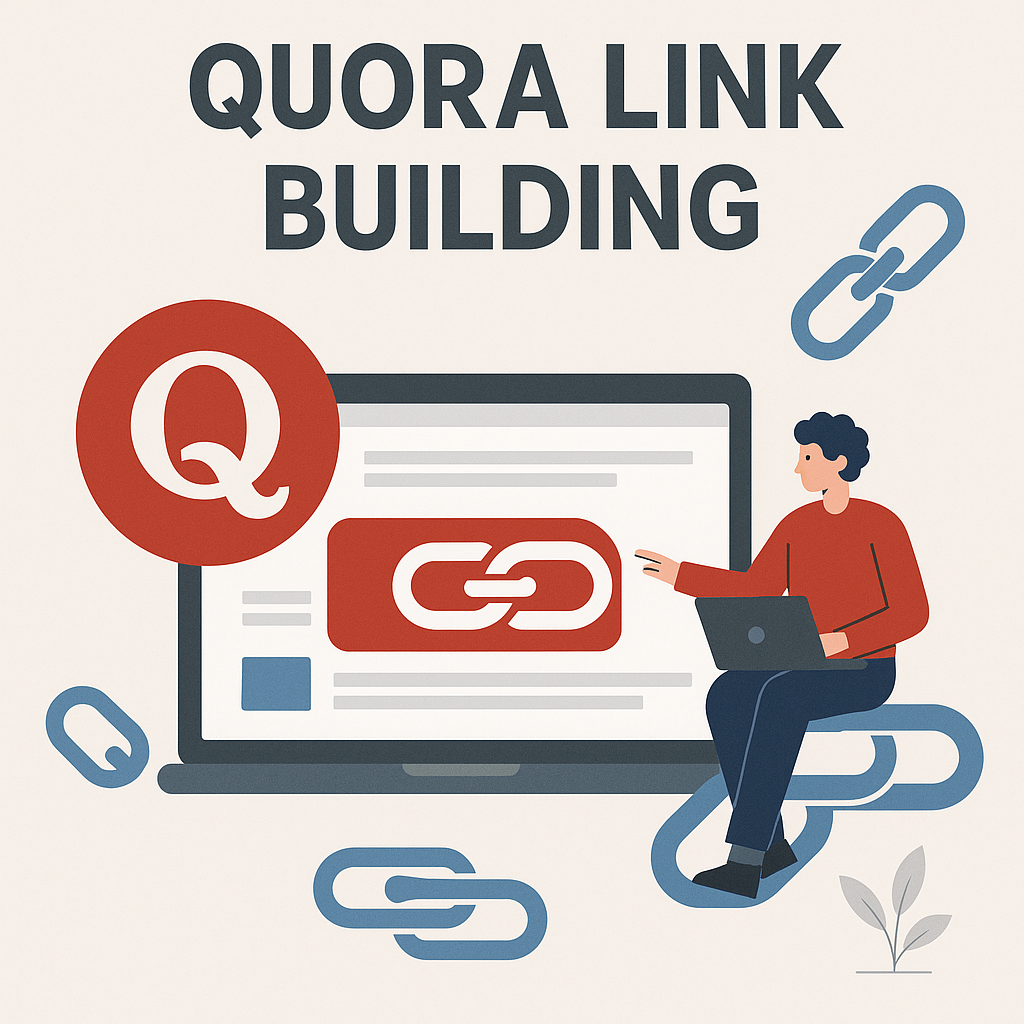
![How Many Outbound Links Per Blog [2025 Updated]](https://backlinkmanagement.io/wp-content/uploads/2025/06/How-Many-Outbound-Links-Per-Blog.png)
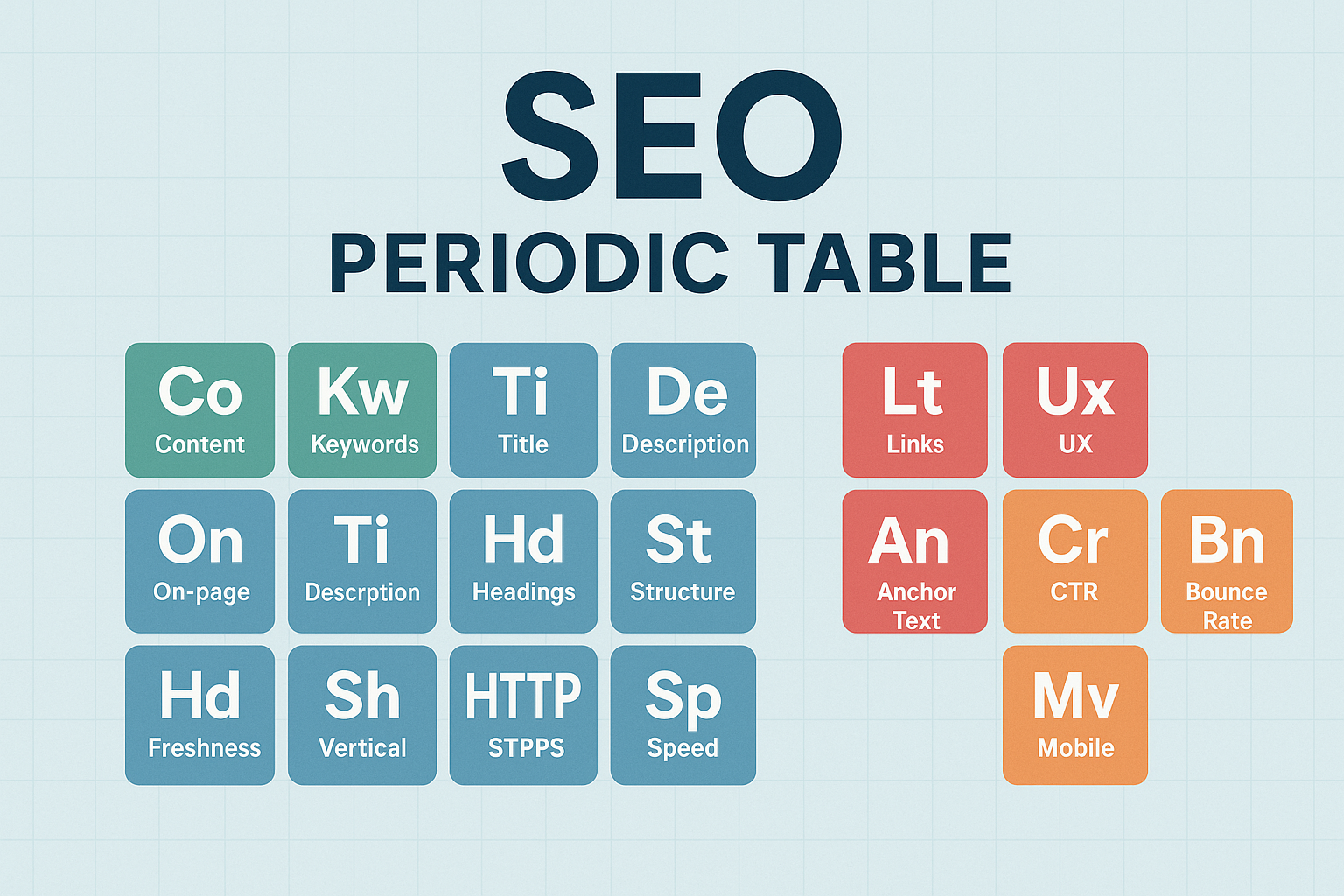

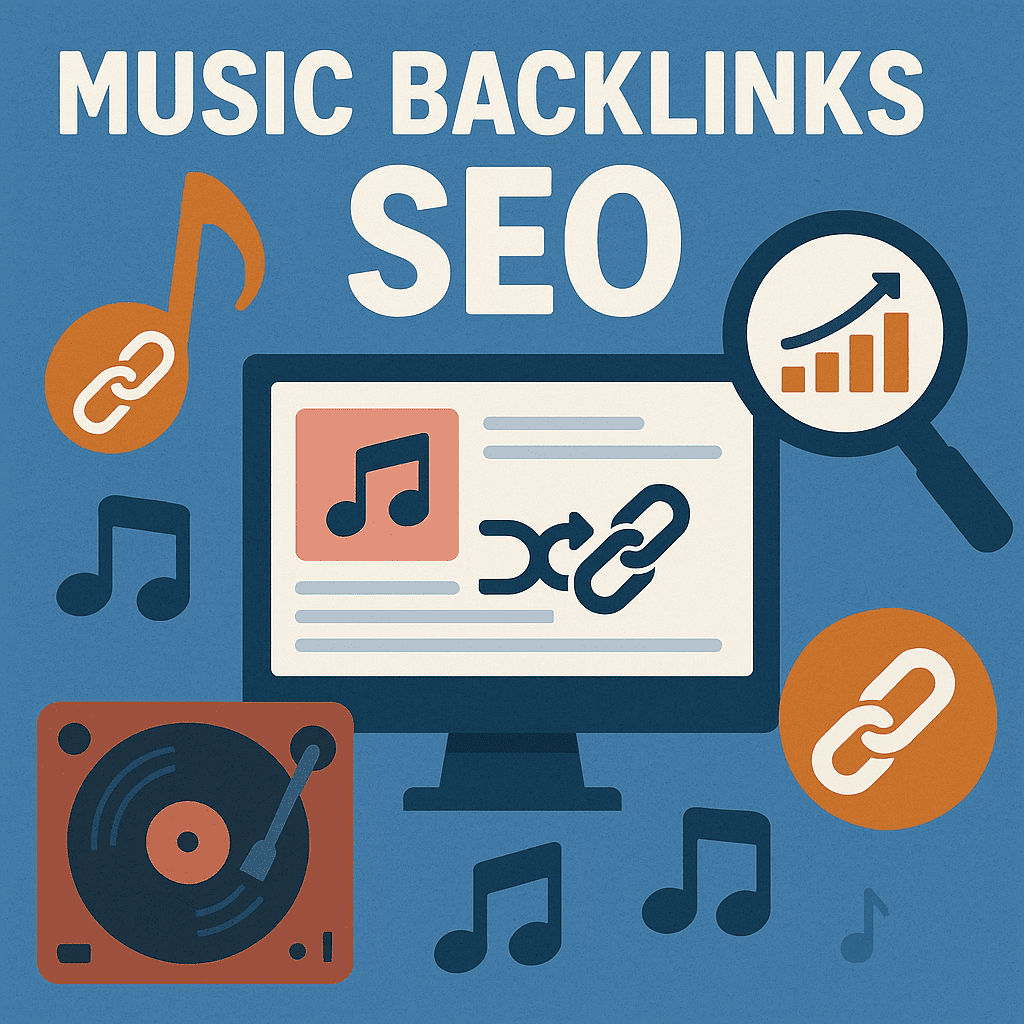
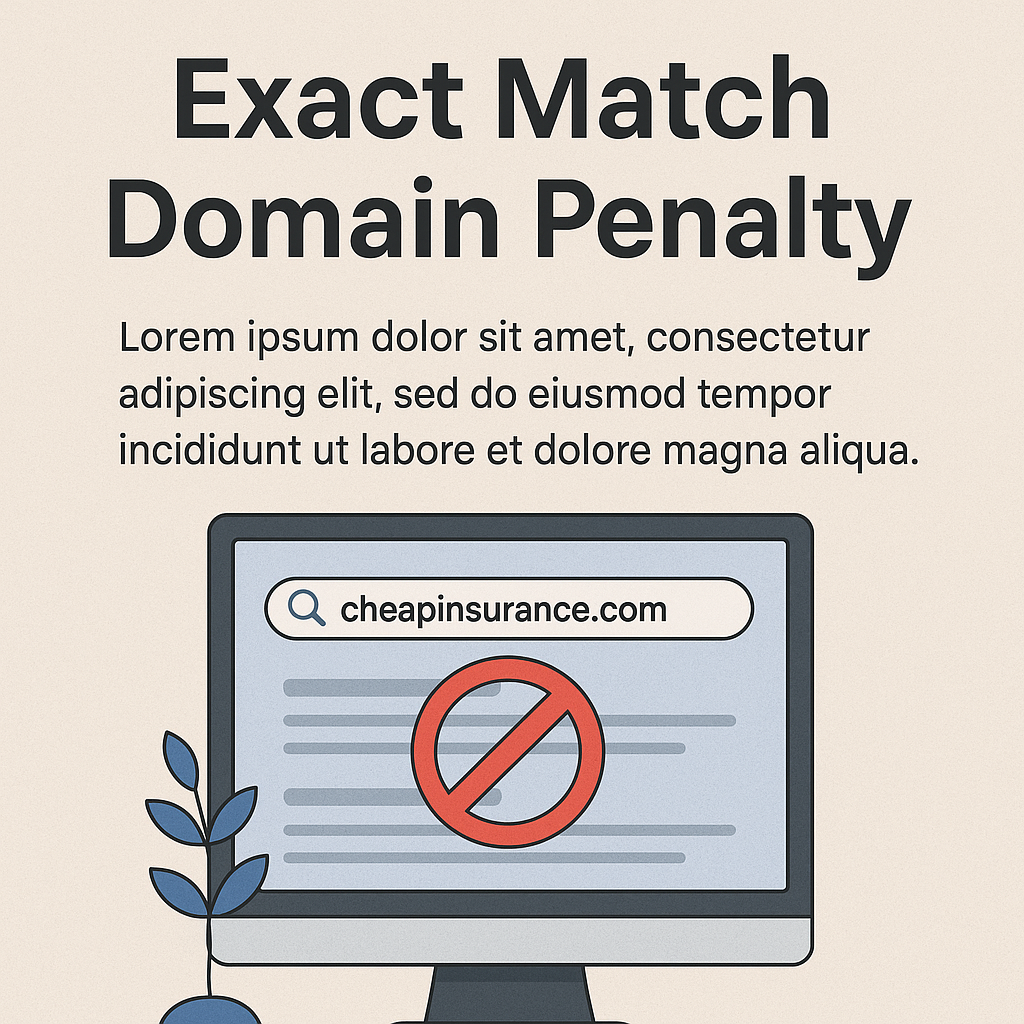
![B2B and B2C Website Examples [2025 Updated]](https://backlinkmanagement.io/wp-content/uploads/2025/05/B2B-and-B2C-Website-Example-.png)
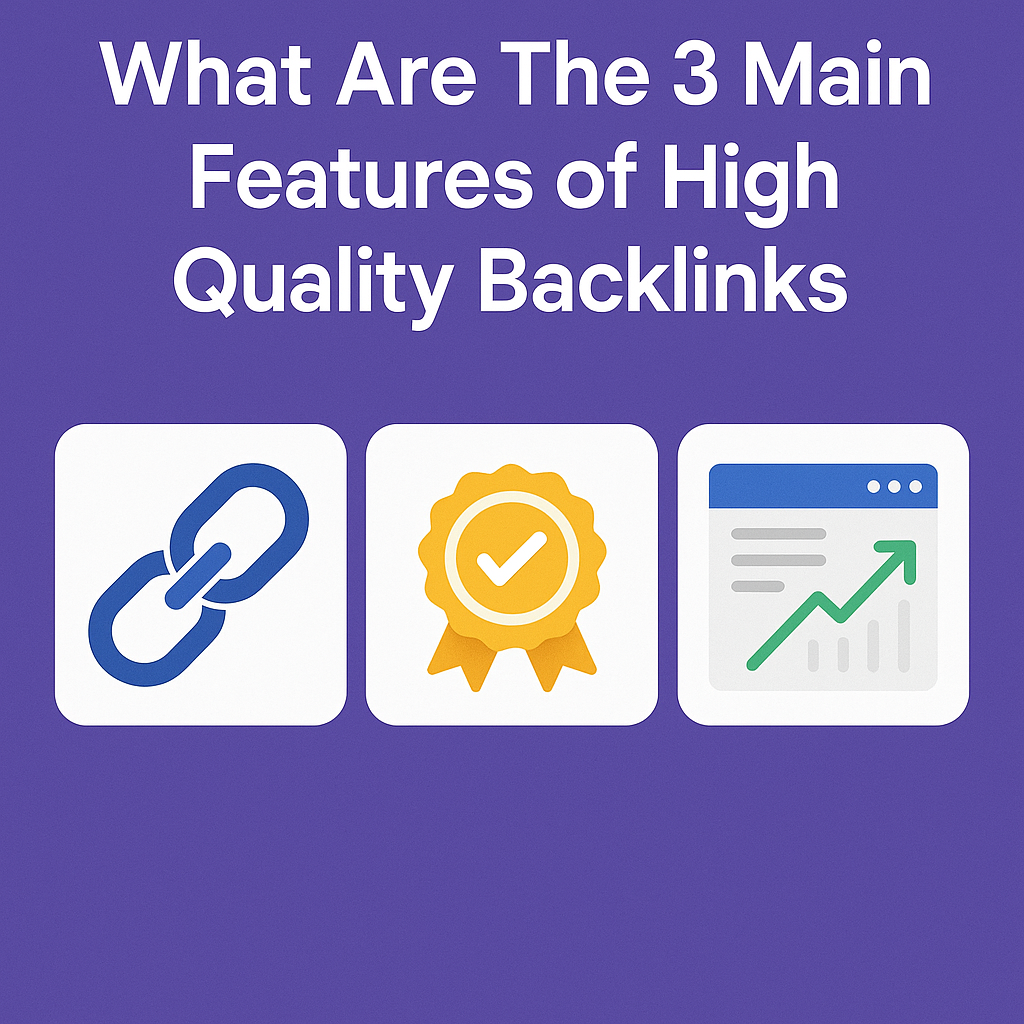

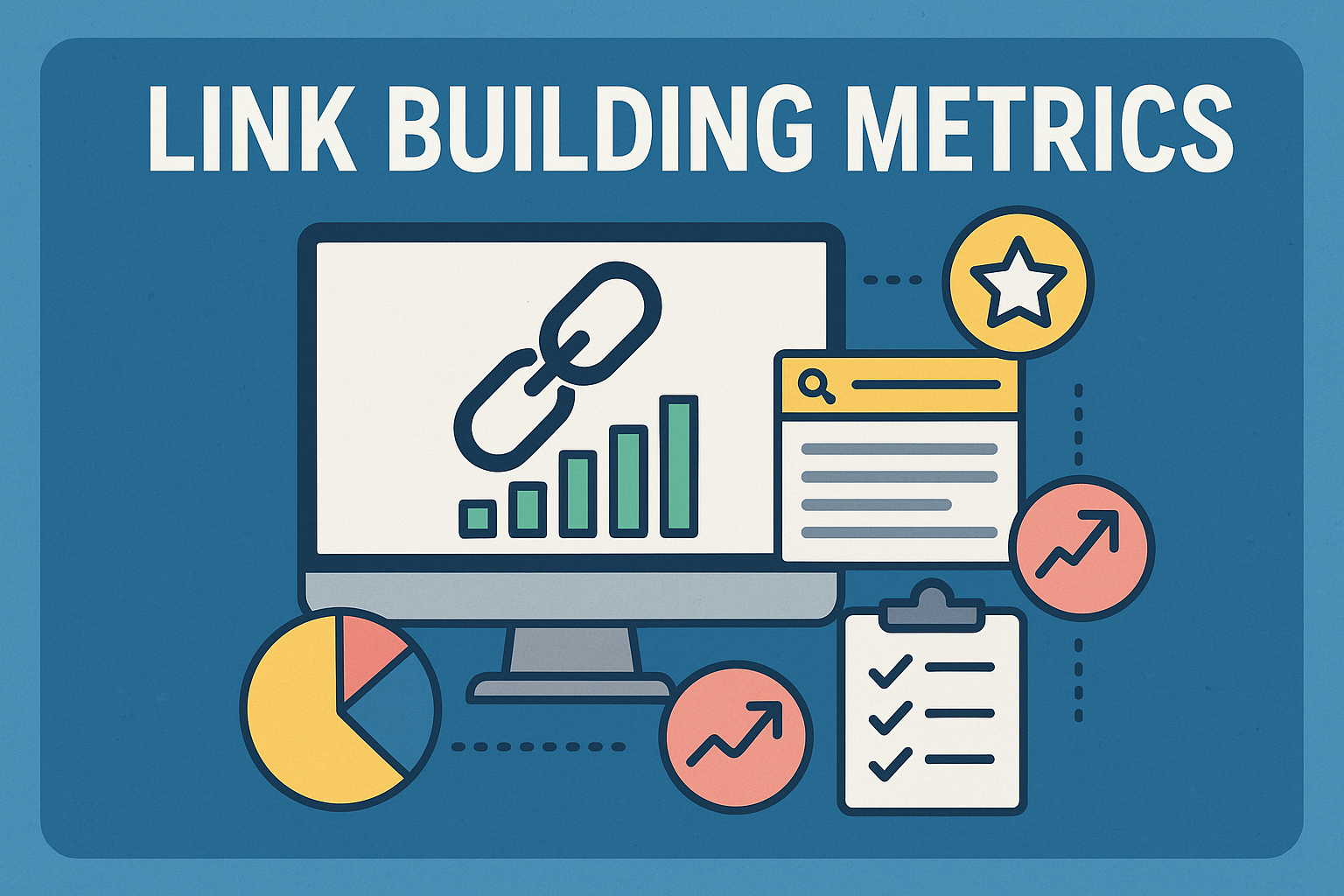
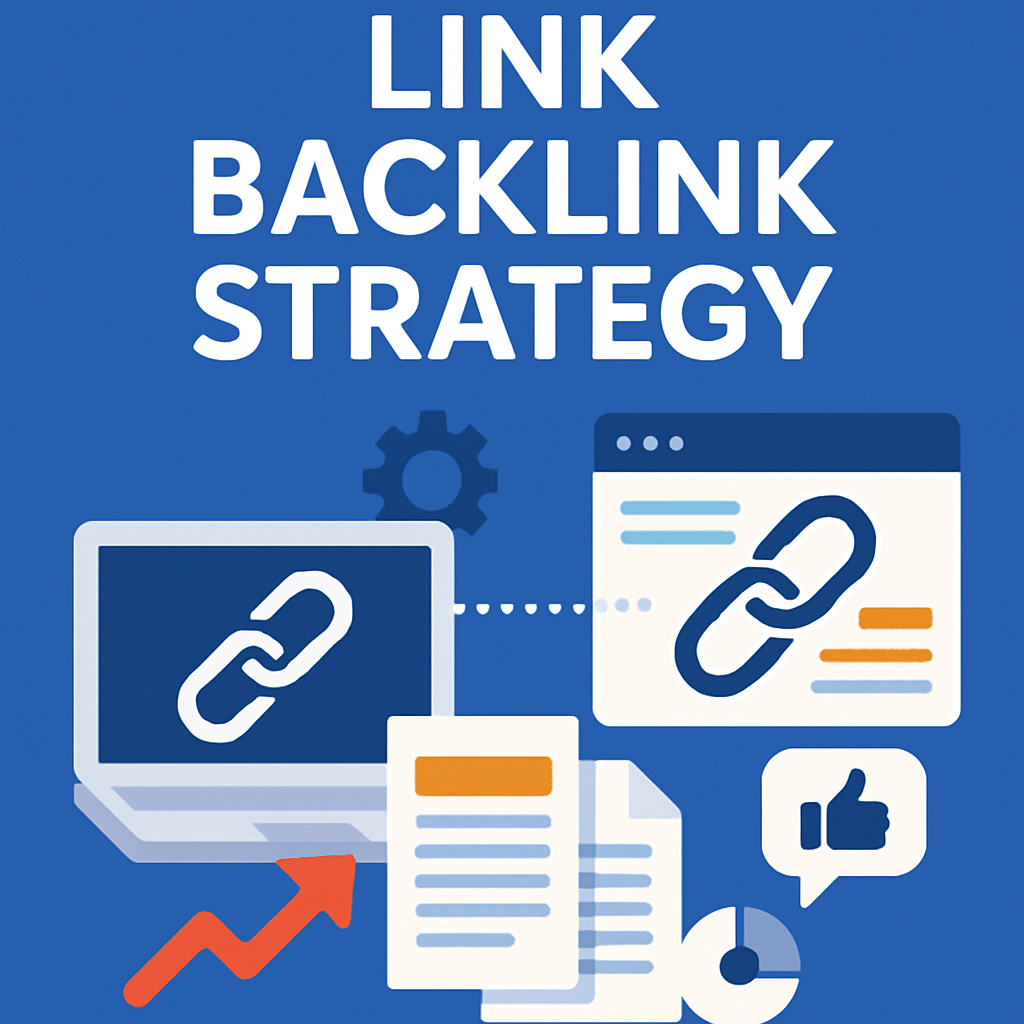


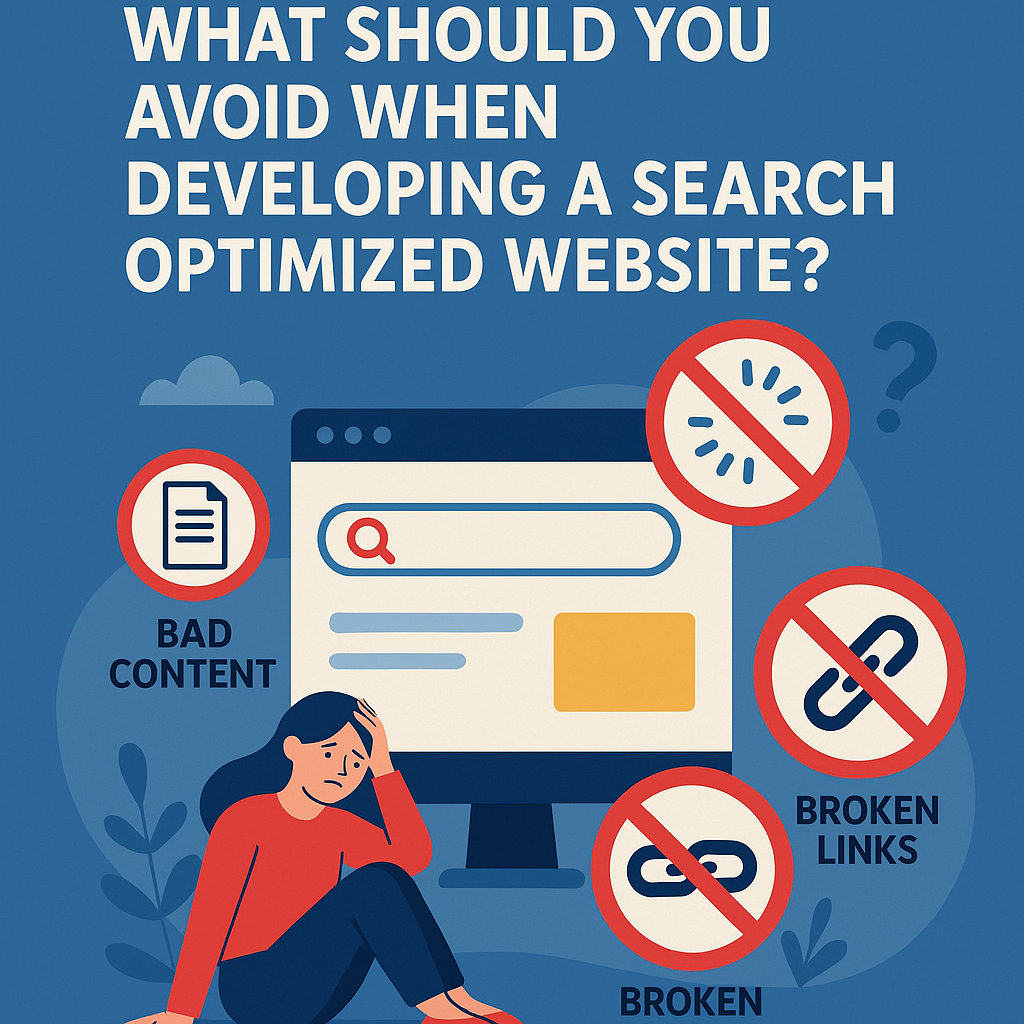
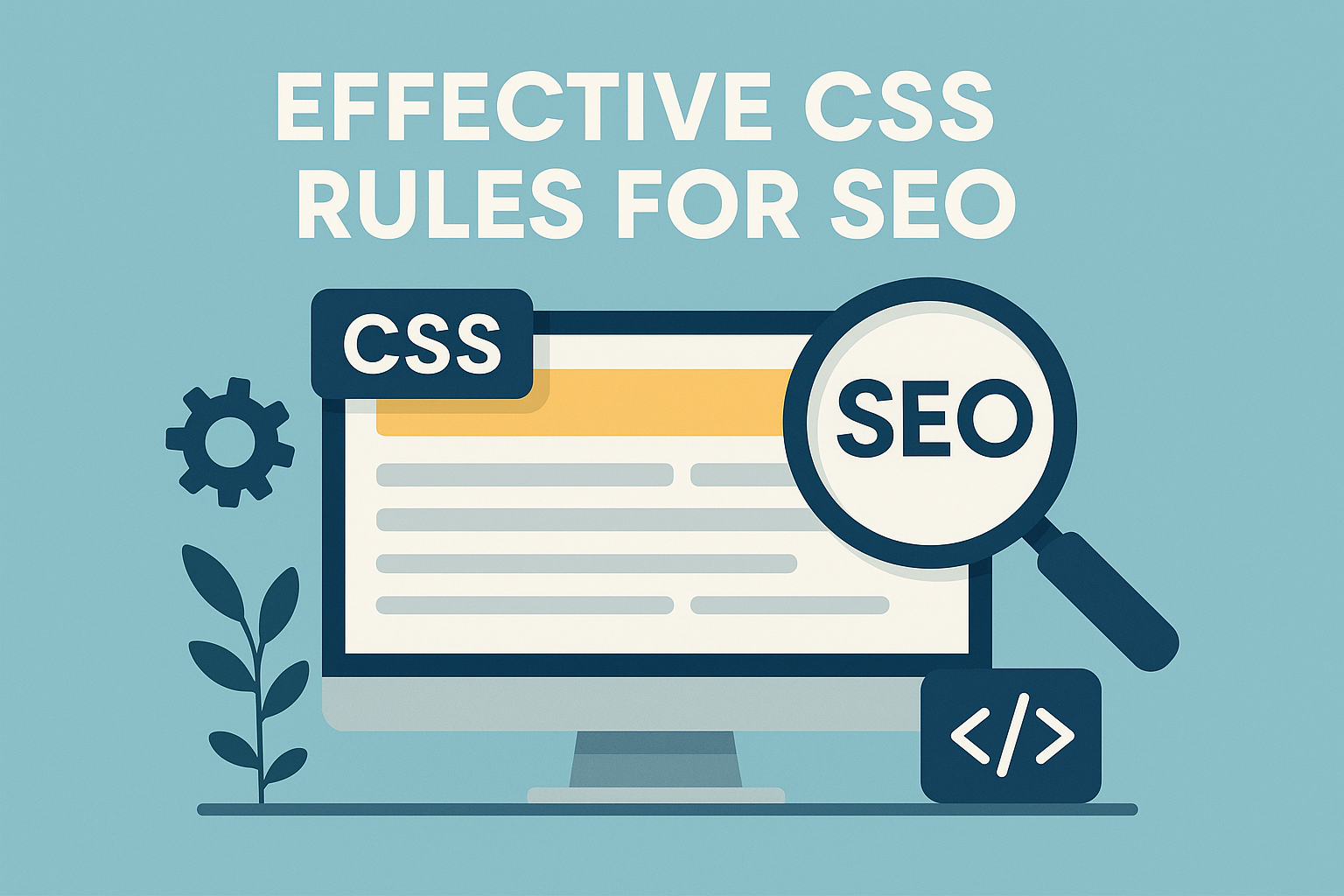

![What To Do After Keyword Research [2025 Guide]](https://backlinkmanagement.io/wp-content/uploads/2025/05/What-To-Do-After-Keyword-Research.png)
![Is Page Speed Really A Ranking Factor? [2025]](https://backlinkmanagement.io/wp-content/uploads/2025/05/Is-Page-Speed-Really-A-Ranking-Factor.png)
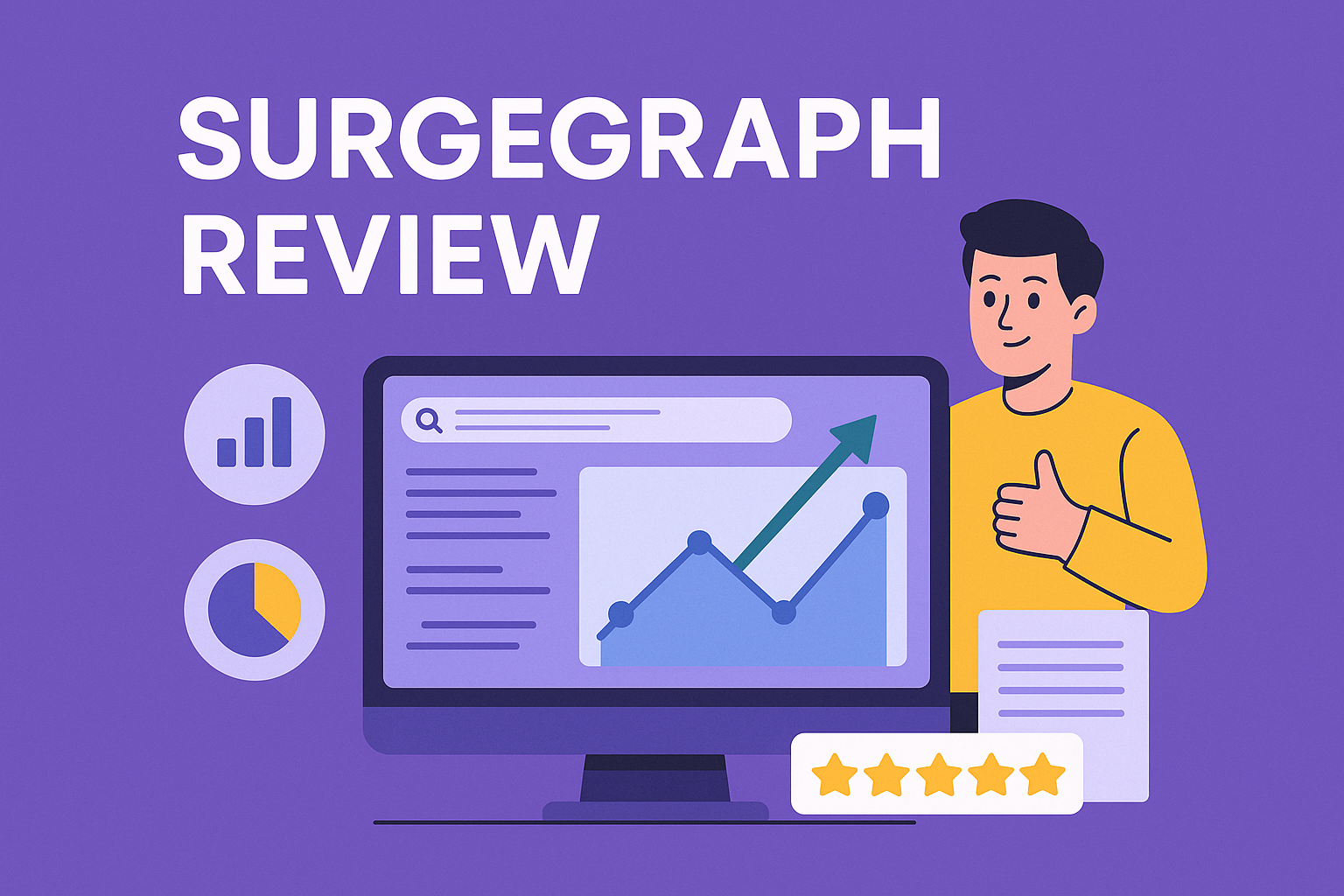





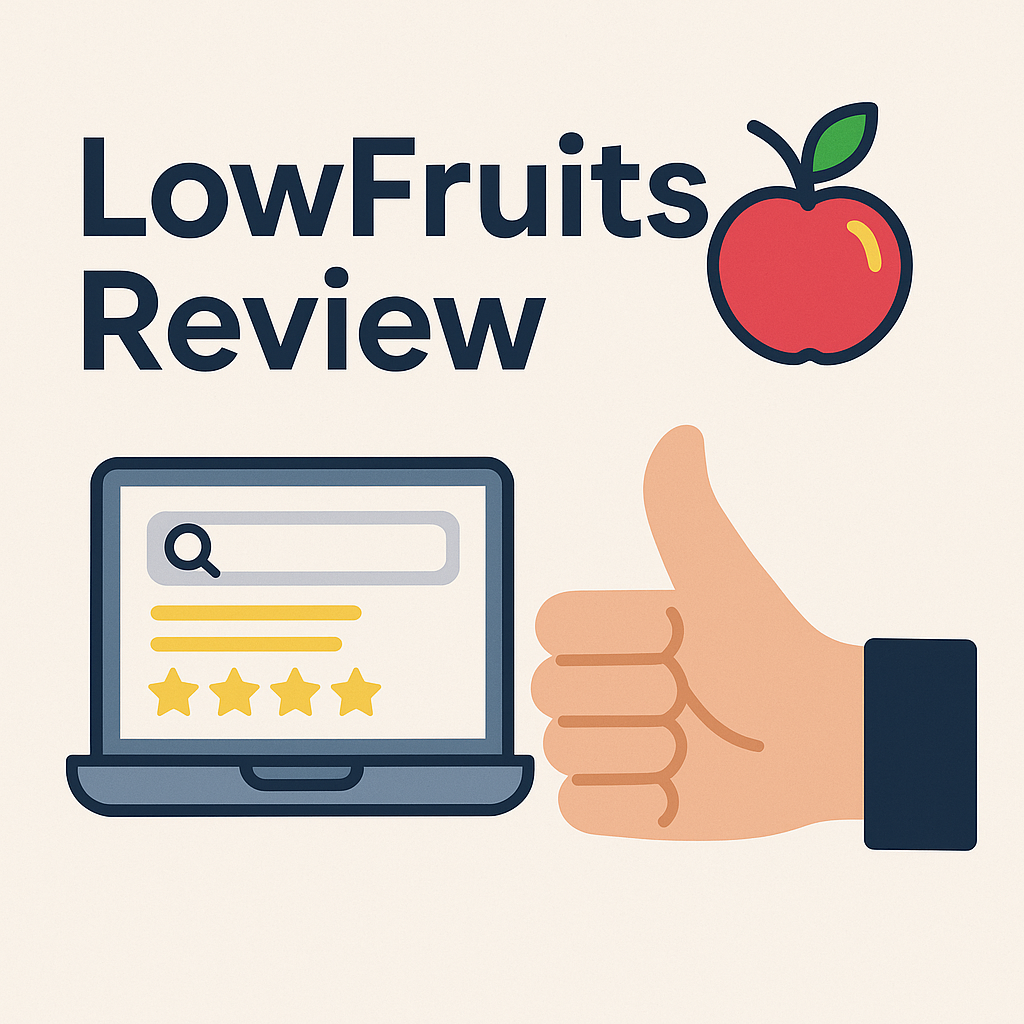

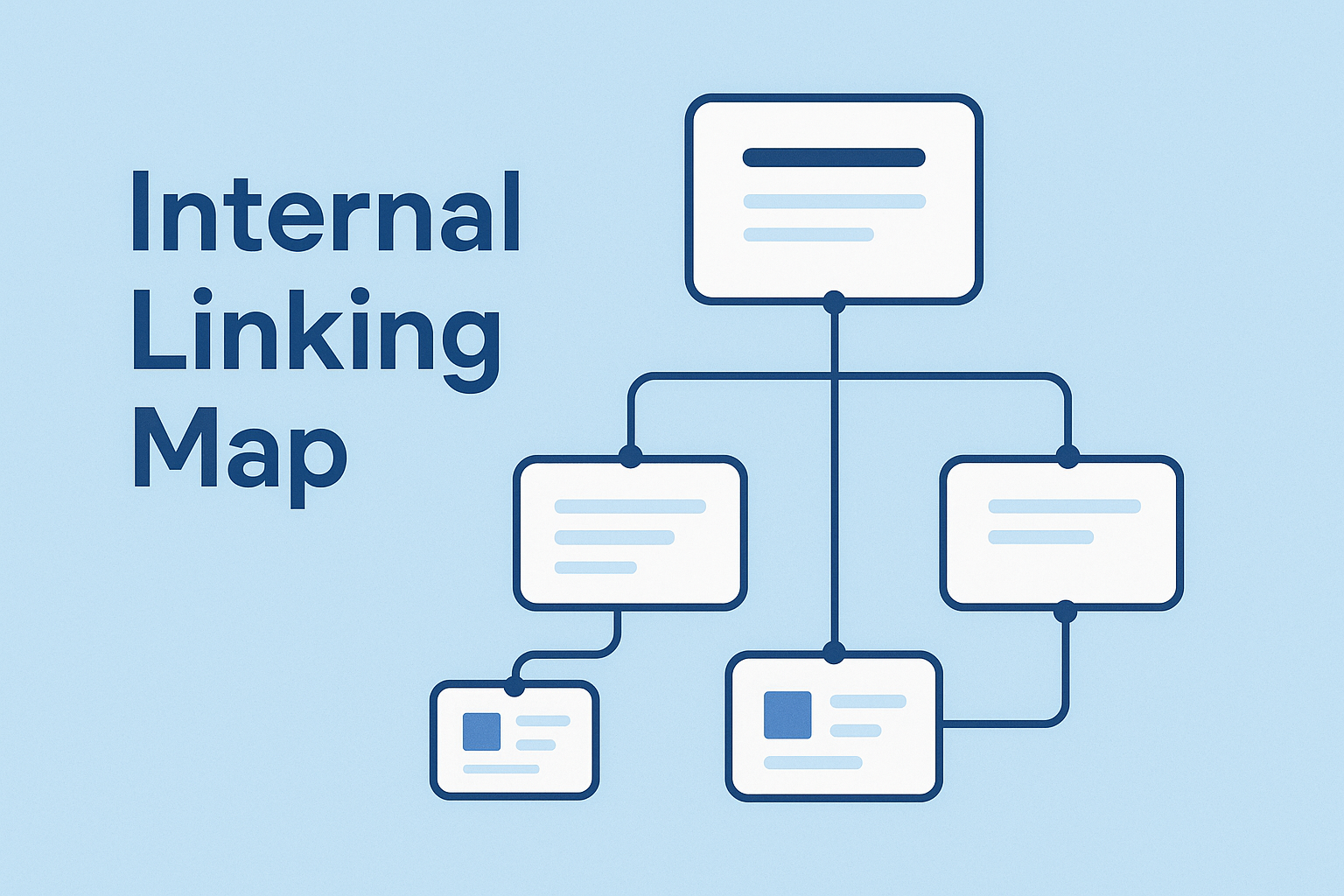

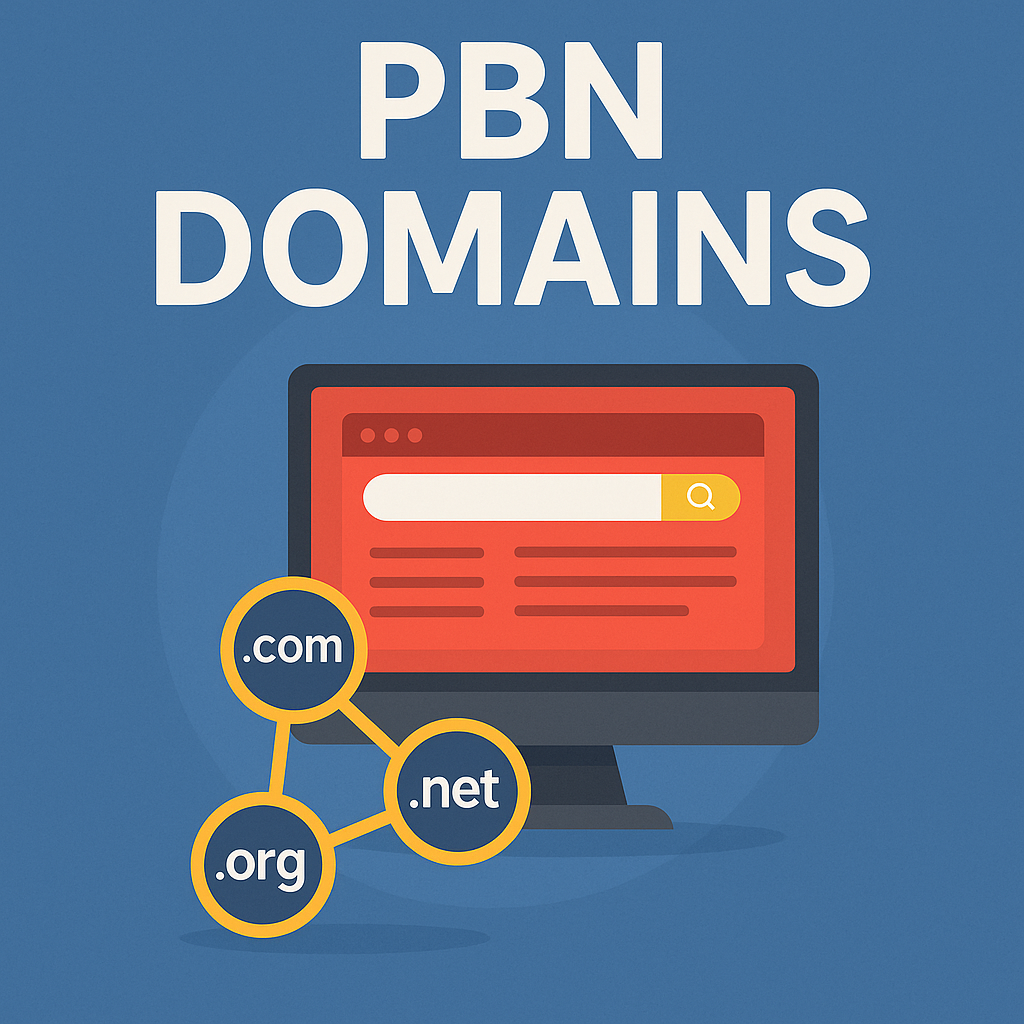
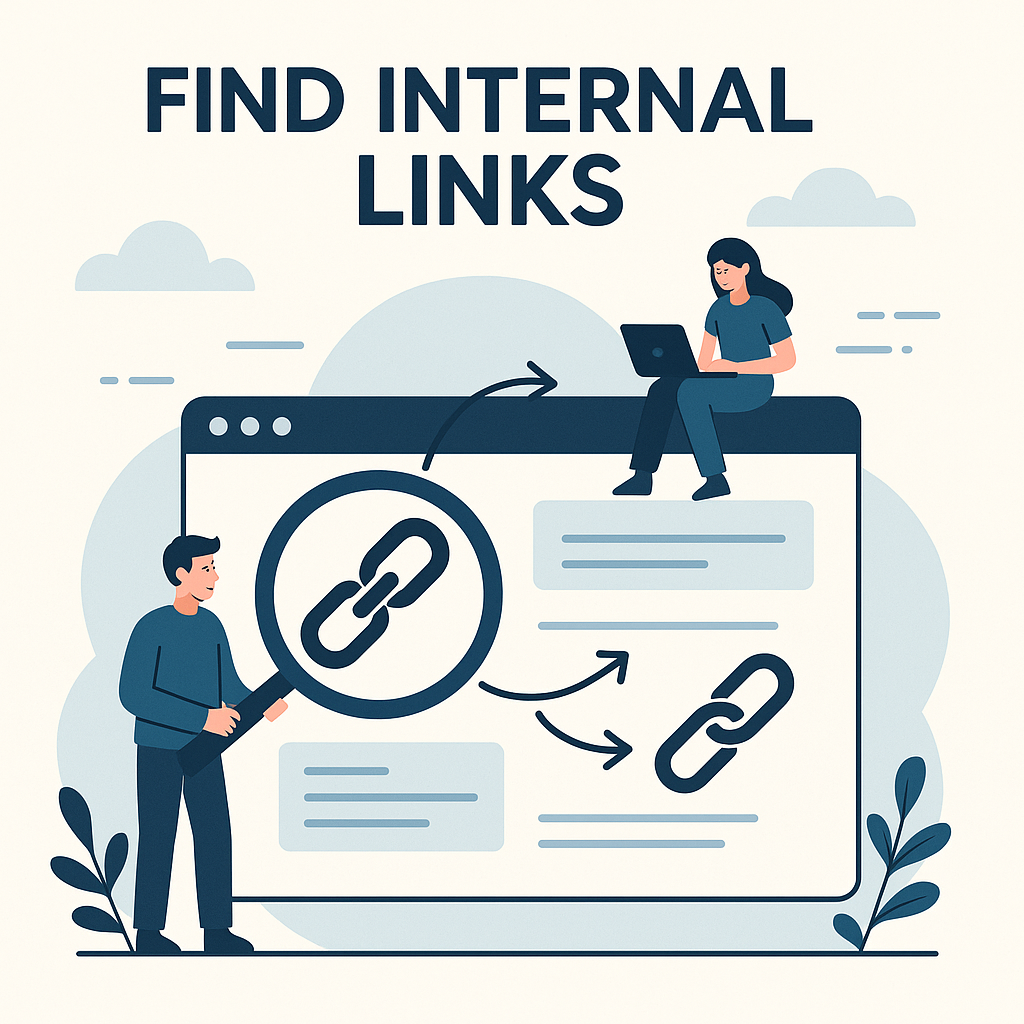
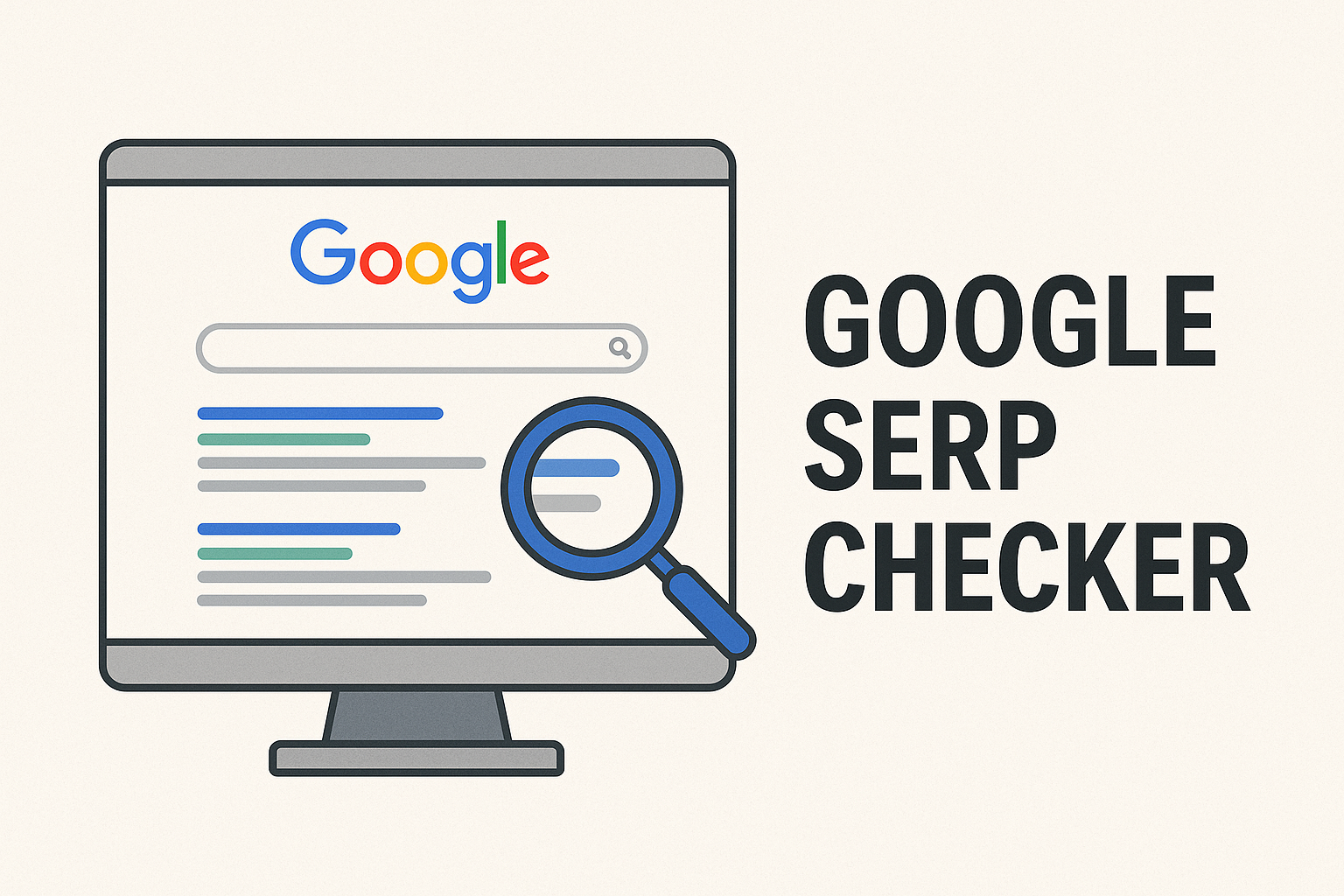
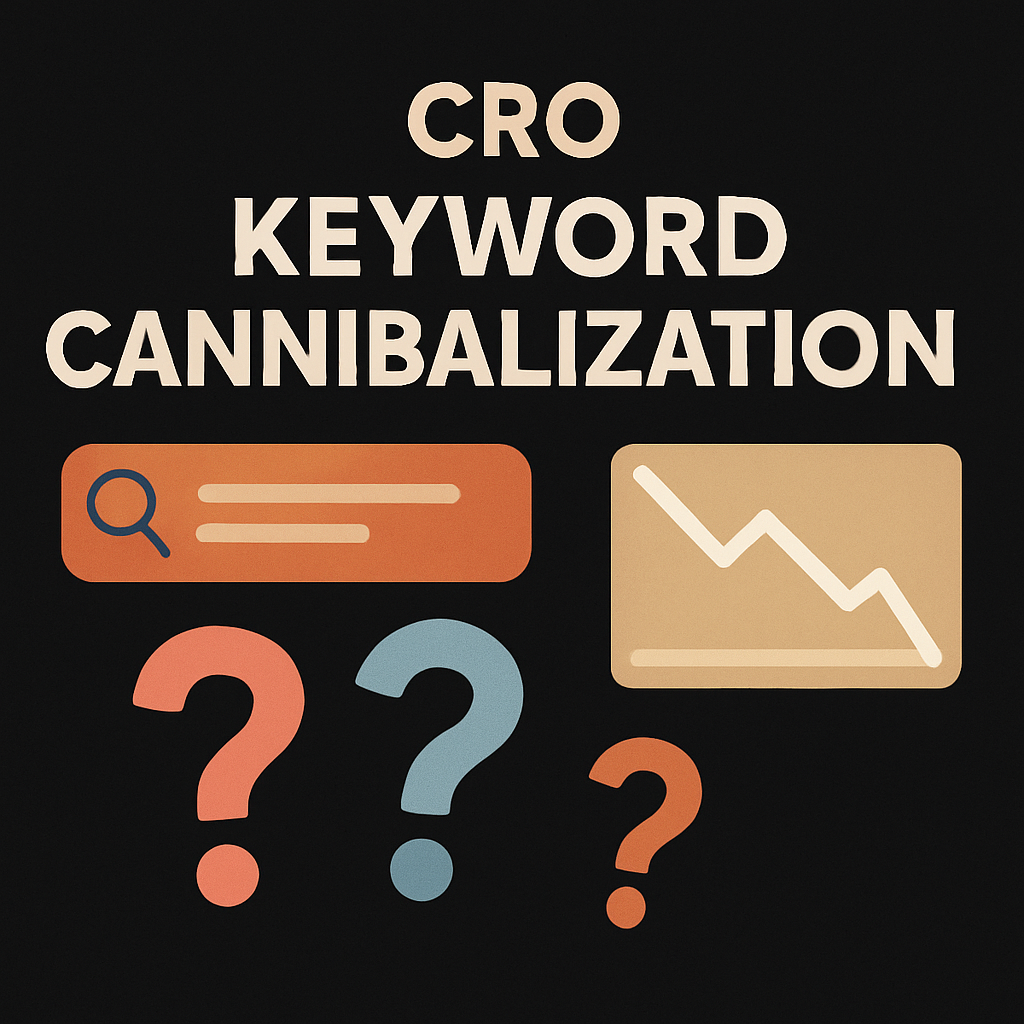



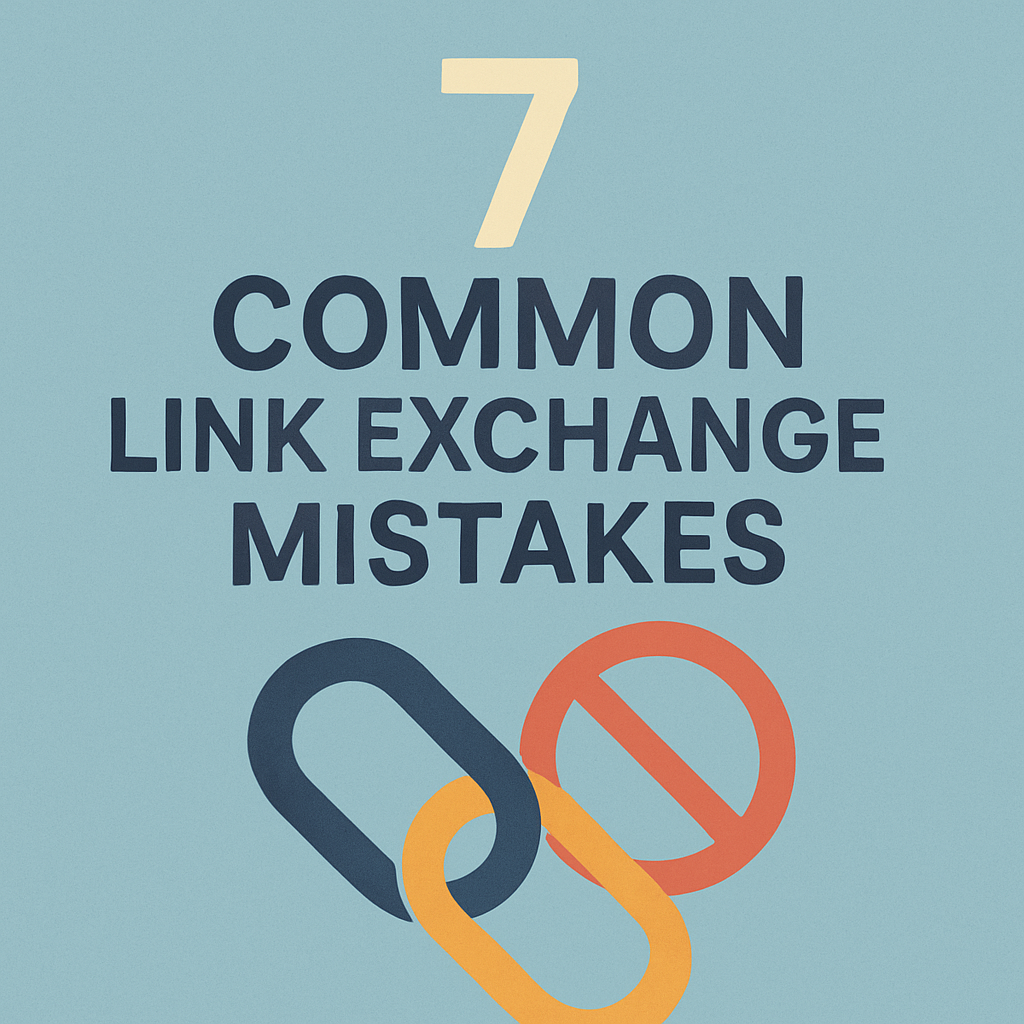
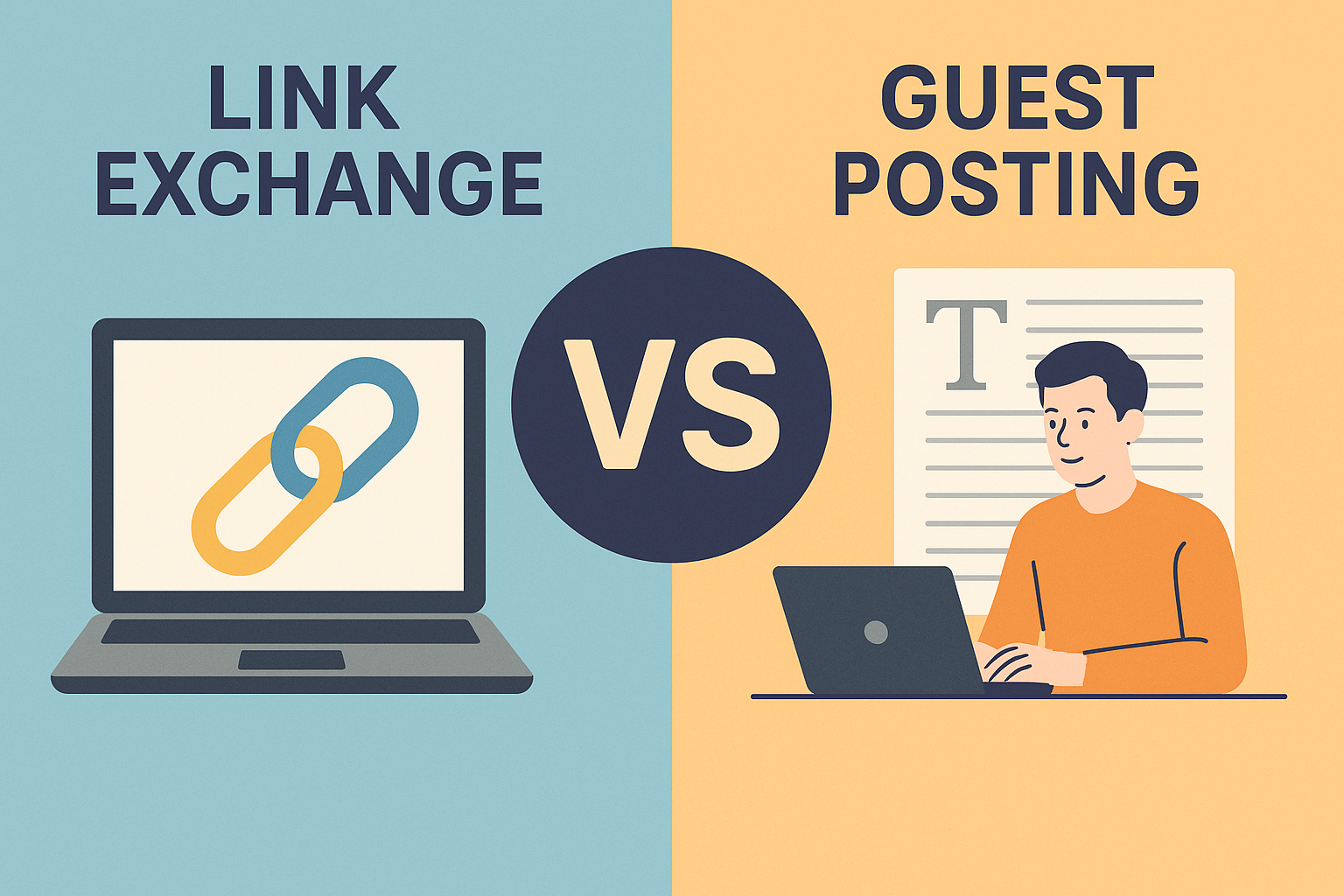
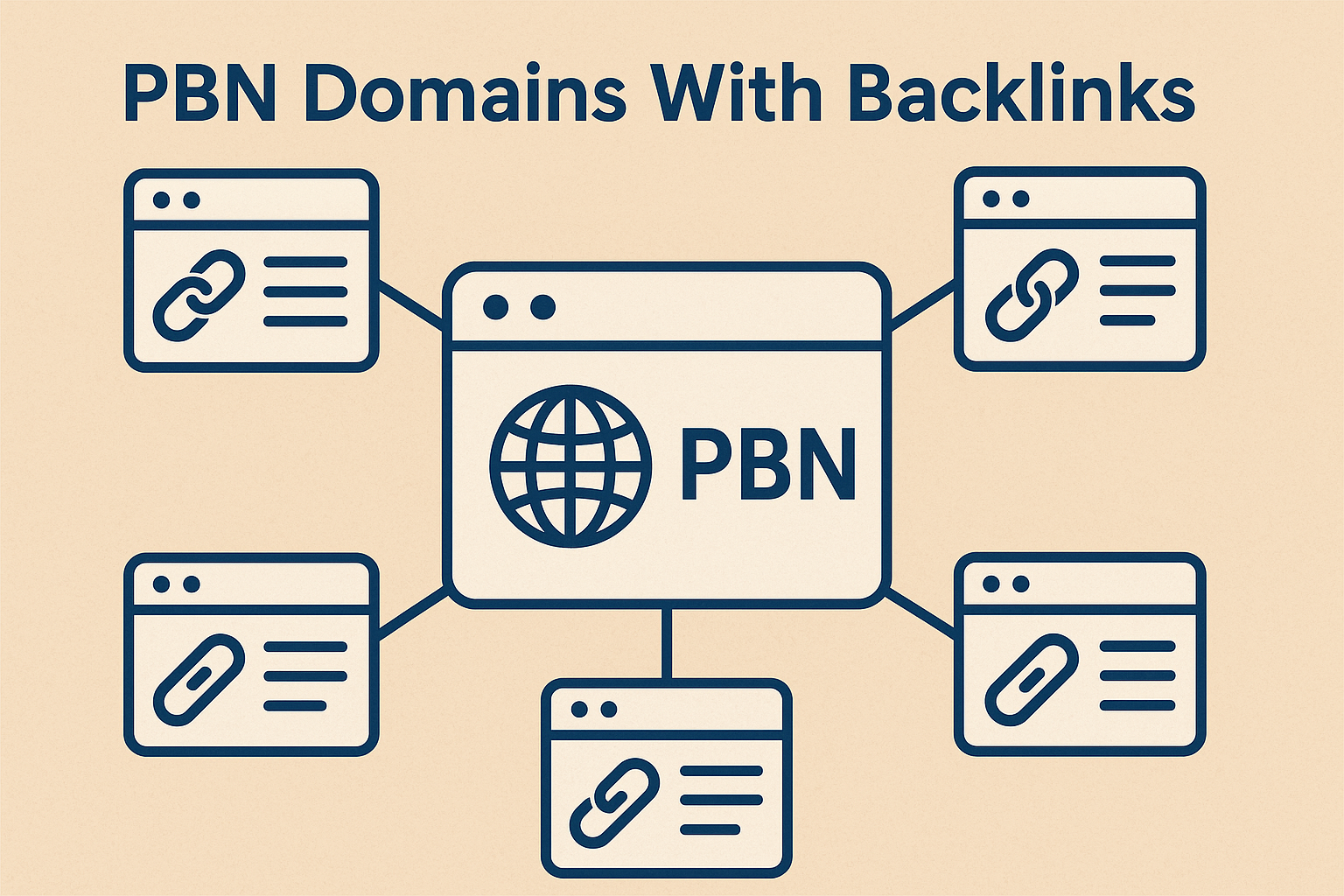
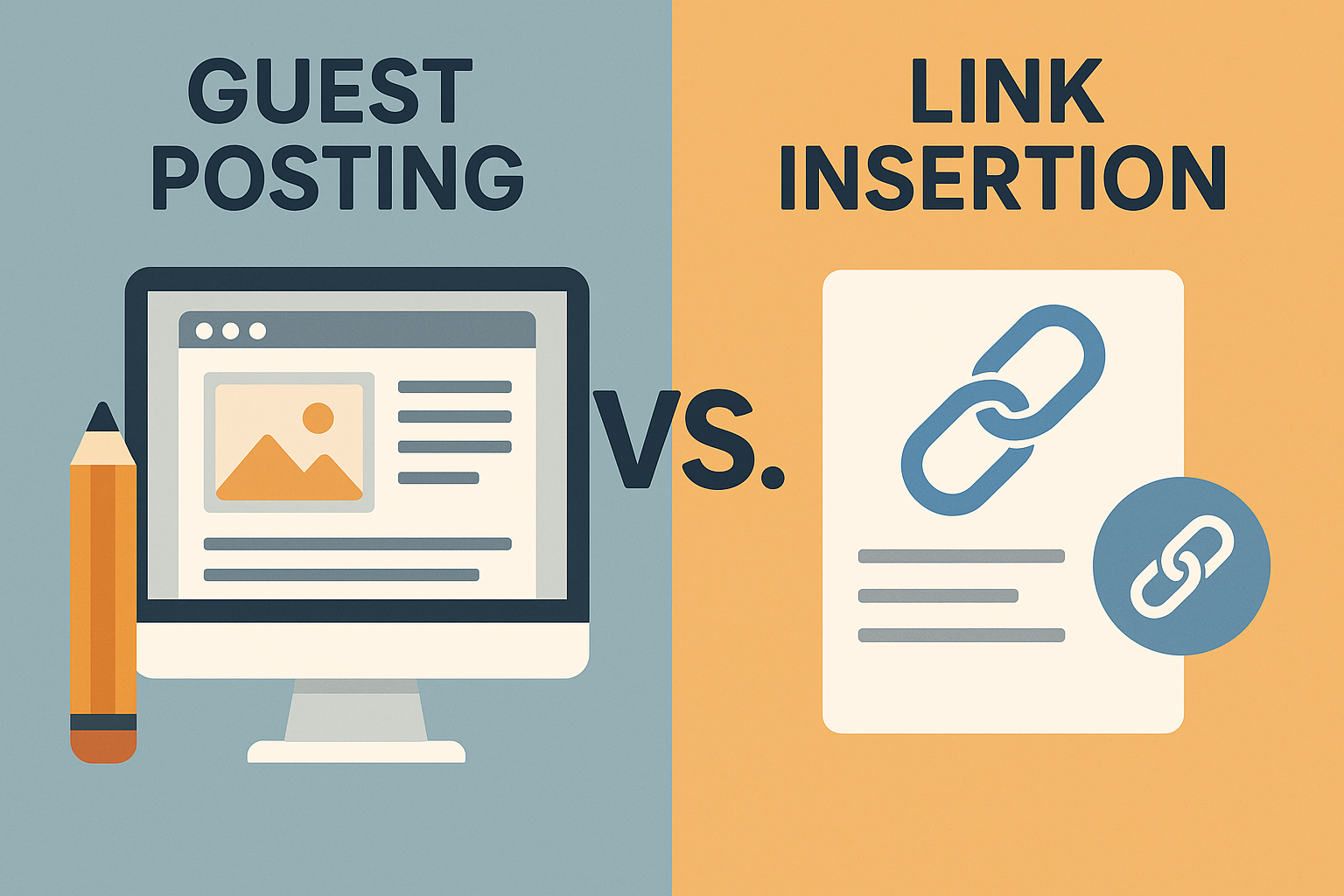
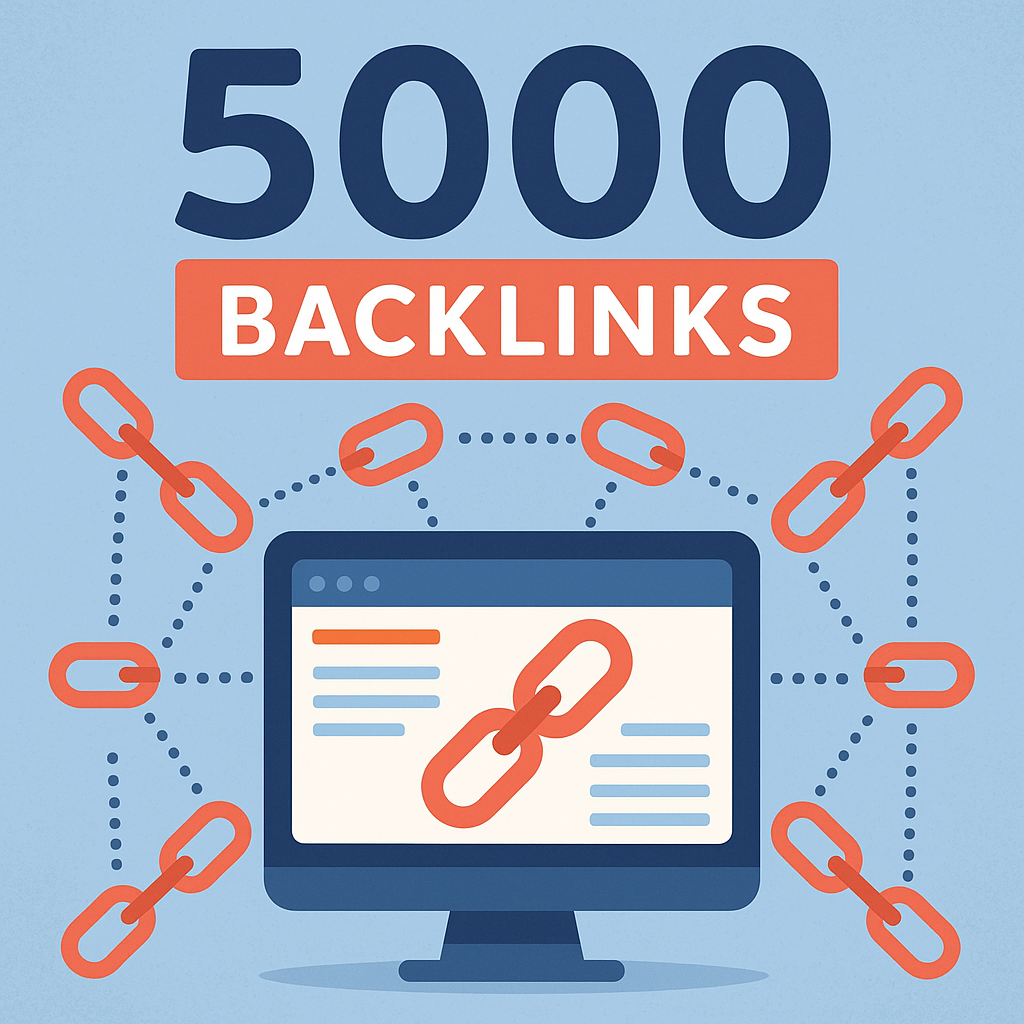

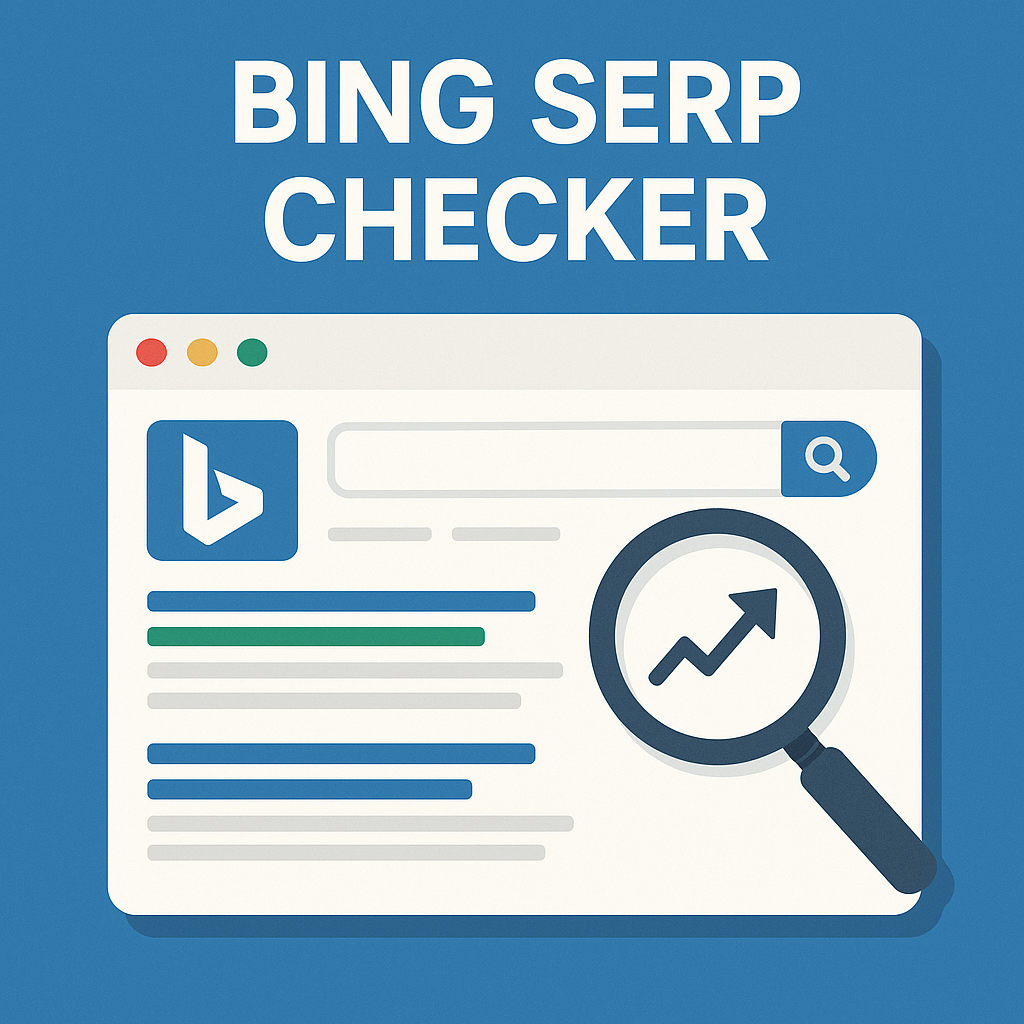
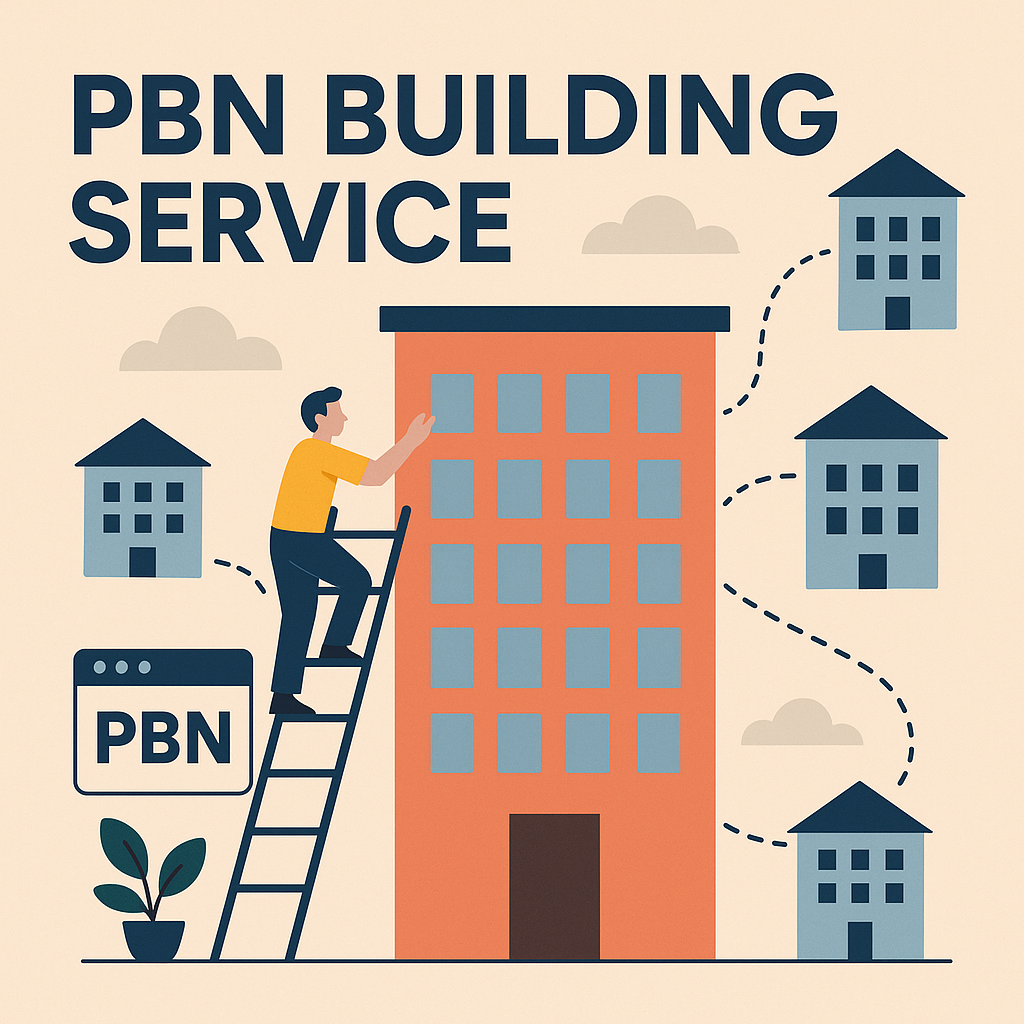
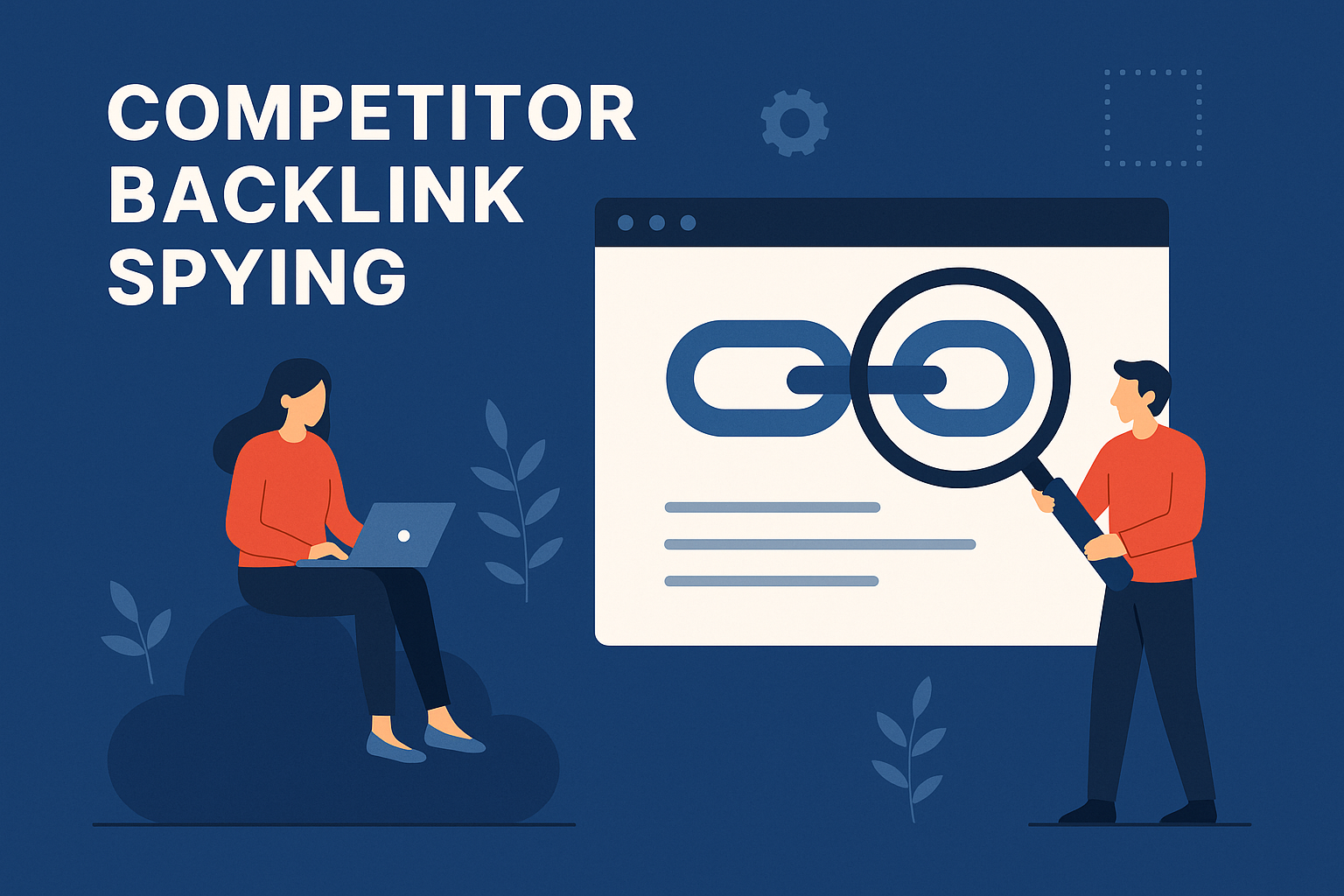
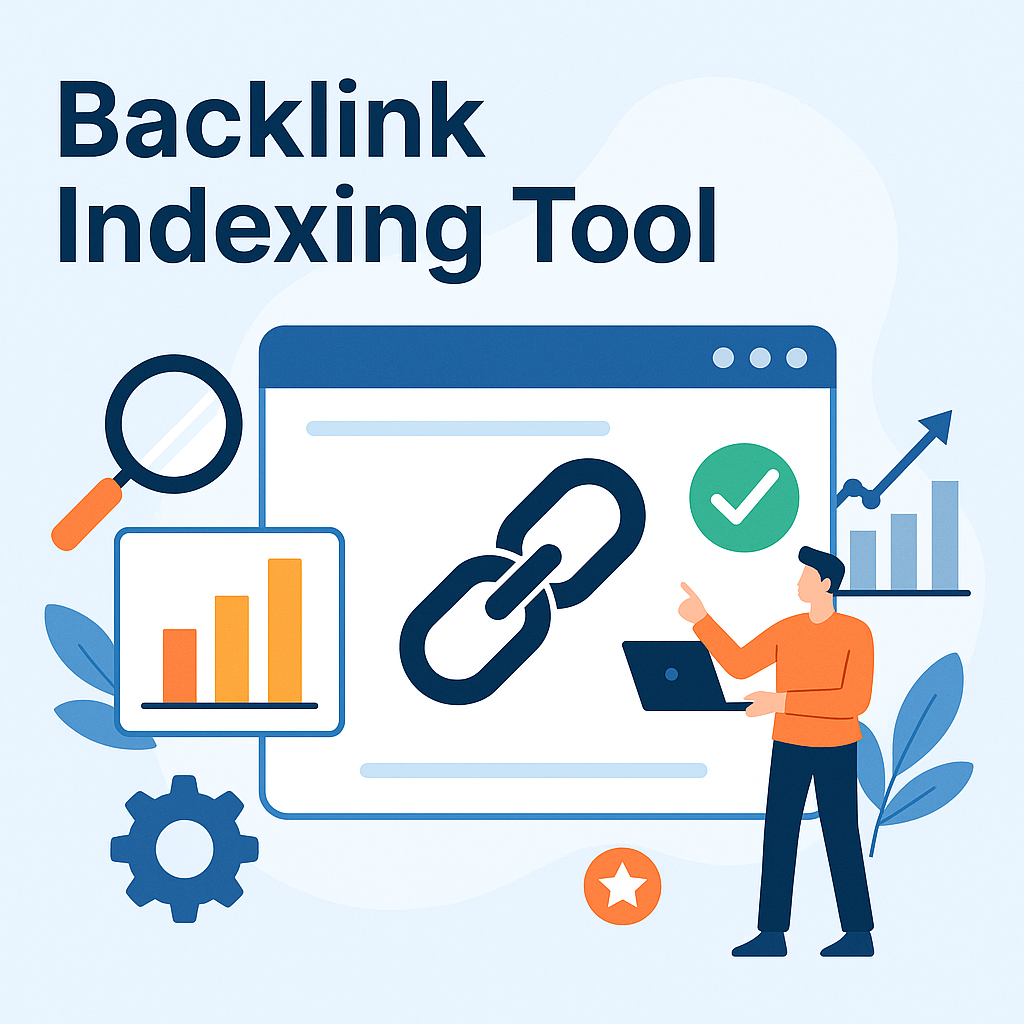

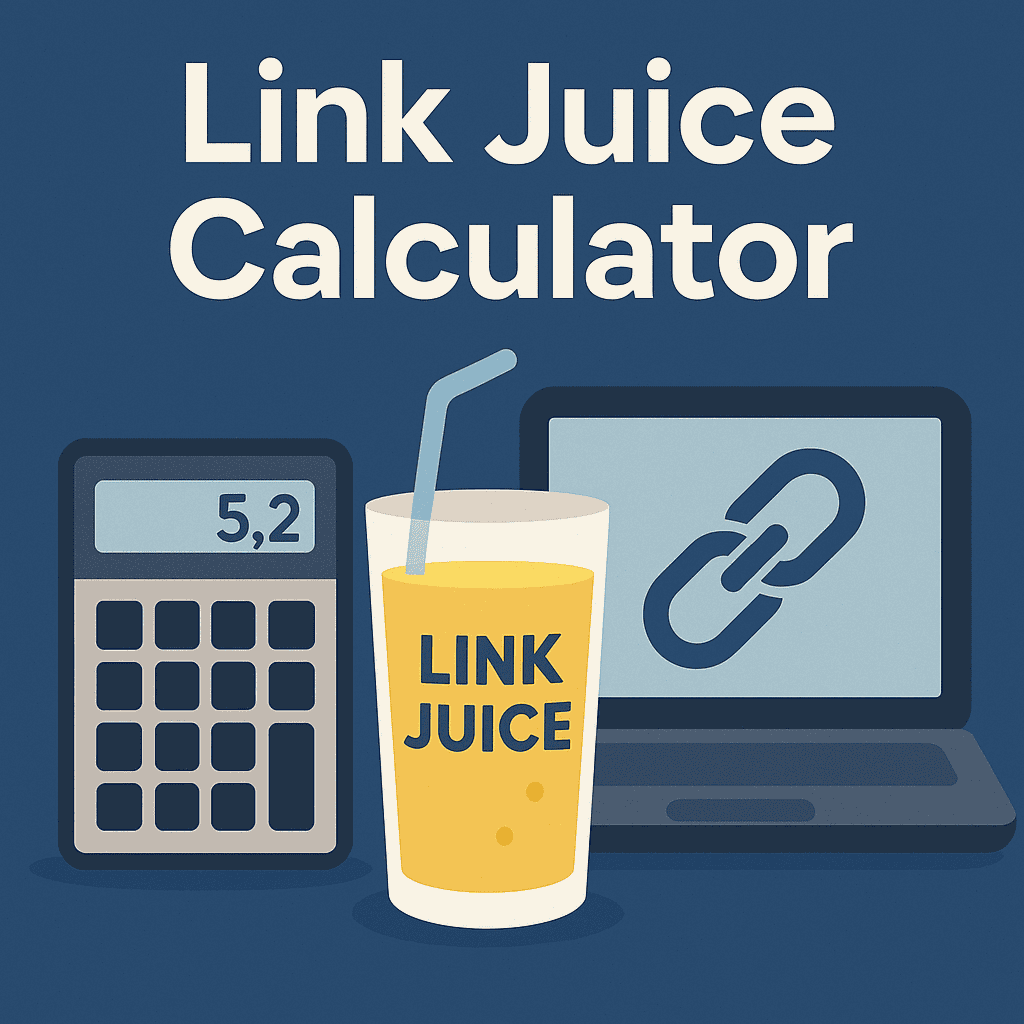

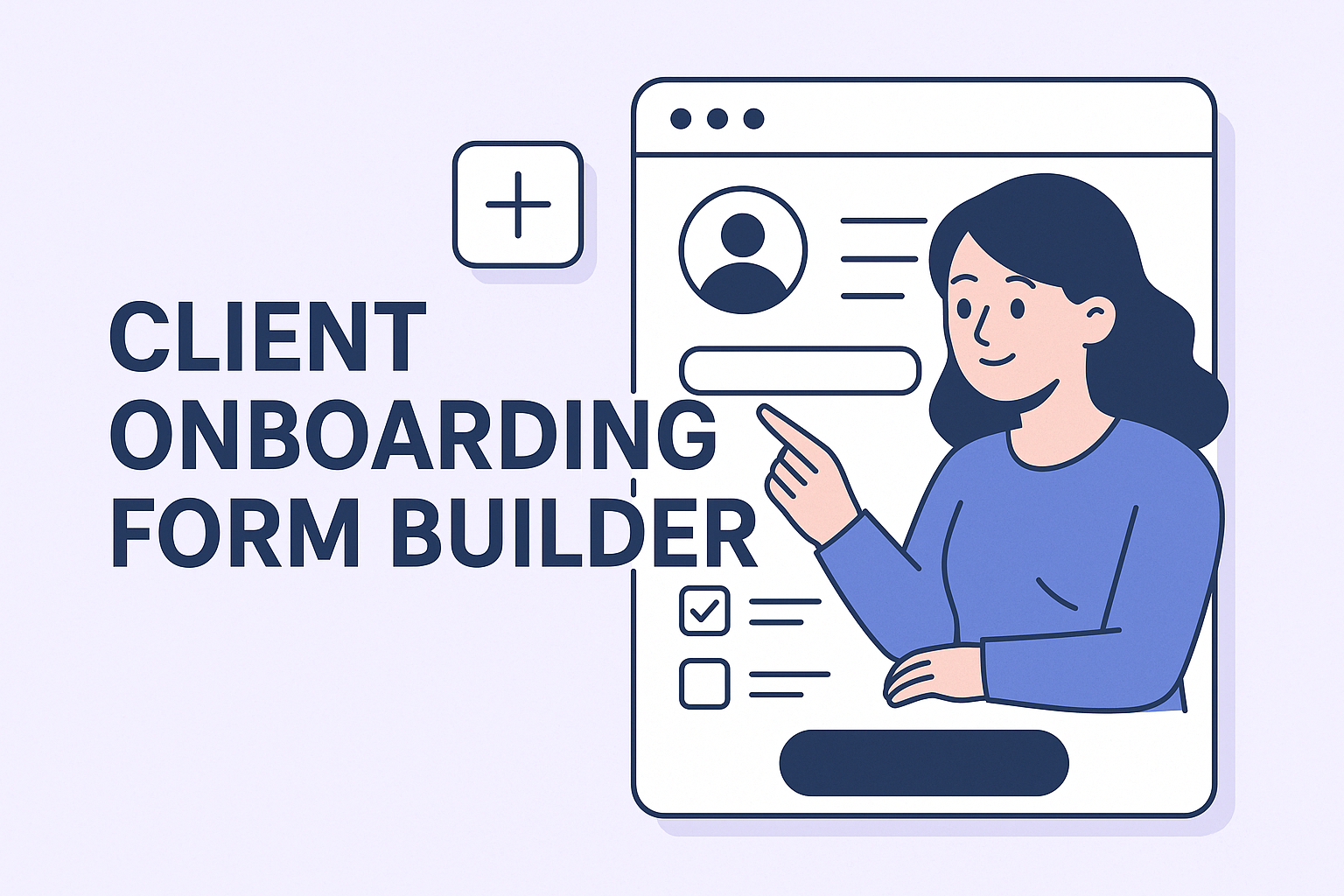
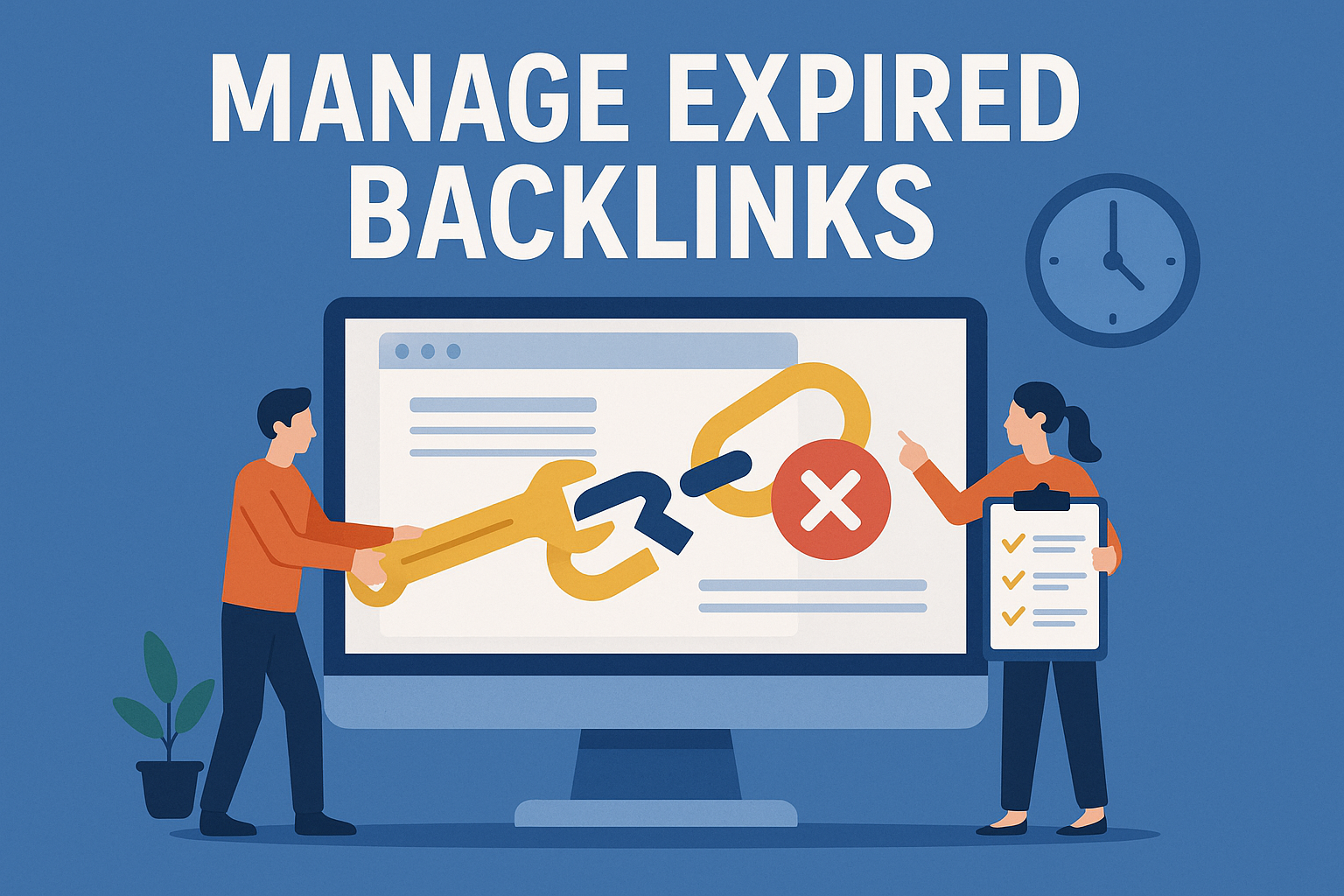
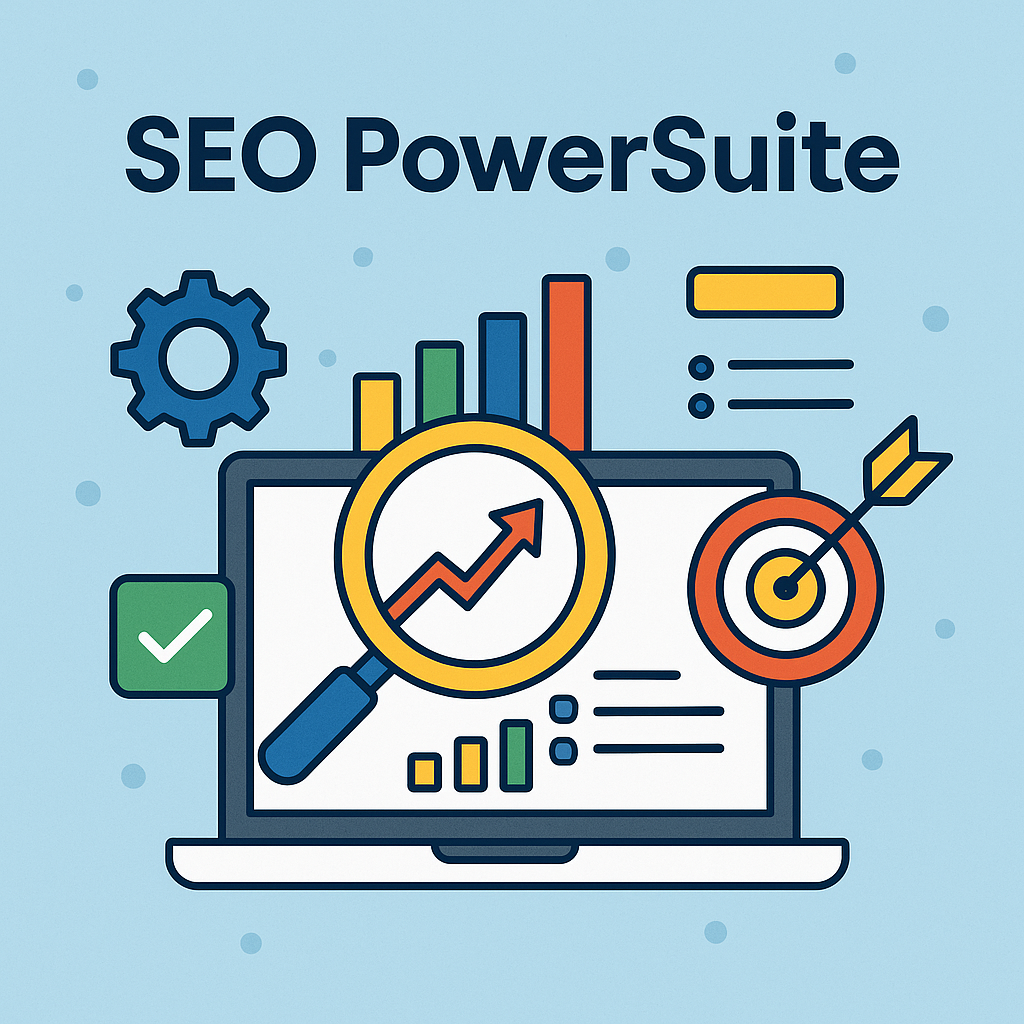
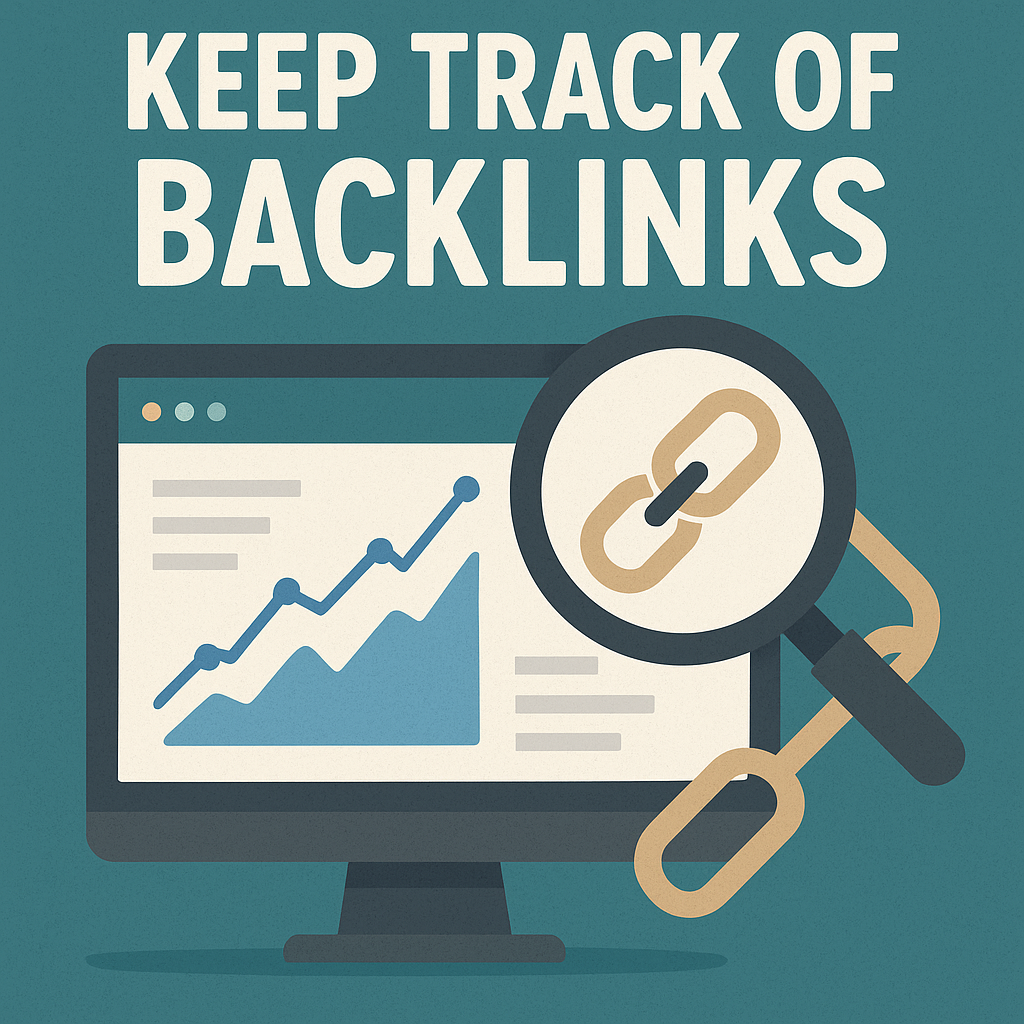
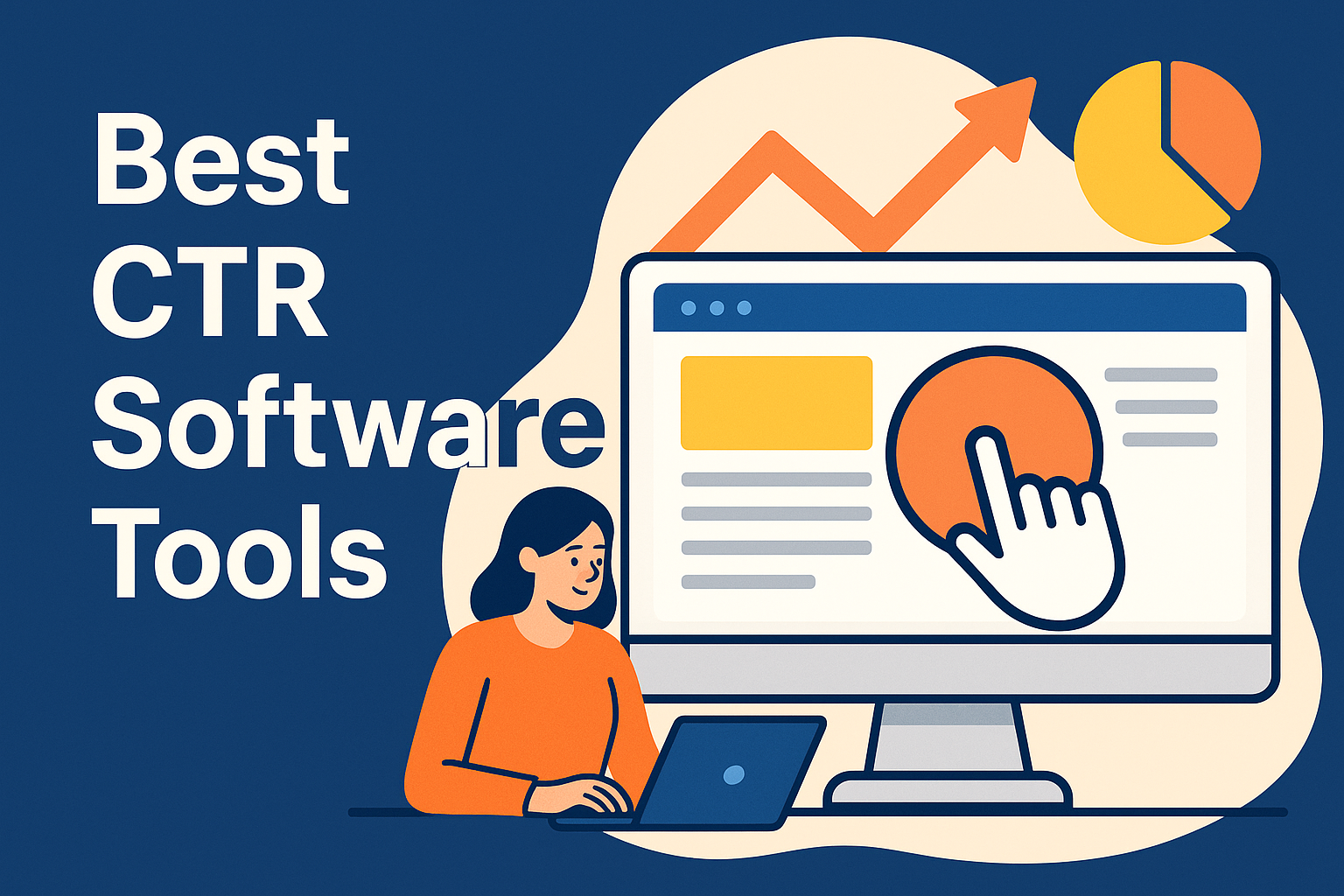
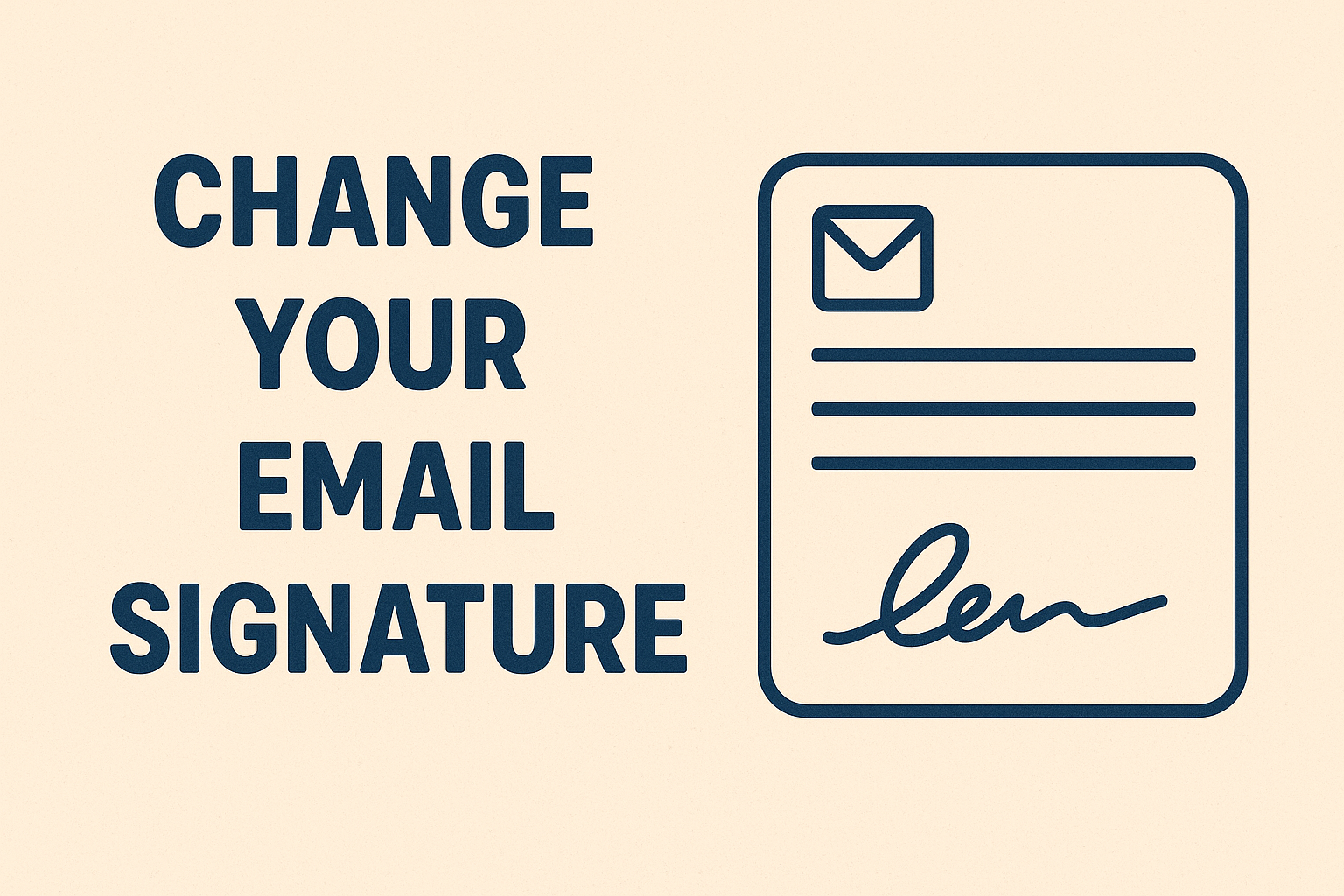
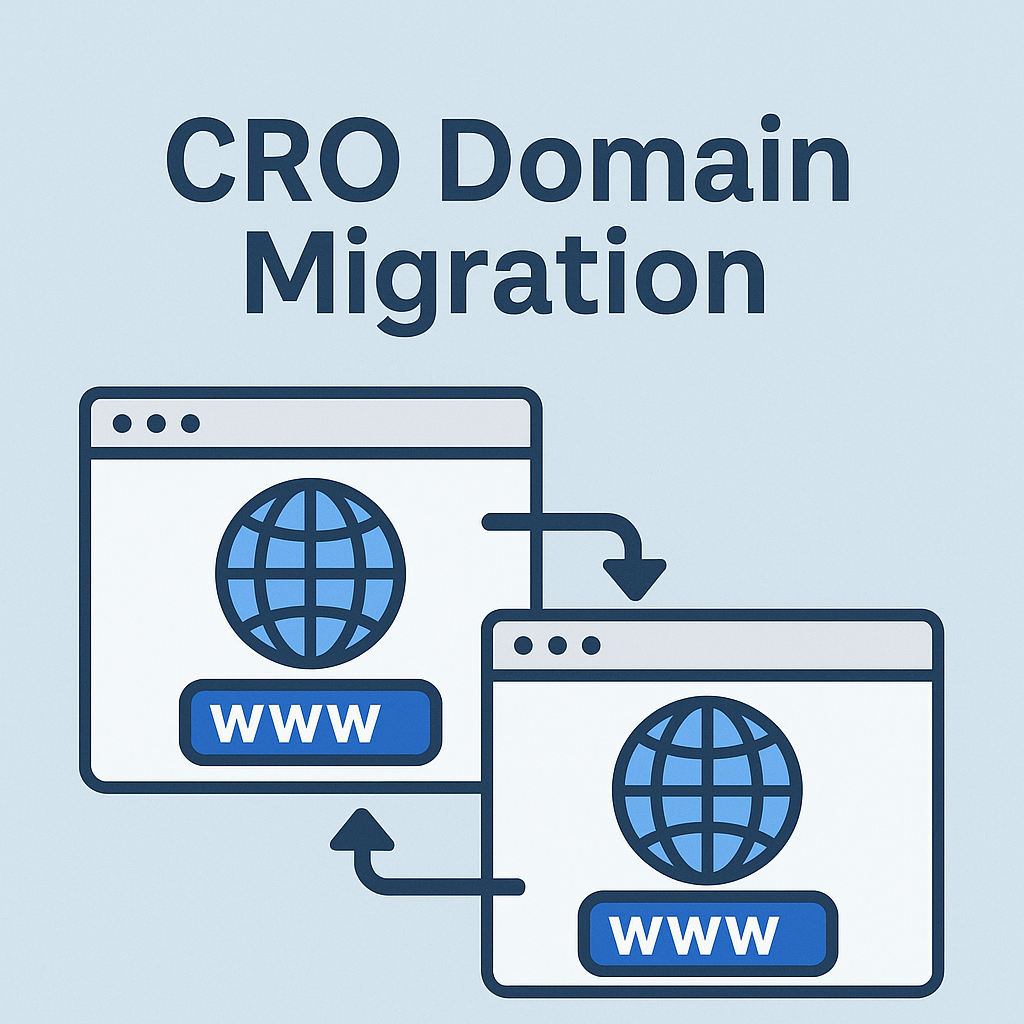
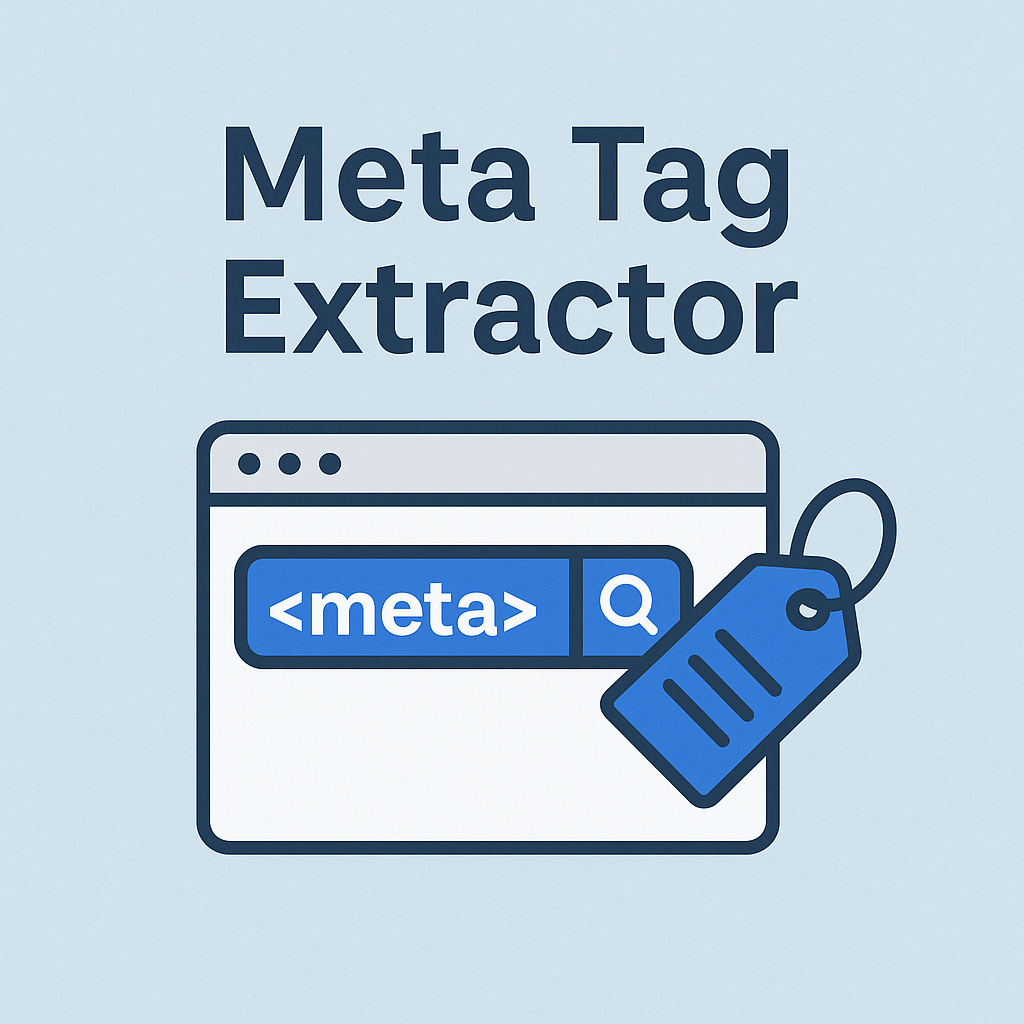
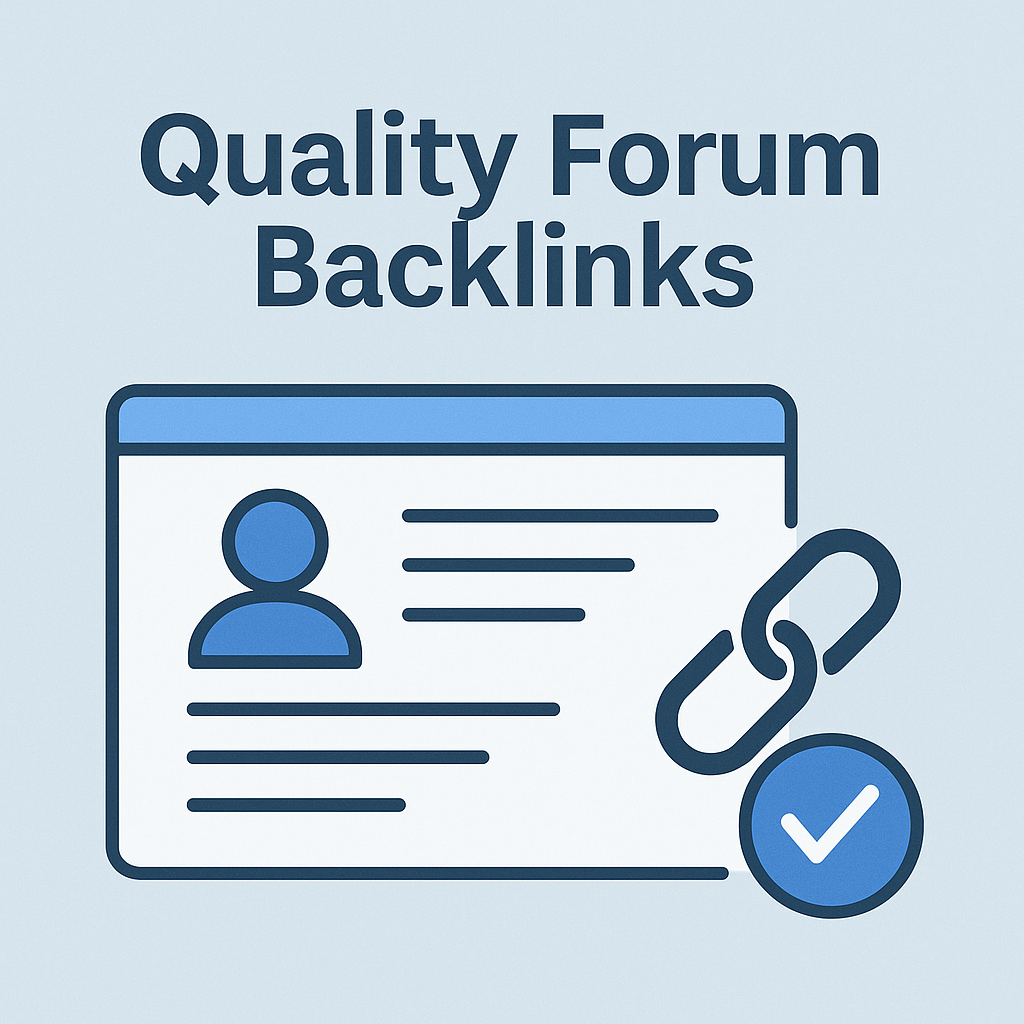
![Best Link Exchange Sites [Free & Safe] – Top 5 Picks](https://backlinkmanagement.io/wp-content/uploads/2025/04/Free-Link-Exchange.png)
